Foods That Naturally Support Collagen Without Supplements
In the quest for youthful skin and joint health, collagen stands as a pivotal protein, acting as the structural glue that holds our bodies together. While many turn to supplements in hopes of maintaining collagen levels, a more holistic and accessible approach lies in our kitchens. There are certain everyday foods, often overlooked, that possess the power to naturally stimulate the body's collagen production. This article delves into how certain foods, rich in essential nutrients, effortlessly weave their magic to nurture collagen, offering a delicious and sustainable alternative to synthetic supplements. Join us as we explore the natural bounty that supports our body's collagen needs.
1. Citrus Fruits: The Vitamin C Powerhouse
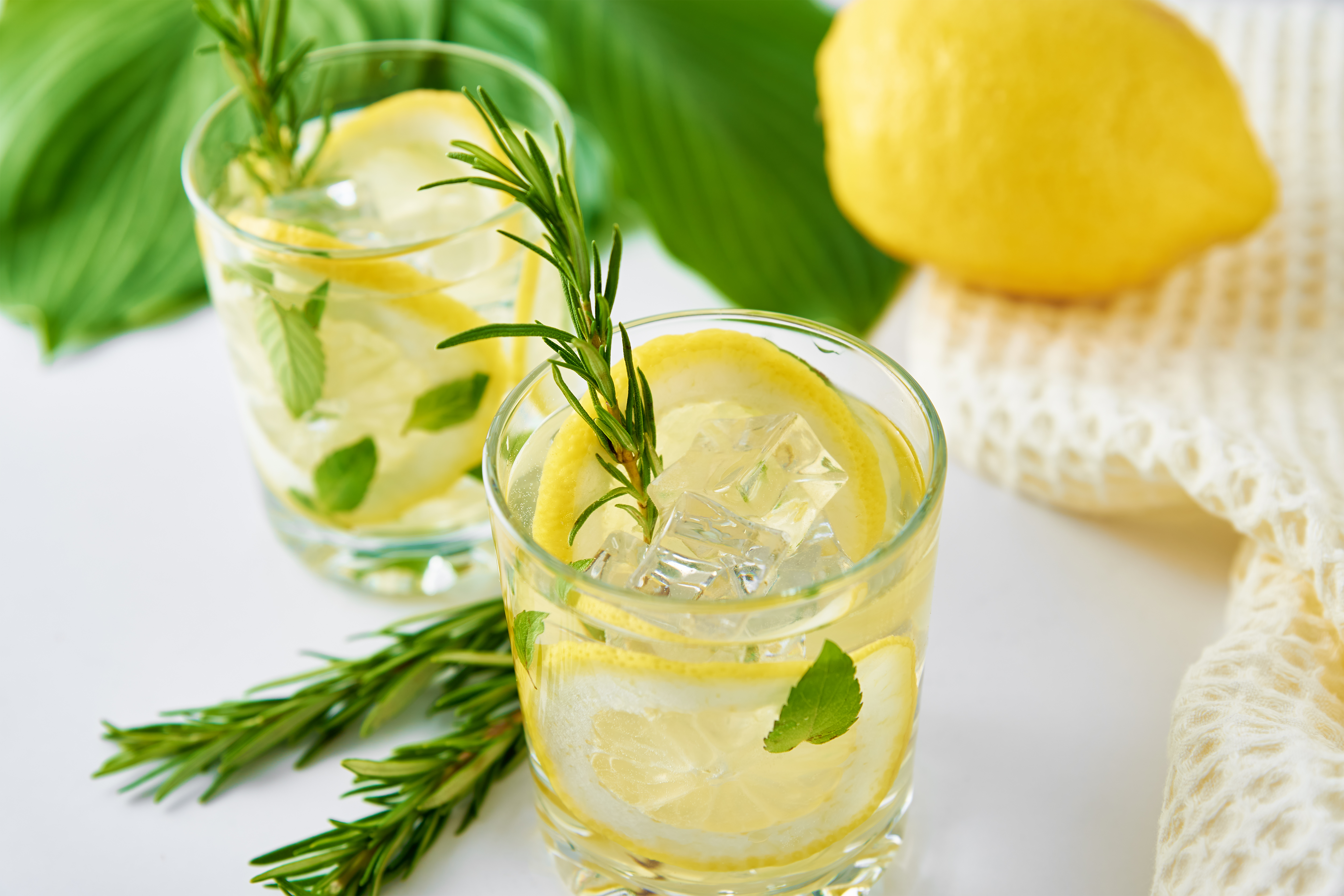
Citrus fruits such as oranges, lemons, and grapefruits are not just refreshing snacks; they are rich sources of vitamin C, a crucial nutrient for collagen synthesis. Vitamin C acts as a cofactor for enzymes involved in the stabilization and cross-linking of collagen molecules. Additionally, it helps neutralize free radicals, protecting collagen from oxidative stress. By incorporating a variety of citrus fruits into your diet, you can enhance your body's natural collagen production, promoting skin elasticity and resilience. Their tangy flavors also add a delightful zest to meals, making them a versatile addition to any diet.
2. Leafy Greens: The Chlorophyll Connection
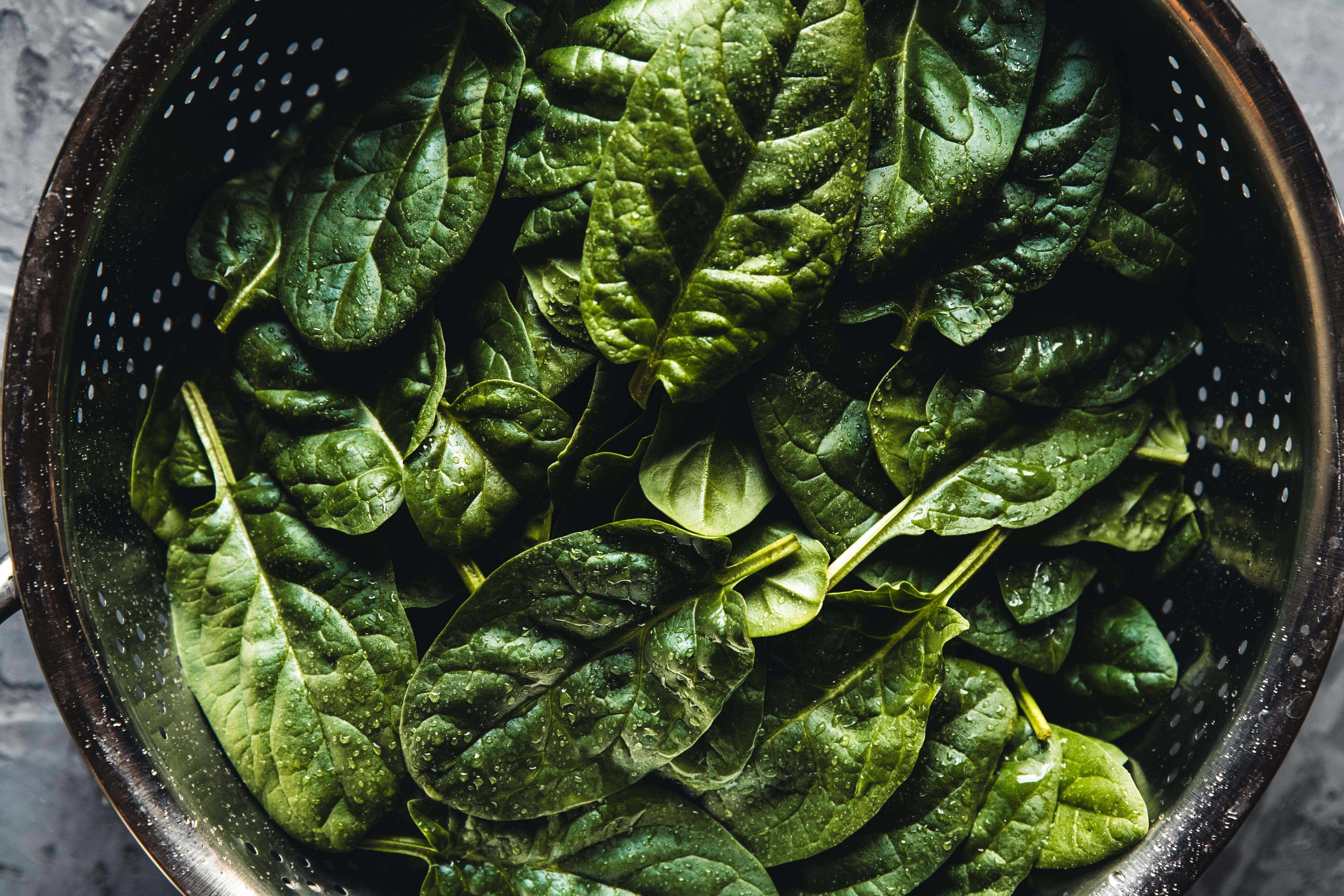
Leafy greens, including spinach, kale, and Swiss chard, are renowned for their high chlorophyll content, which has been shown to increase the precursor to collagen in the skin. Chlorophyll not only aids in collagen synthesis but also protects against UV damage, one of the primary culprits of collagen depletion. These greens are also packed with antioxidants and essential vitamins like A, C, and E, which further support skin health. By incorporating leafy greens into salads, smoothies, or as side dishes, you can naturally boost your collagen levels while enjoying a plethora of other health benefits.
3. Berries: Antioxidant-Rich Allies
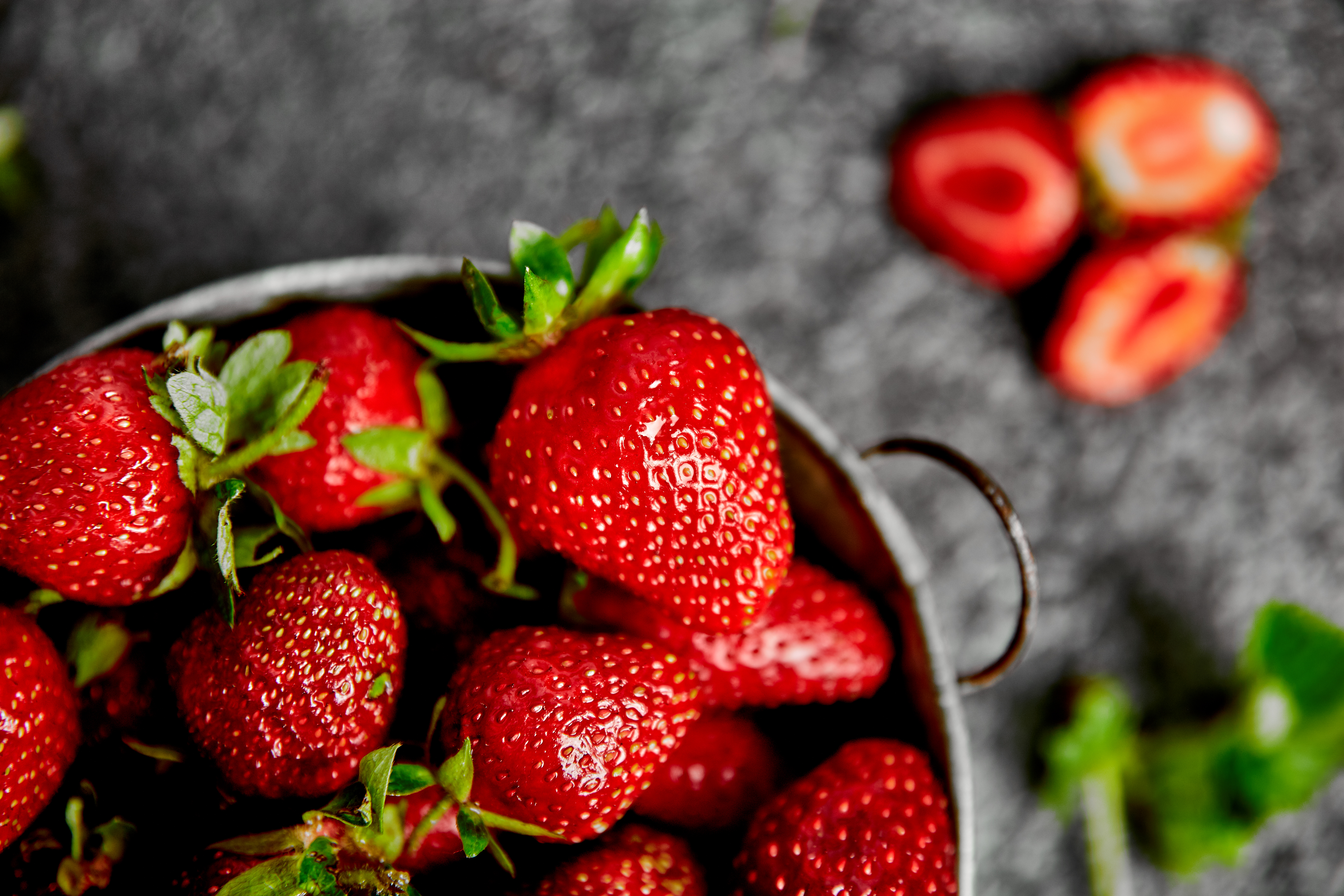
Berries such as strawberries, blueberries, and raspberries are small but mighty when it comes to collagen support. They are loaded with antioxidants, particularly anthocyanins, which help protect collagen from damage caused by free radicals. These antioxidants also promote the health of blood vessels, ensuring efficient delivery of nutrients to the skin. Berries are also a good source of vitamin C, further enhancing their collagen-boosting properties. Enjoy them fresh, in smoothies, or as a topping for yogurt and oatmeal, and let their natural sweetness contribute to a radiant complexion.
4. Nuts and Seeds: Omega-3 and Zinc Providers
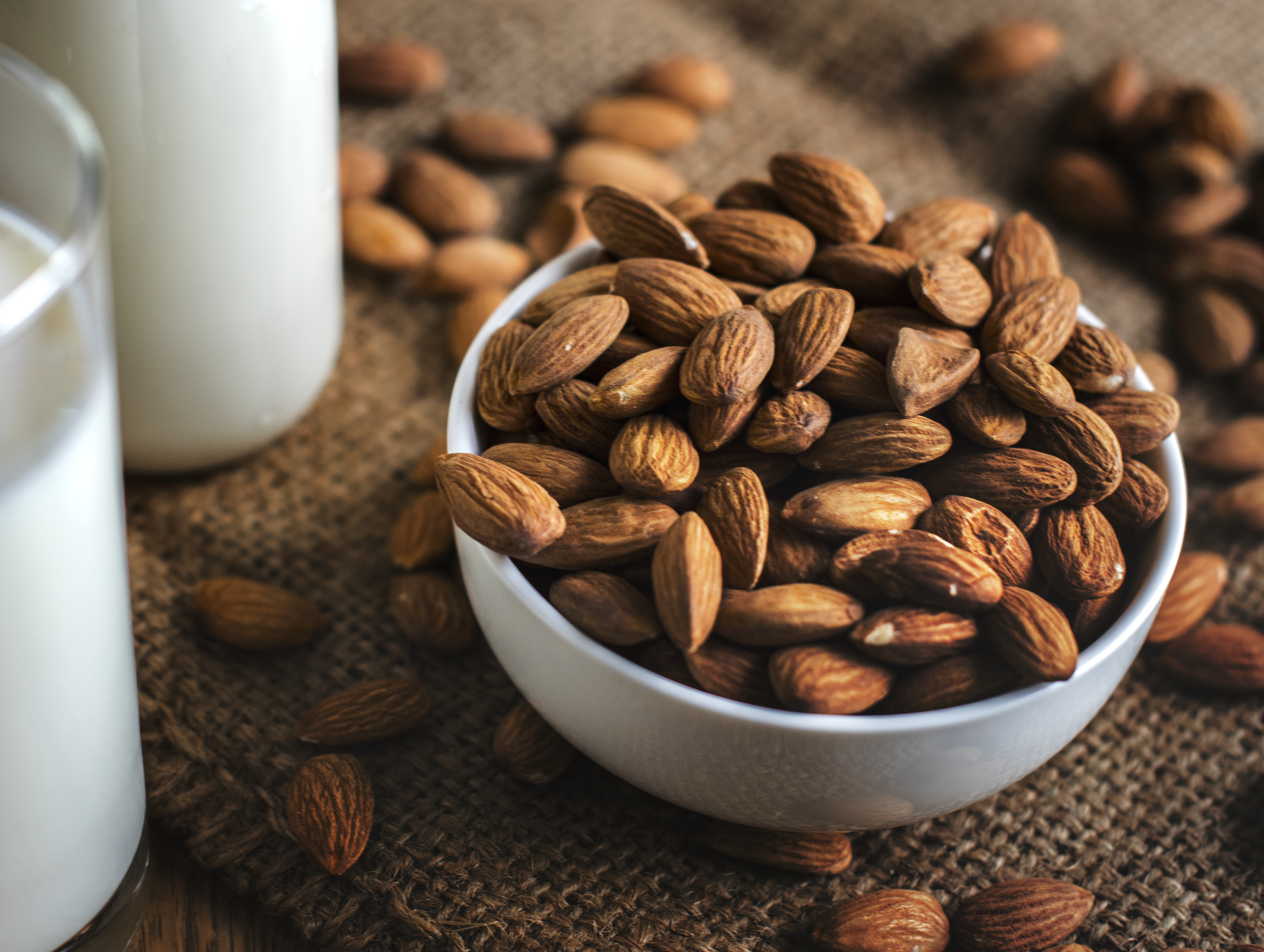
Nuts and seeds, including almonds, walnuts, and flaxseeds, are rich in omega-3 fatty acids and zinc, both vital for collagen production. Omega-3s help maintain skin moisture and elasticity, while zinc plays a role in collagen synthesis and repair. These nutrients work synergistically to support skin structure and reduce inflammation. Incorporating a handful of nuts and seeds into your daily diet, whether as a snack or sprinkled over dishes, can provide the essential fats and minerals needed for healthy collagen levels, contributing to a firmer, more youthful appearance.
5. Bone Broth: The Collagen Connoisseur
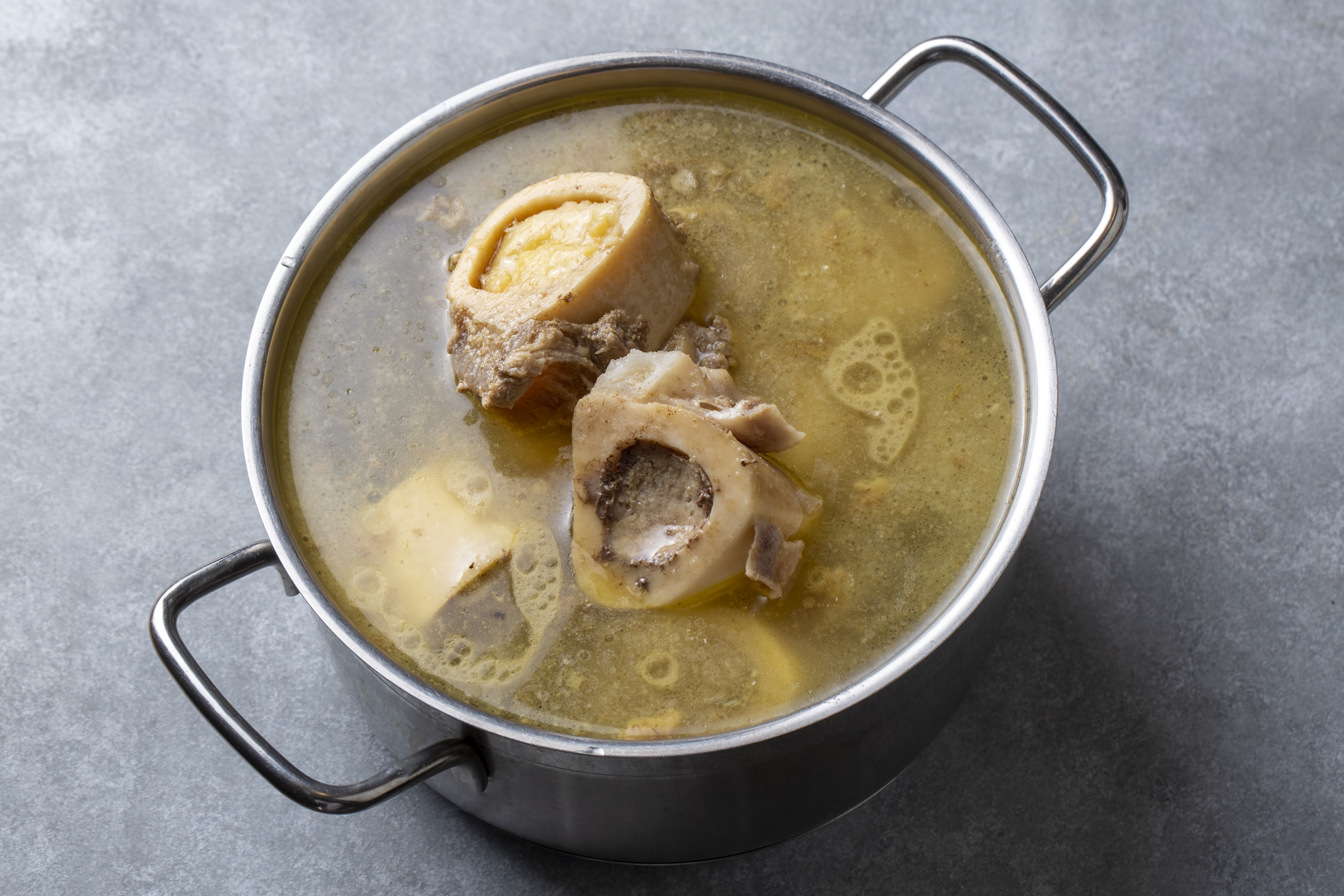
Bone broth has gained popularity as a natural source of collagen, derived from simmering animal bones and connective tissues. This process releases collagen into the broth, which can then be readily absorbed by the body. Drinking bone broth provides amino acids such as glycine and proline, which are critical building blocks of collagen. Regular consumption can support joint health, improve skin elasticity, and promote gut health. Whether sipped as a warm beverage or used as a base for soups and stews, bone broth is a time-honored remedy for boosting collagen naturally.
6. Garlic: The Sulfur-Rich Enhancer
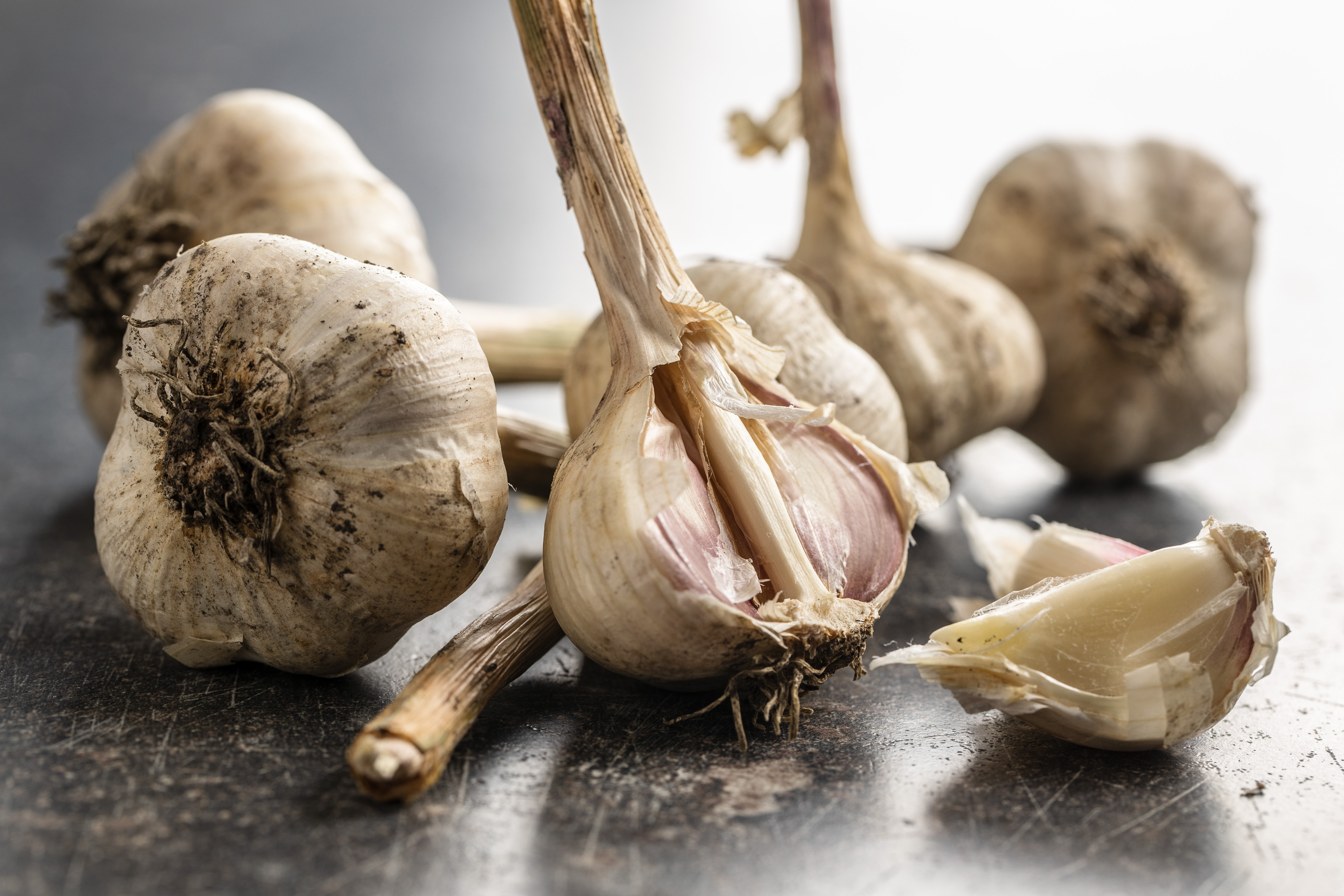
Garlic, with its potent flavor and myriad health benefits, is a surprising ally in collagen production. It is rich in sulfur, a trace mineral that helps synthesize and prevent the breakdown of collagen. Garlic also contains taurine and lipoic acid, which support damaged collagen fibers. Incorporating garlic into your cooking not only enhances the flavor of dishes but also provides a natural means of supporting collagen synthesis. Whether used in sauces, dressings, or as a seasoning, garlic's health-promoting properties make it a valuable addition to a collagen-friendly diet.
7. Tomatoes: Lycopene's Protective Role
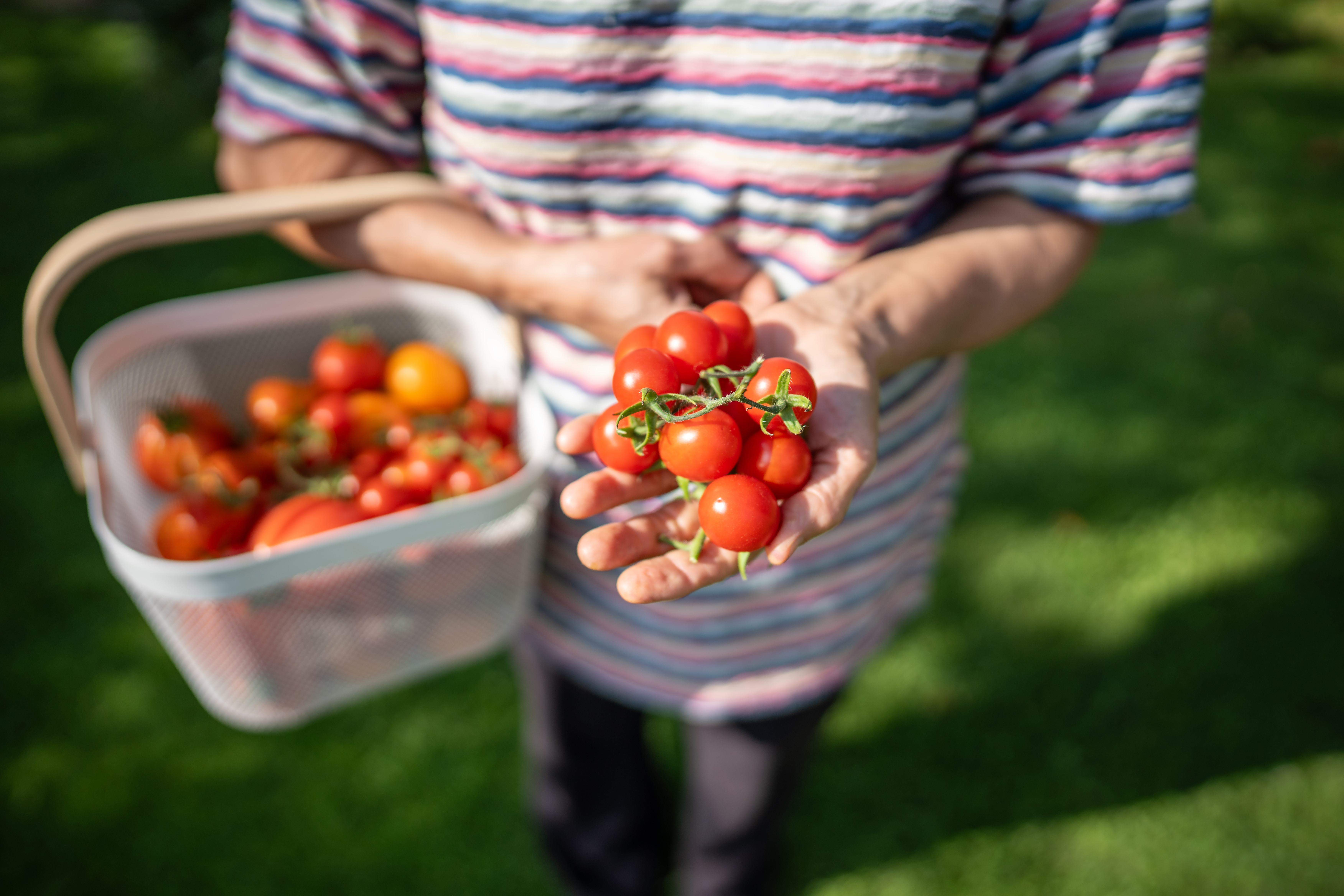
Tomatoes are a versatile fruit that offers a wealth of nutrients beneficial for collagen production. They are particularly high in lycopene, a powerful antioxidant that protects the skin from UV damage and collagen breakdown. Lycopene also enhances the skin's natural defenses and promotes a youthful appearance. Cooking tomatoes, such as in sauces or soups, increases the bioavailability of lycopene, making it easier for the body to absorb. By adding tomatoes to your diet, you can enjoy their savory taste while reaping the benefits of improved skin health and collagen protection.
8. Avocados: The Healthy Fat Facilitator
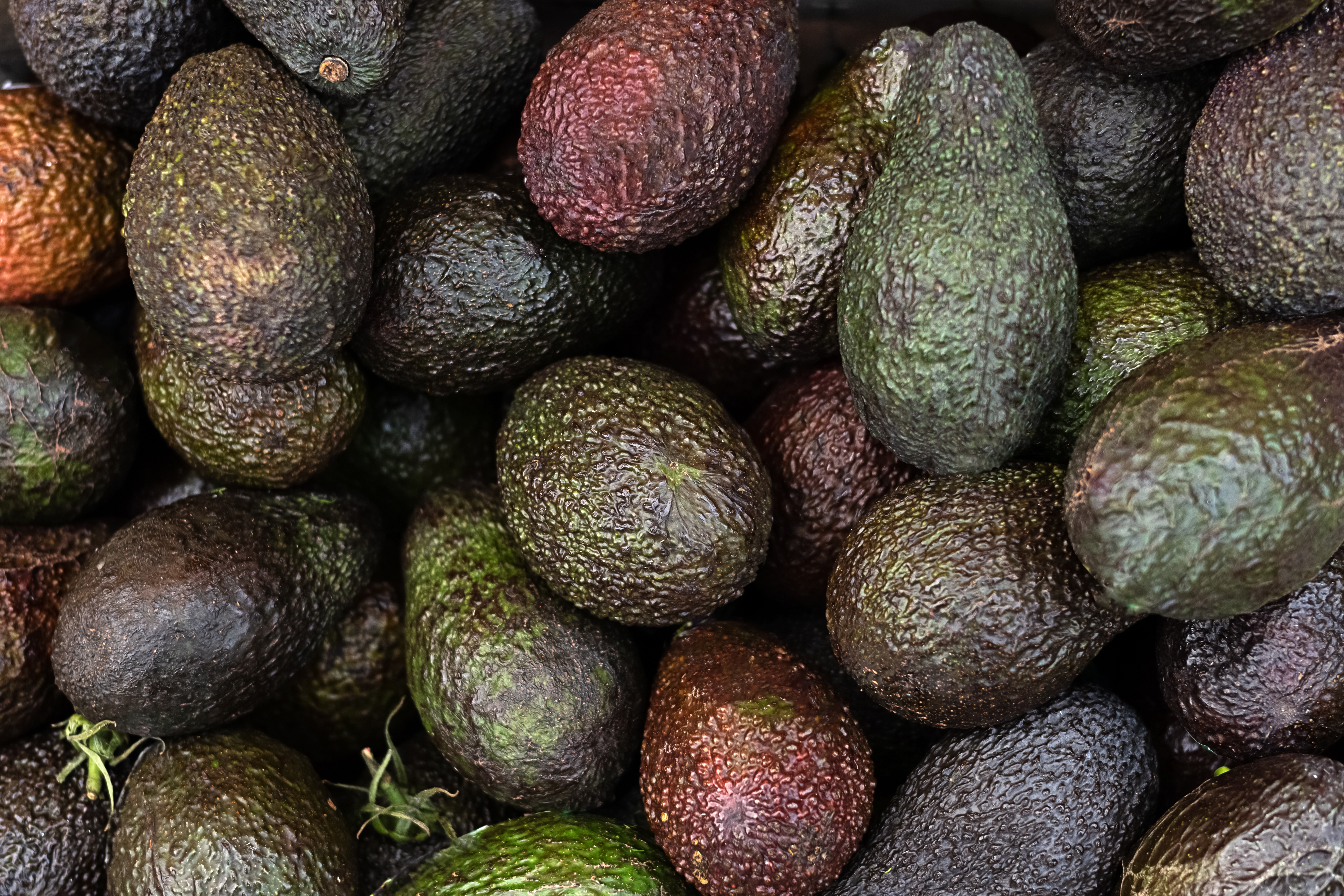
Avocados are celebrated for their creamy texture and rich content of healthy fats, particularly monounsaturated fats, which are essential for maintaining skin moisture and elasticity. They also contain vitamin E, a powerful antioxidant that helps protect collagen from oxidative damage. The combination of these nutrients supports the skin's structural integrity and promotes a supple, youthful appearance. Enjoy avocados in salads, spreads, or smoothies to harness their collagen-supporting benefits while indulging in their delicious taste and creamy consistency.
9. Carrots: Beta-Carotene's Contribution
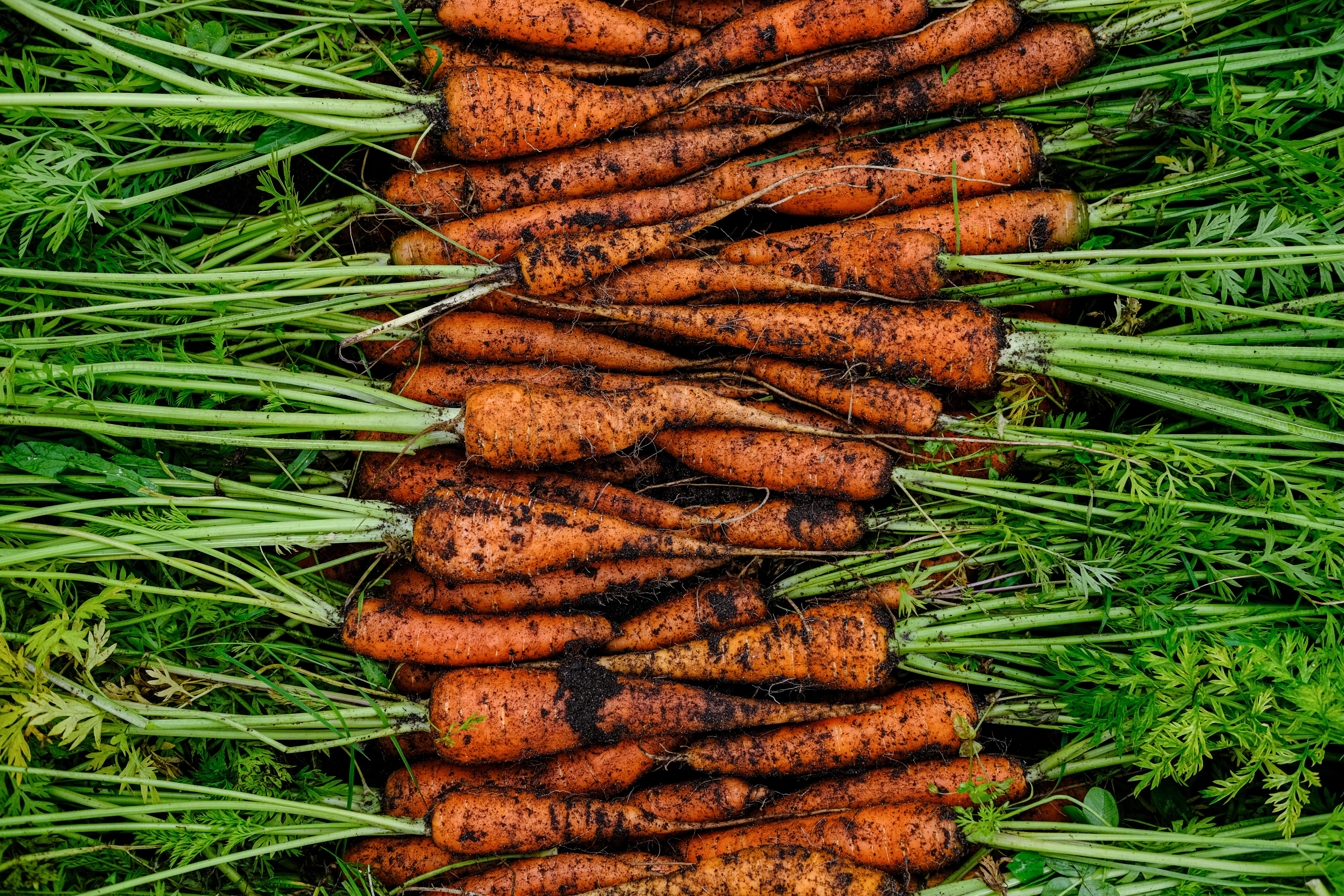
Carrots, with their vibrant orange hue, are a rich source of beta-carotene, a precursor to vitamin A, which is vital for skin health and collagen production. Vitamin A helps repair and maintain skin tissues, supporting the body's natural ability to produce collagen. Carrots also contain antioxidants that protect the skin from environmental damage. Whether consumed raw, roasted, or juiced, carrots offer a sweet and crunchy way to enhance your diet with nutrients that support collagen synthesis and promote a glowing complexion.
10. Eggs: The Amino Acid Abundance
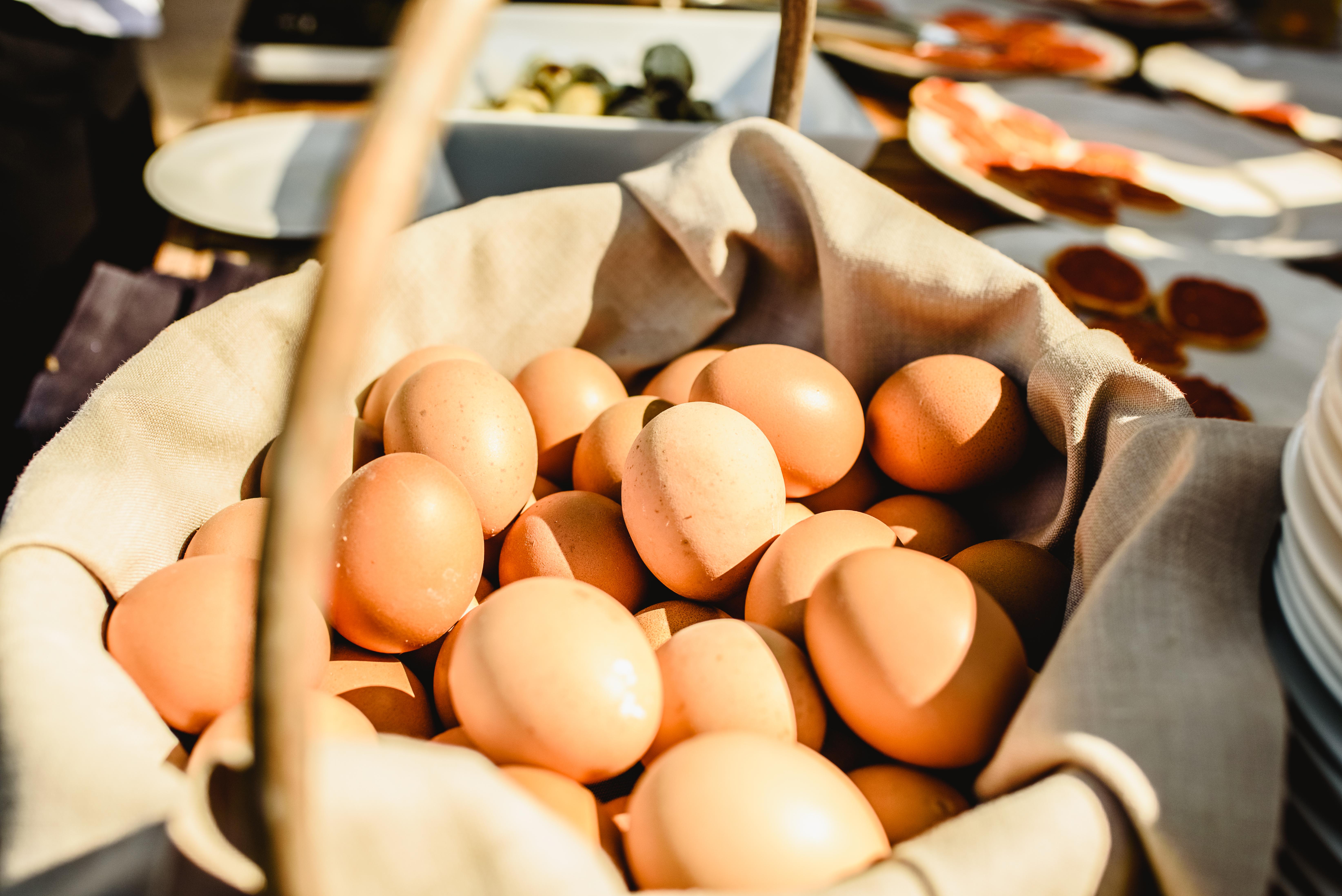
Eggs are a complete protein source, providing all the essential amino acids needed for collagen production. They are particularly rich in proline and glycine, which are directly involved in collagen synthesis. Eggs also contain sulfur, which supports the formation of collagen and keratin, vital for skin, hair, and nail health. Incorporating eggs into your diet, whether scrambled, boiled, or in omelets, offers a simple and effective way to supply your body with the building blocks necessary for maintaining healthy collagen levels.
11. Red Bell Peppers: The Vitamin C and Capsaicin Combo
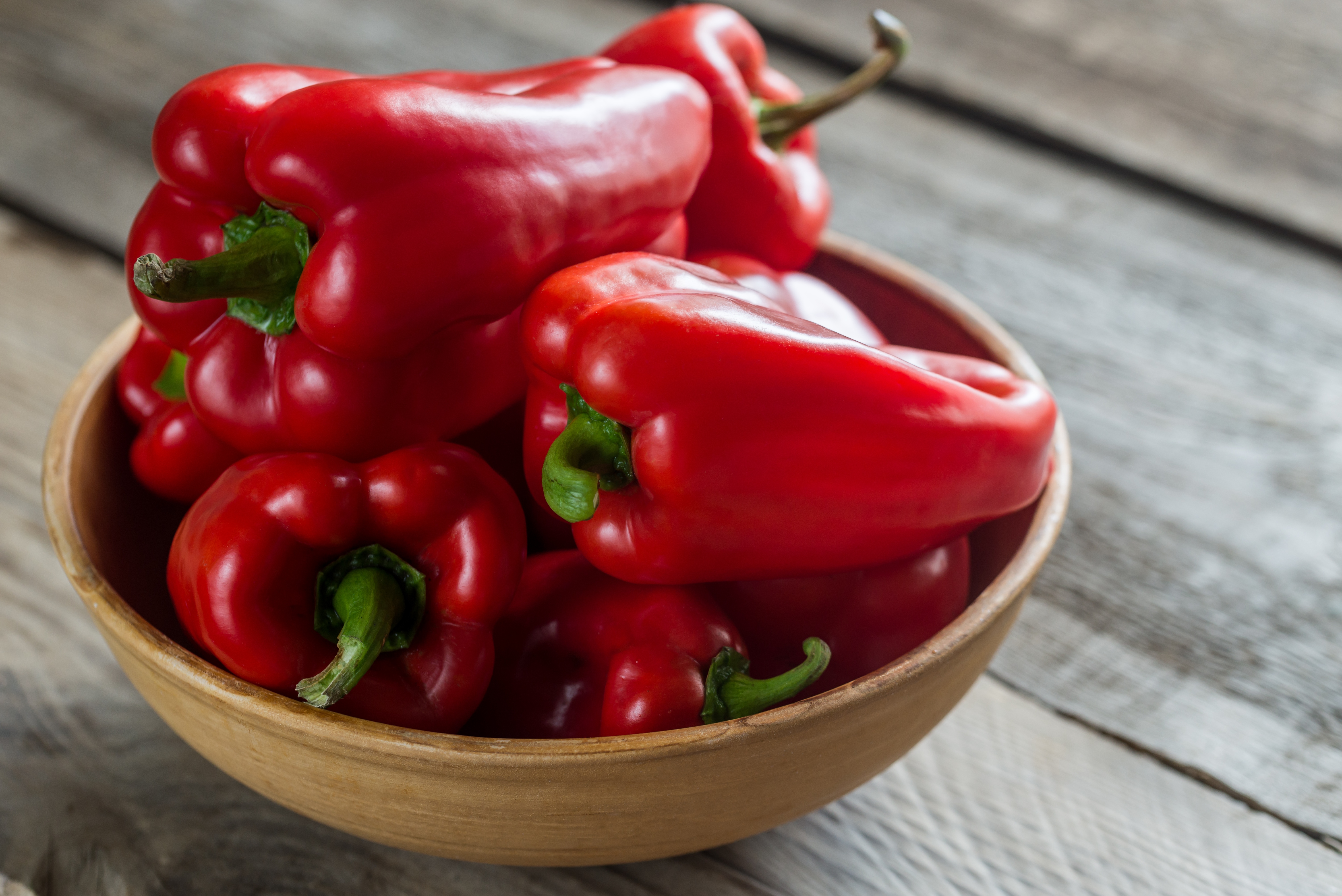
Red bell peppers are a vibrant addition to any meal, offering a generous supply of vitamin C, which is essential for collagen synthesis. They also contain capsaicin, which promotes healthy blood circulation and supports the delivery of nutrients to the skin. The combination of these nutrients helps protect existing collagen and supports the body's natural production processes. Enjoy red bell peppers raw in salads, roasted as a side dish, or blended into sauces to take advantage of their collagen-boosting properties and enhance the flavor of your dishes.
12. Soy Products: The Isoflavone Advantage
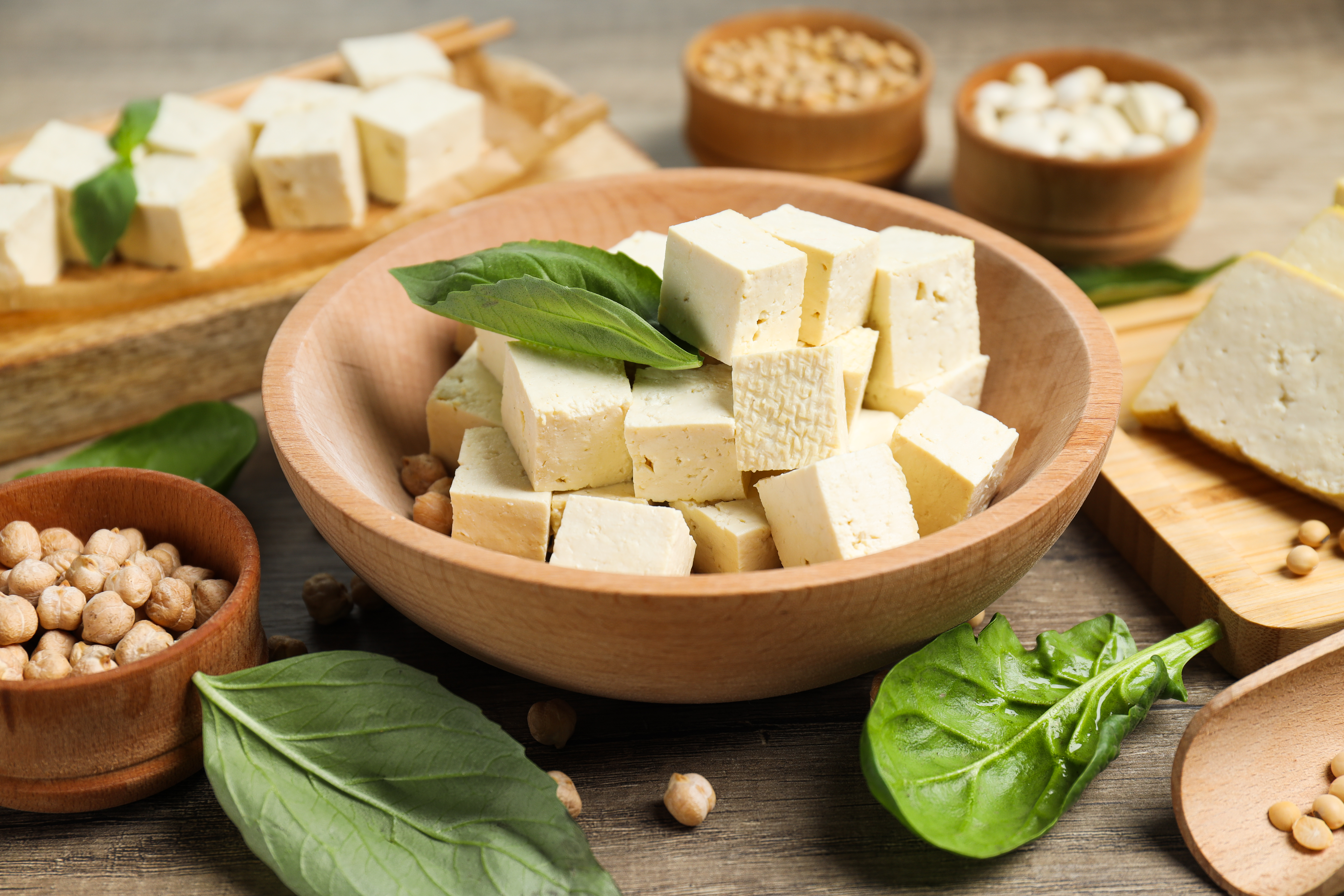
Soy products, including tofu, tempeh, and soy milk, are rich in isoflavones, plant compounds that have been shown to support collagen production and improve skin elasticity. Isoflavones mimic estrogen in the body, which can help maintain collagen levels, particularly in post-menopausal women. These compounds also offer antioxidant benefits, protecting the skin from oxidative stress. Incorporating soy products into your diet can provide a plant-based protein source while supporting collagen synthesis and promoting a youthful, firm complexion.
13. Shellfish: The Mineral Marvel
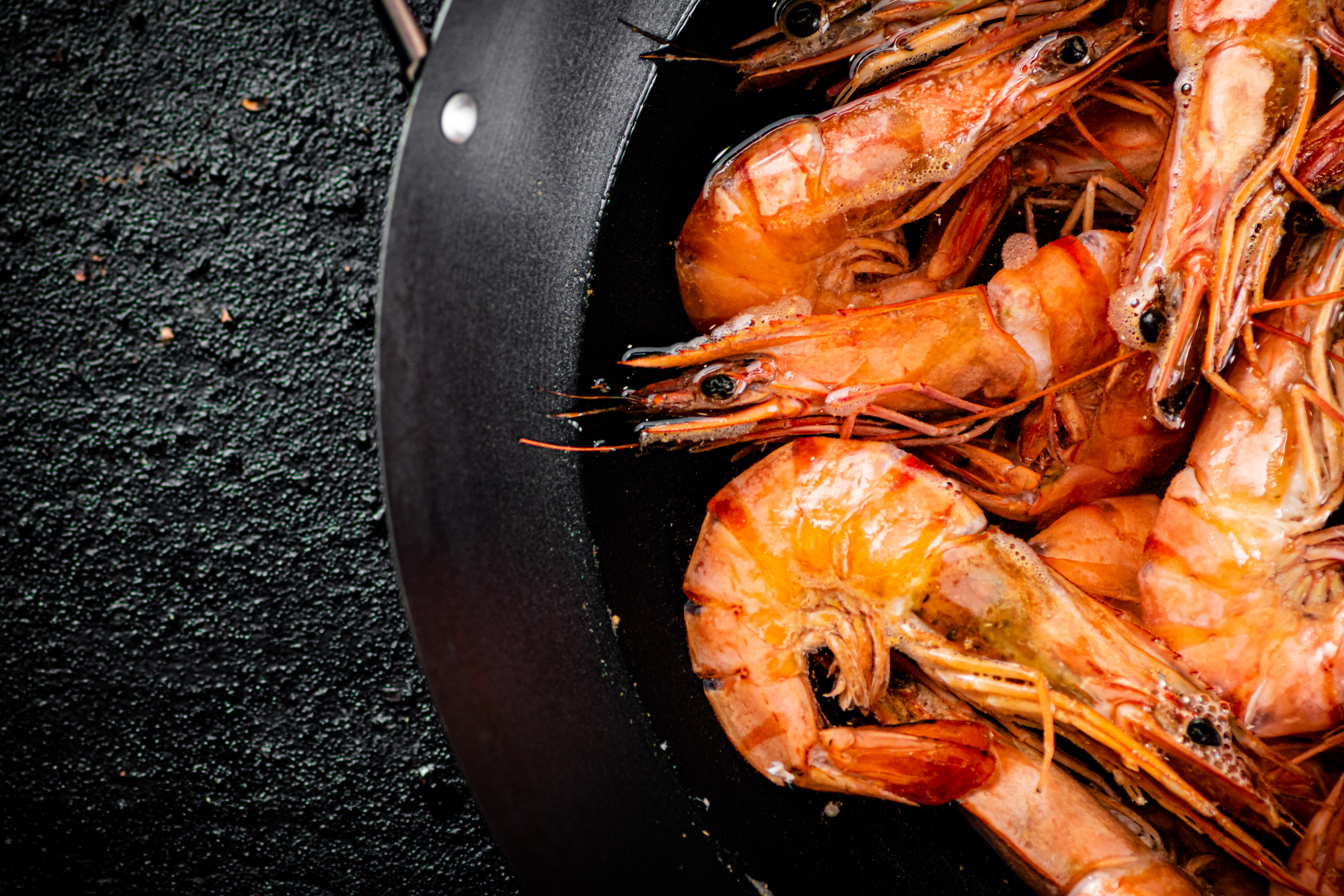
Shellfish, such as shrimp, crab, and oysters, are excellent sources of zinc and copper, minerals essential for collagen production. Zinc plays a critical role in collagen synthesis and repair, while copper helps form the collagen matrix and supports skin elasticity. These minerals also offer antioxidant protection, safeguarding collagen from environmental damage. Including shellfish in your diet can provide these vital nutrients, supporting healthy skin and joint function. Whether enjoyed as a main course or in seafood dishes, shellfish offer a delicious way to nurture your body's collagen needs.
14. Sweet Potatoes: A Vitamin A Champion
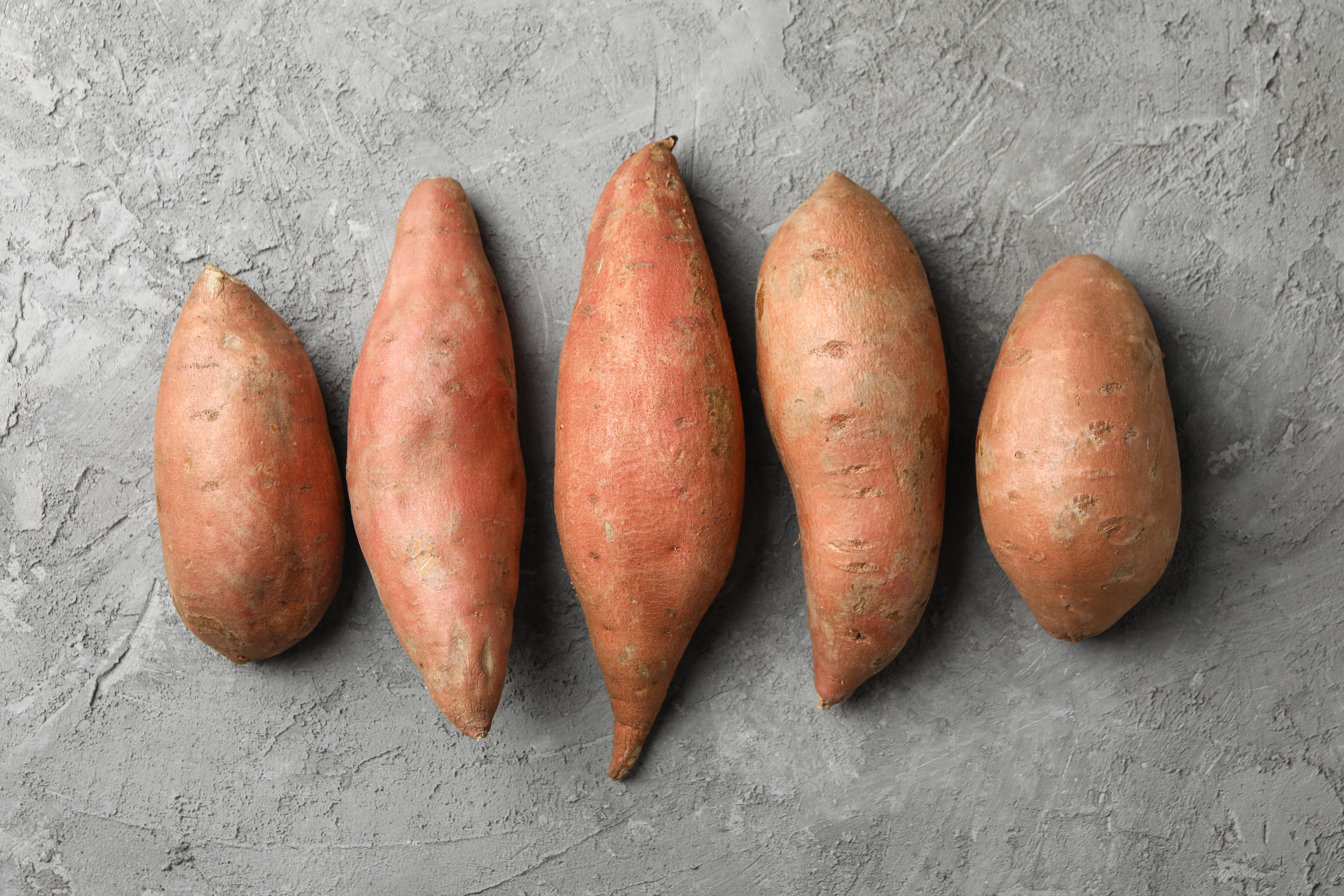
Sweet potatoes are a delicious source of beta-carotene, which your body converts into vitamin A. This vitamin plays a crucial role in the production and repair of skin cells and, consequently, collagen. Vitamin A helps restore damaged collagen fibers, ensuring your skin remains firm and supple. They also contain antioxidants that protect against environmental damage. Whether roasted, mashed, or baked, sweet potatoes offer a naturally sweet and nutrient-dense way to support your body's collagen synthesis, contributing to a healthy, youthful glow from the inside out.
15. Chicken: The Collagen Connoisseur's Cut
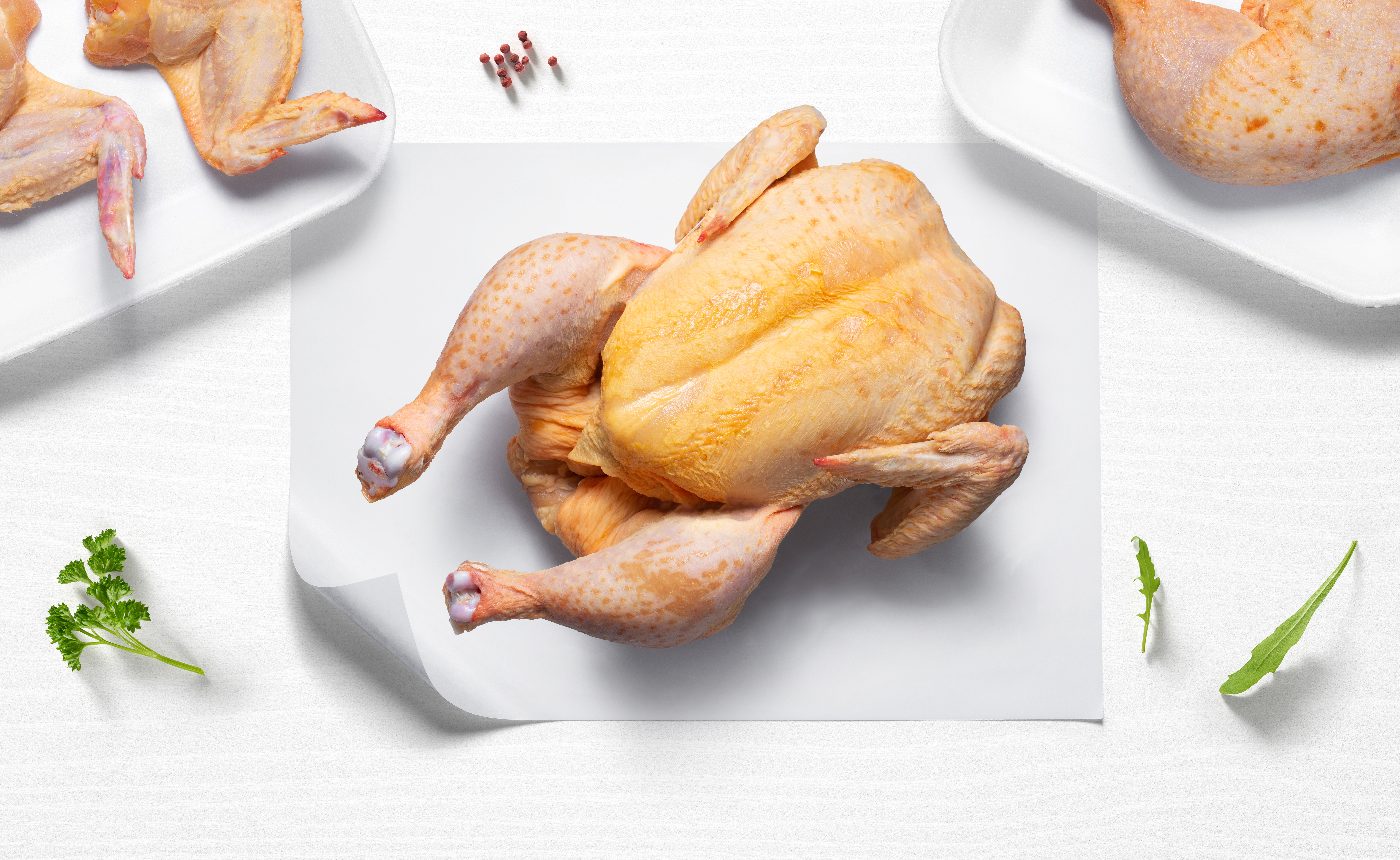
Chicken skin, feet, and connective tissues contain high amounts of collagen, which, when consumed, provide the body with essential amino acids like glycine and proline. These amino acids are the direct building blocks for new collagen production. By incorporating these parts of the chicken into your diet—perhaps through slow-cooked stews or broths—you're not just getting protein but a concentrated dose of the very material your body uses to build and maintain healthy skin, joints, and connective tissue.
16. Kiwifruit: A Surprising Vitamin C Star
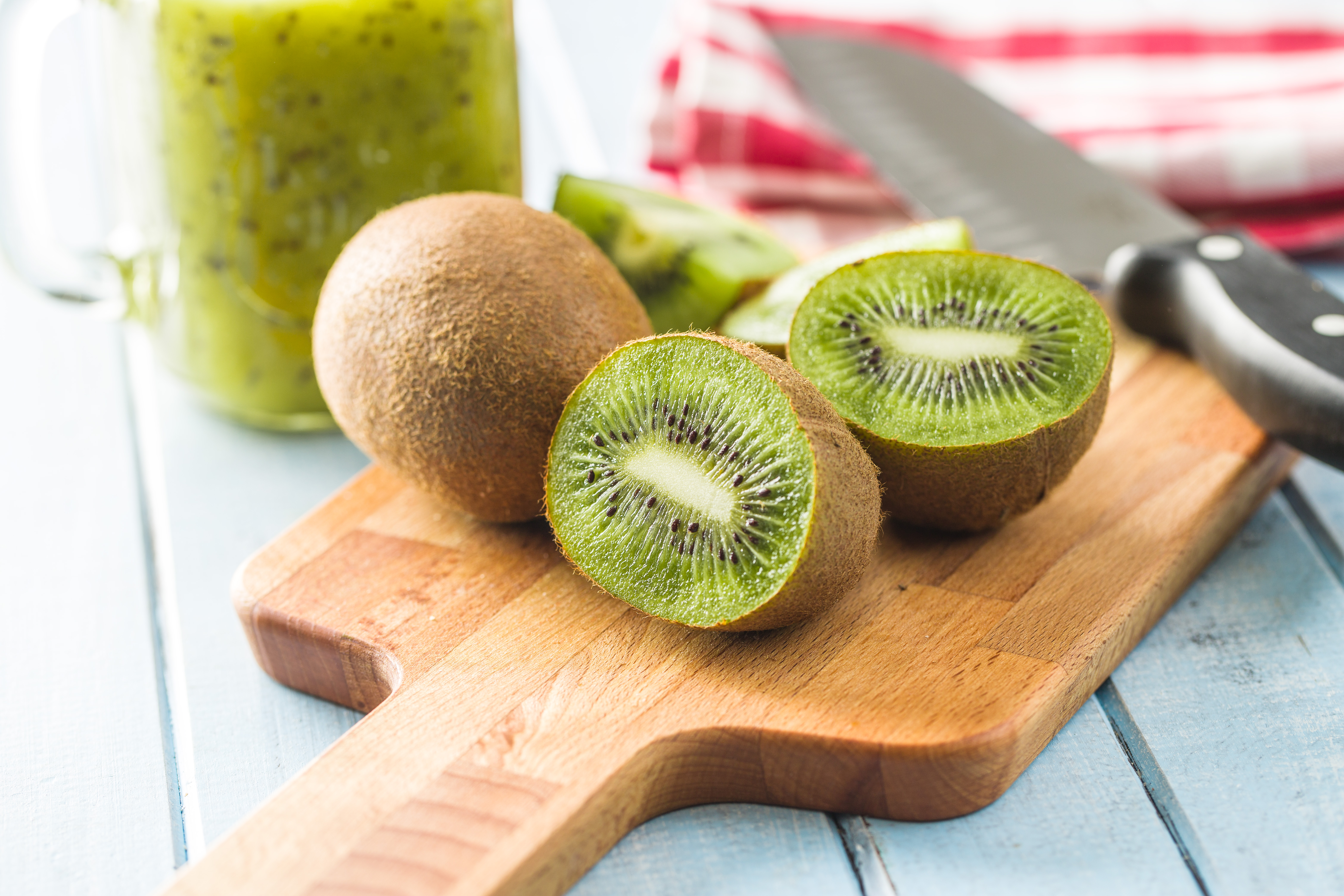
Kiwifruit is often overlooked, but this small fruit is a potent source of Vitamin C, surpassing even an orange. Vitamin C is a critical co-factor for the enzymes that produce and stabilize collagen, making it an indispensable nutrient for skin elasticity and joint health. Kiwis also contain antioxidants that fight free radicals, protecting existing collagen from damage. Their vibrant green flesh and unique flavor make them a delicious addition to your diet, whether enjoyed on their own, in a fruit salad, or blended into a smoothie, providing a powerful, natural boost to your collagen production.
17. Onions: The Sulfur Synergy
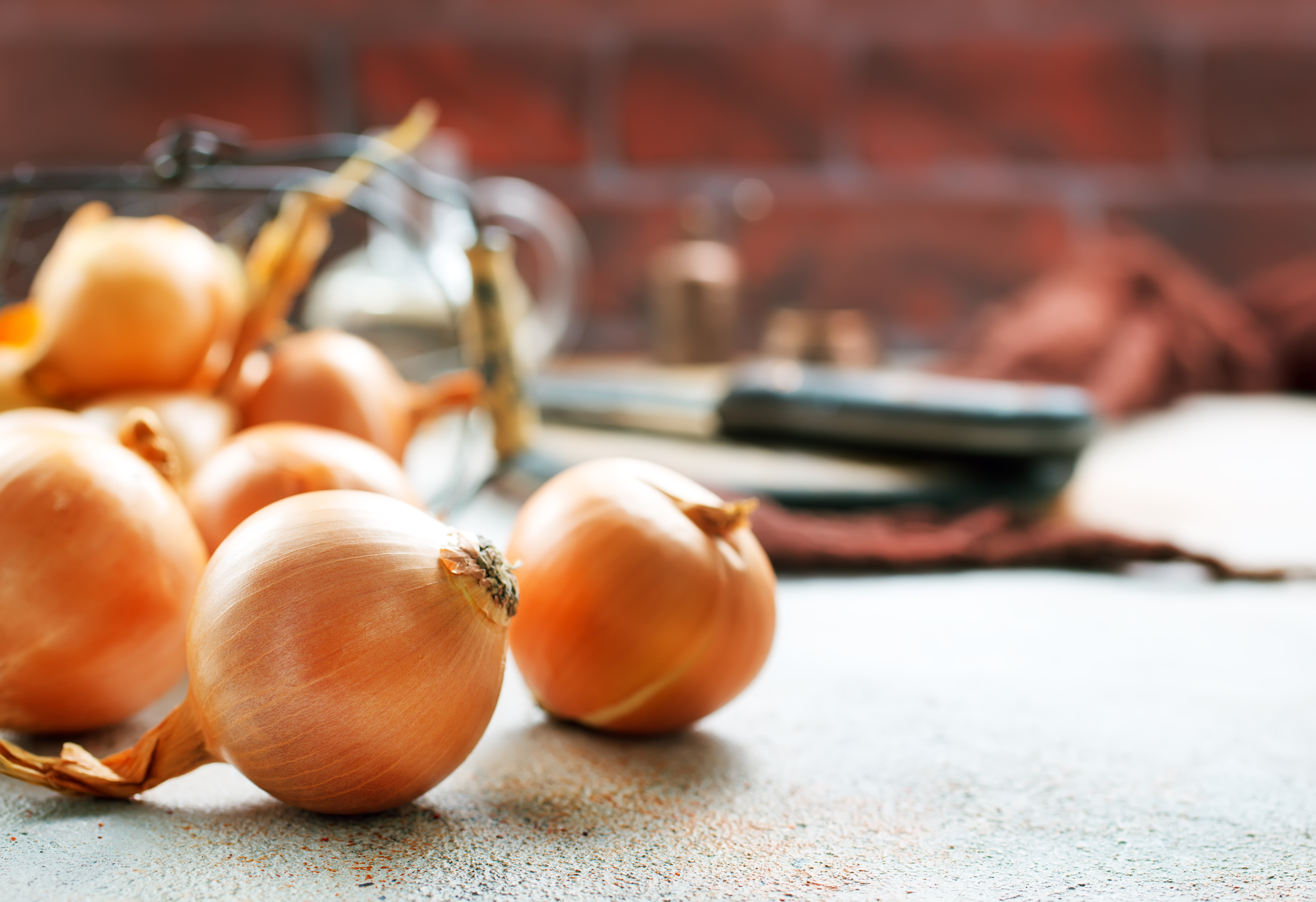
Similar to garlic, onions are a sulfur-rich food that supports collagen health. Sulfur is a crucial mineral that helps in the synthesis of collagen and, more importantly, prevents its breakdown. Onions also contain quercetin, an antioxidant that helps fight inflammation and protect collagen fibers from damage. By adding onions to your cooking—whether sautéed, roasted, or raw in salads—you're not just adding flavor but also providing your body with a natural compound that supports the structural integrity of your collagen, contributing to firmer skin and stronger connective tissues.
18. Mushrooms: The Mineral and Antioxidant Allies
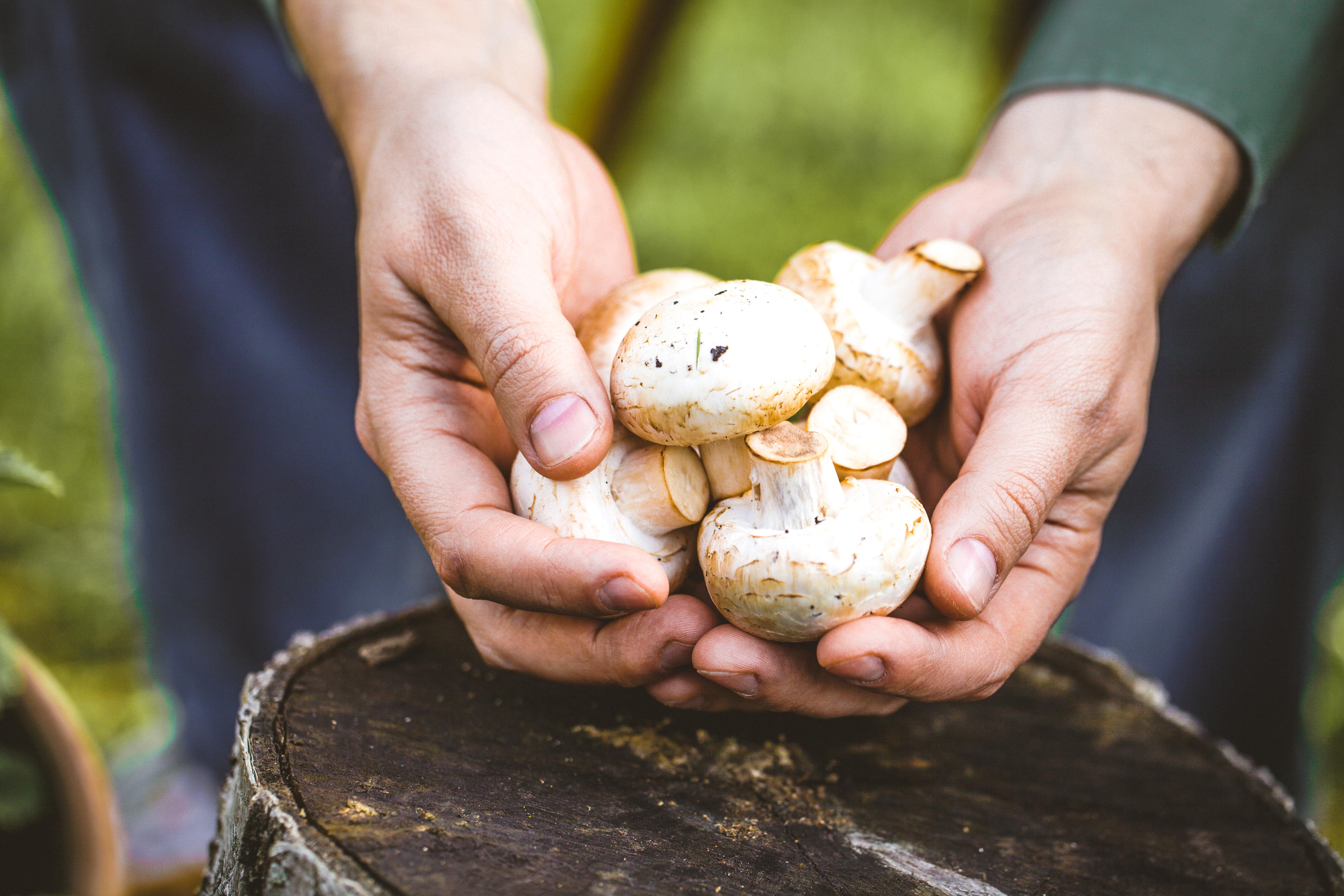
Mushrooms, especially varieties like shiitake and oyster, are a fantastic addition to a collagen-boosting diet, though they do not contain collagen themselves. They are rich in copper, a mineral that helps form the collagen matrix, and they also contain ergothioneine, a powerful antioxidant that protects against cellular damage and inflammation. Mushrooms also provide a good source of B vitamins and selenium, which support overall health. By incorporating them into your meals, you provide your body with the essential co-factors and antioxidants it needs to produce, maintain, and protect healthy collagen.
19. Oysters: The Ultimate Zinc and Copper Source
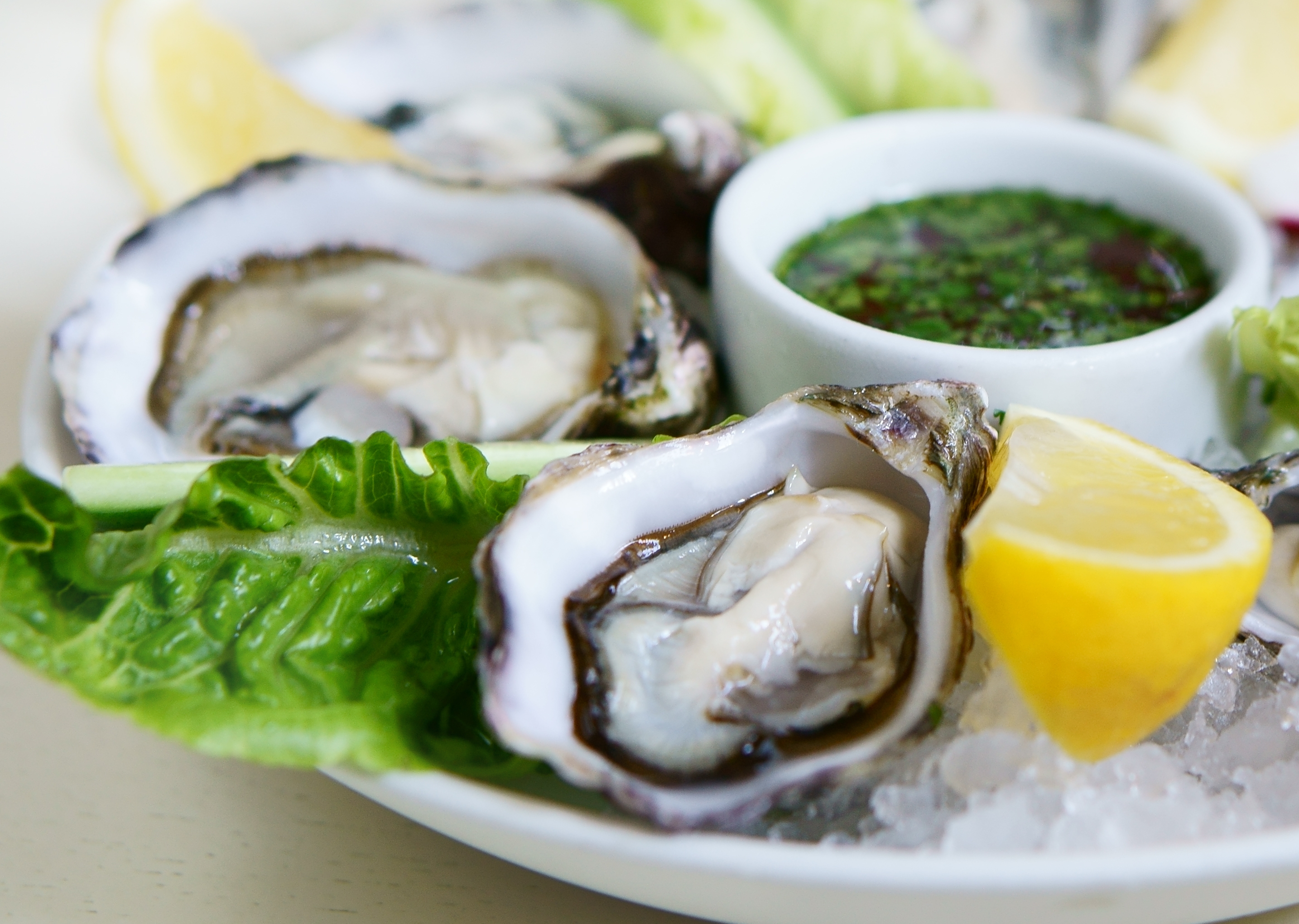
While our list mentions shellfish, oysters deserve their own spotlight as one of the richest dietary sources of zinc and copper—two minerals that are absolutely essential for collagen production. Zinc is a critical cofactor for enzymes that synthesize collagen, while copper helps form the collagen matrix itself, ensuring the protein's structural integrity. Oysters also contain a complete amino acid profile, making them a premium building block for all connective tissues. A small, intentional serving provides a potent mineral punch to directly support your body's collagen-building machinery.
20. Oats: The Silicon-Rich Staple
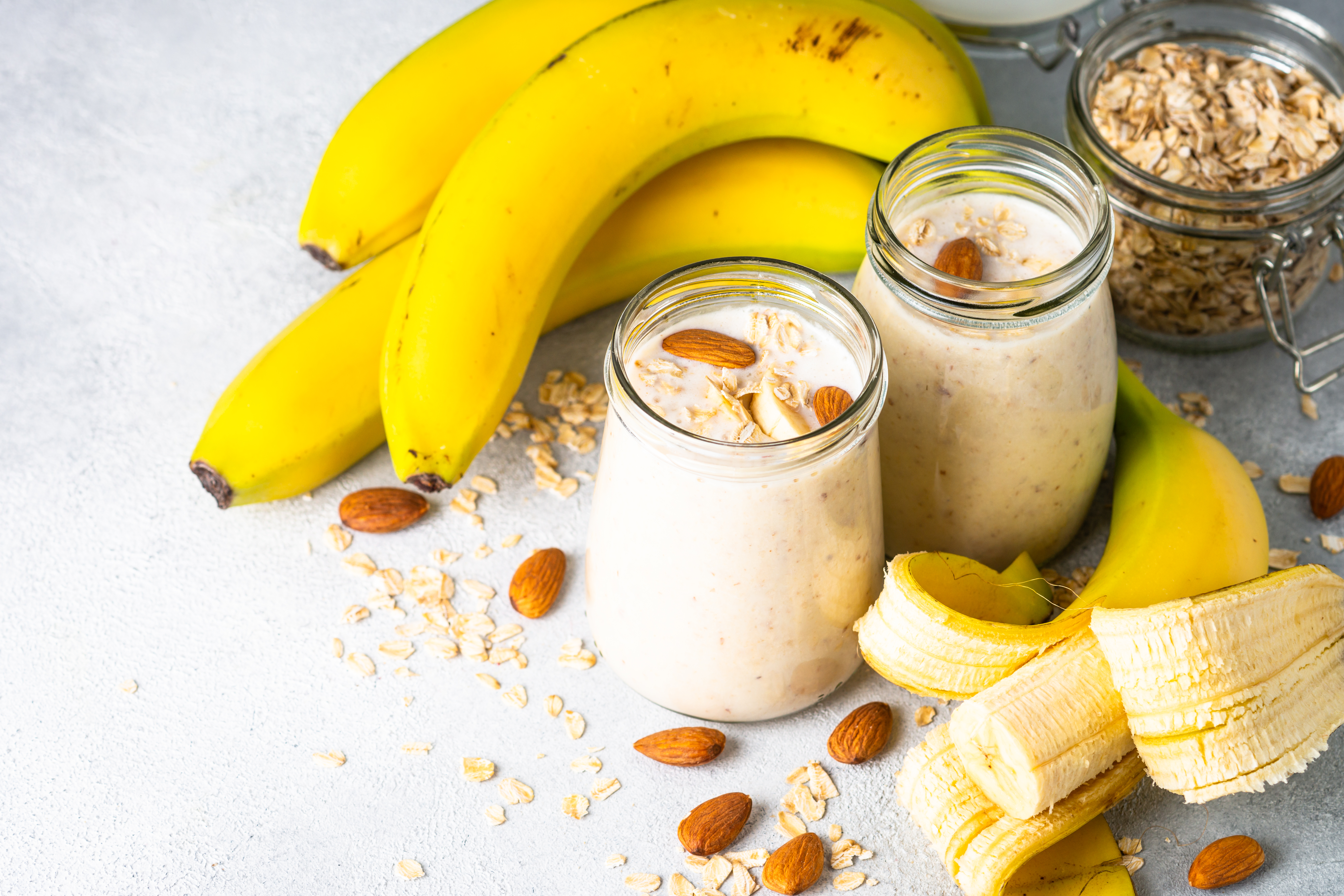
Oats, a breakfast staple, don’t contain collagen but provide a key nutrient that supports its formation: silicon. Silicon, or silica, is a trace mineral that plays a crucial role in forming the structural matrix of collagen and is necessary for skin and bone health. A diet rich in silicon helps reinforce connective tissue, improving skin elasticity and bone density. By making oats a regular part of your diet—whether in overnight oats, porridge, or baked goods—you provide your body with the fundamental building blocks it needs to produce and maintain healthy collagen levels.
21. Pomegranate: The Ellagic Acid Protector
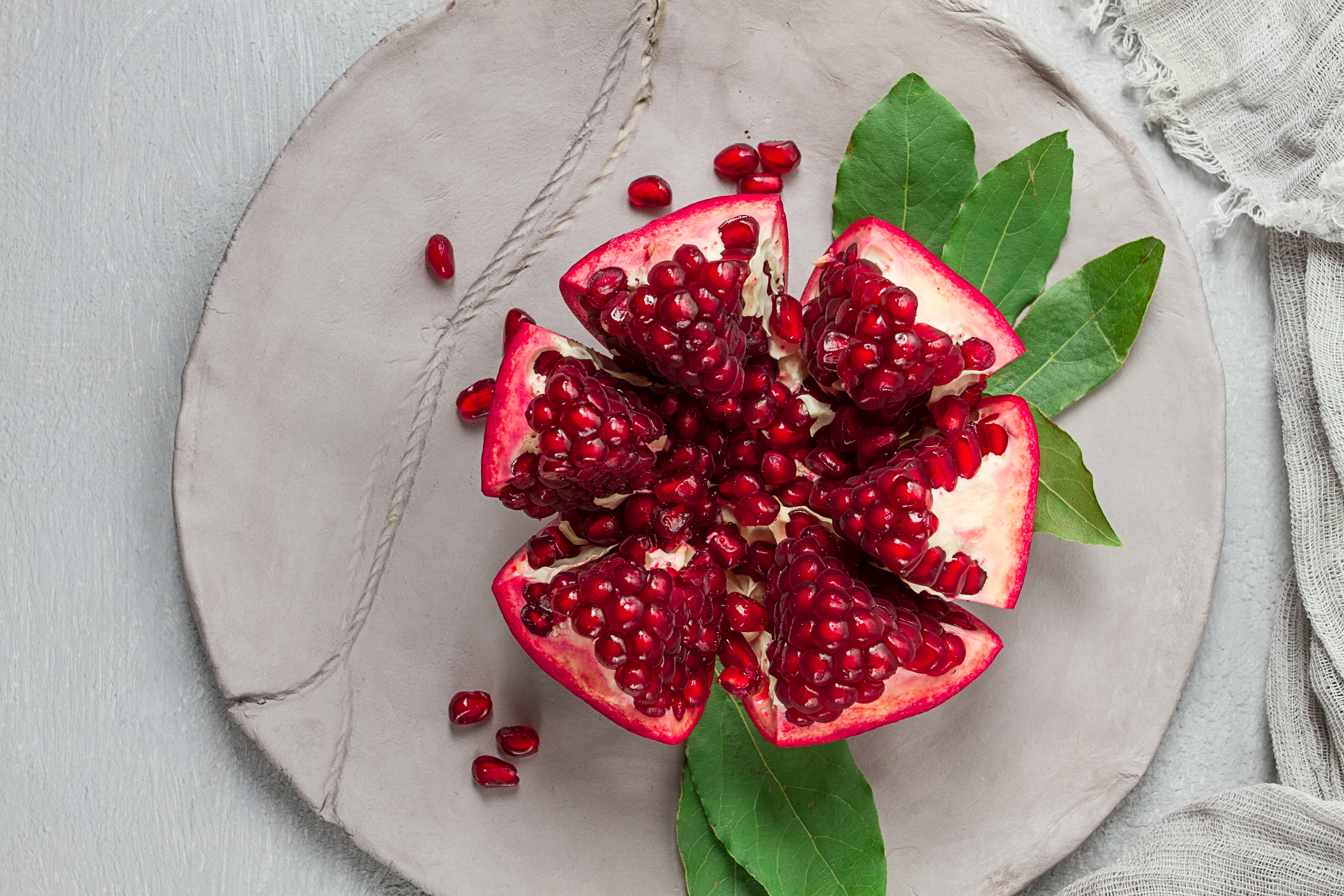
Pomegranate is a vibrant, antioxidant-packed fruit that goes beyond providing a basic boost. It contains a unique compound called ellagic acid, which has been shown to protect collagen from degradation caused by UV rays. Pomegranate also contains punicalagins, which are powerful antioxidants that protect the body from free radicals and reduce inflammation. Whether enjoyed as a juice, a snack, or a topping for salads, pomegranate offers a delicious way to both support collagen production and safeguard the existing collagen in your skin.
22. Broccoli: The Vitamin C and Chlorophyll Combo
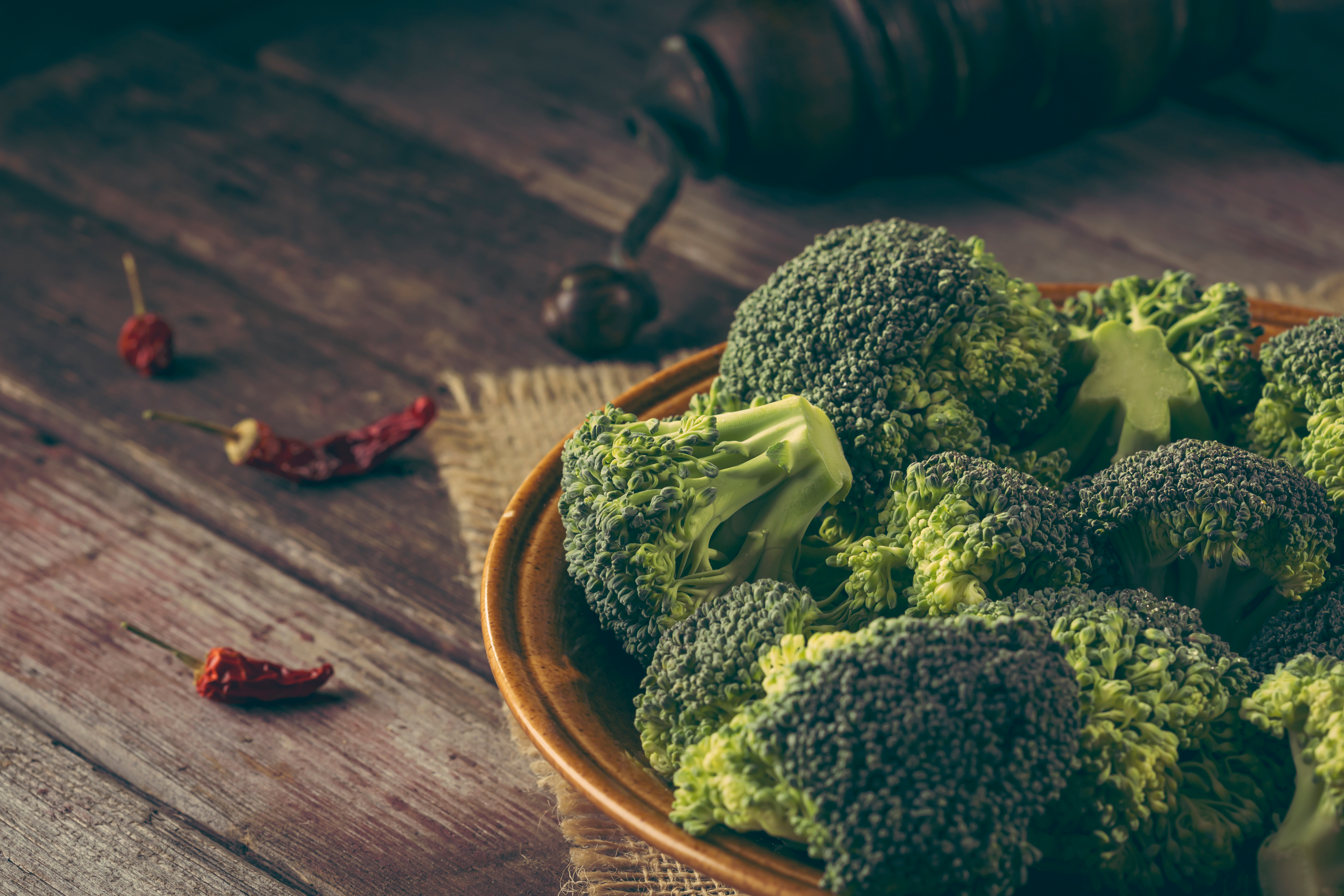
Broccoli is a nutritional powerhouse that offers a great combination of collagen-supporting nutrients. It's an excellent source of Vitamin C, a critical cofactor for collagen synthesis, and it also contains chlorophyll, which helps increase the precursor to collagen in the skin. Additionally, broccoli is rich in sulforaphane, a compound that has been shown to reduce oxidative stress and inflammation, which can protect existing collagen from damage. By incorporating broccoli into your diet, you provide your body with a powerful, two-pronged approach to collagen health.
23. Spirulina: The Algae Amino Acid Stack
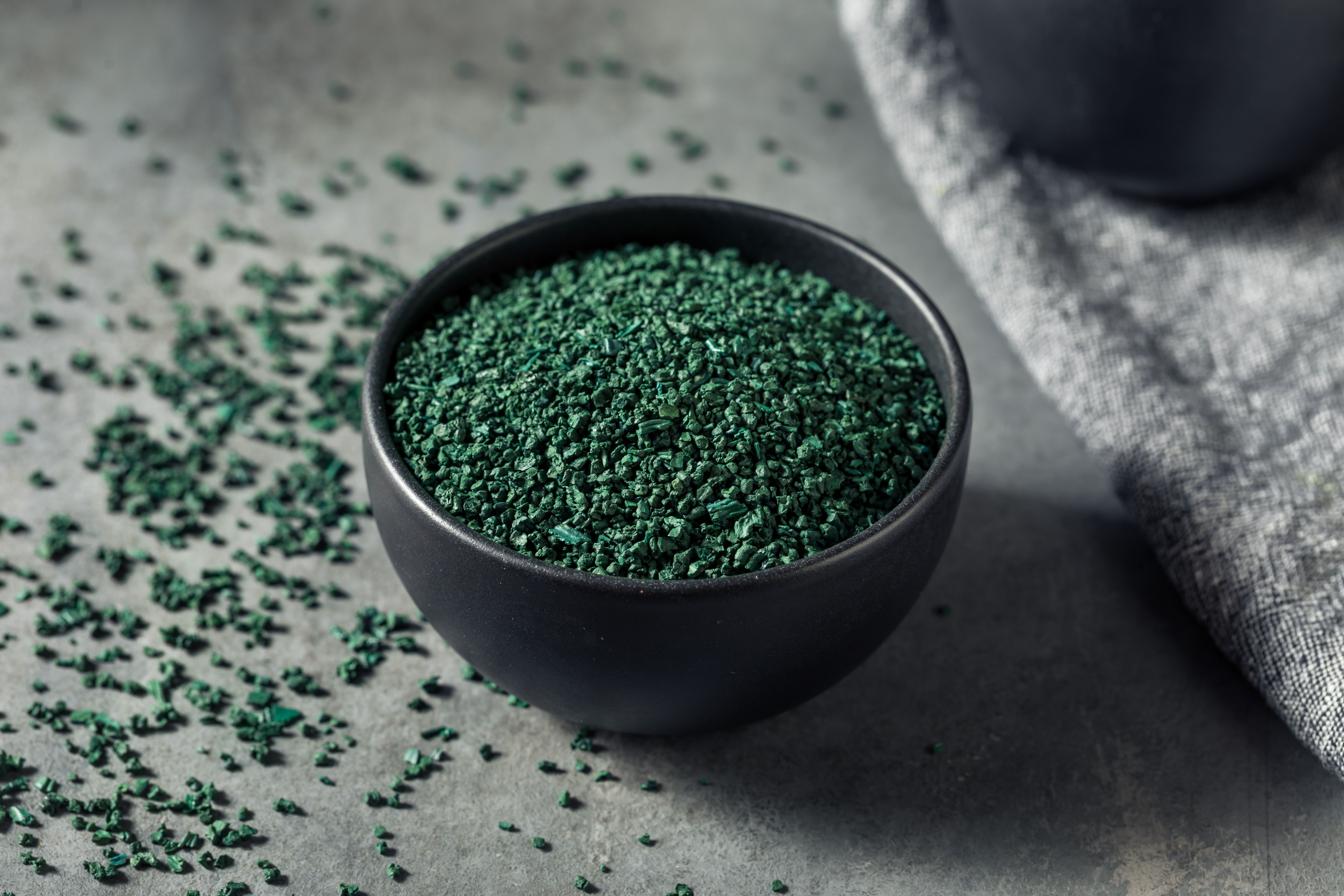
Spirulina, a blue-green algae, is a complete protein, meaning it contains all the essential amino acids needed for collagen production. It's particularly rich in glycine and proline, the main amino acids that make up the collagen molecule. Spirulina is also a powerful antioxidant, protecting existing collagen from damage, and it has anti-inflammatory properties that support overall health. Whether added to a smoothie, a protein shake, or mixed into a dip, spirulina provides a concentrated, plant-based source of the building blocks your body needs.
24. Black Beans: The Amino Acid and Zinc Provider
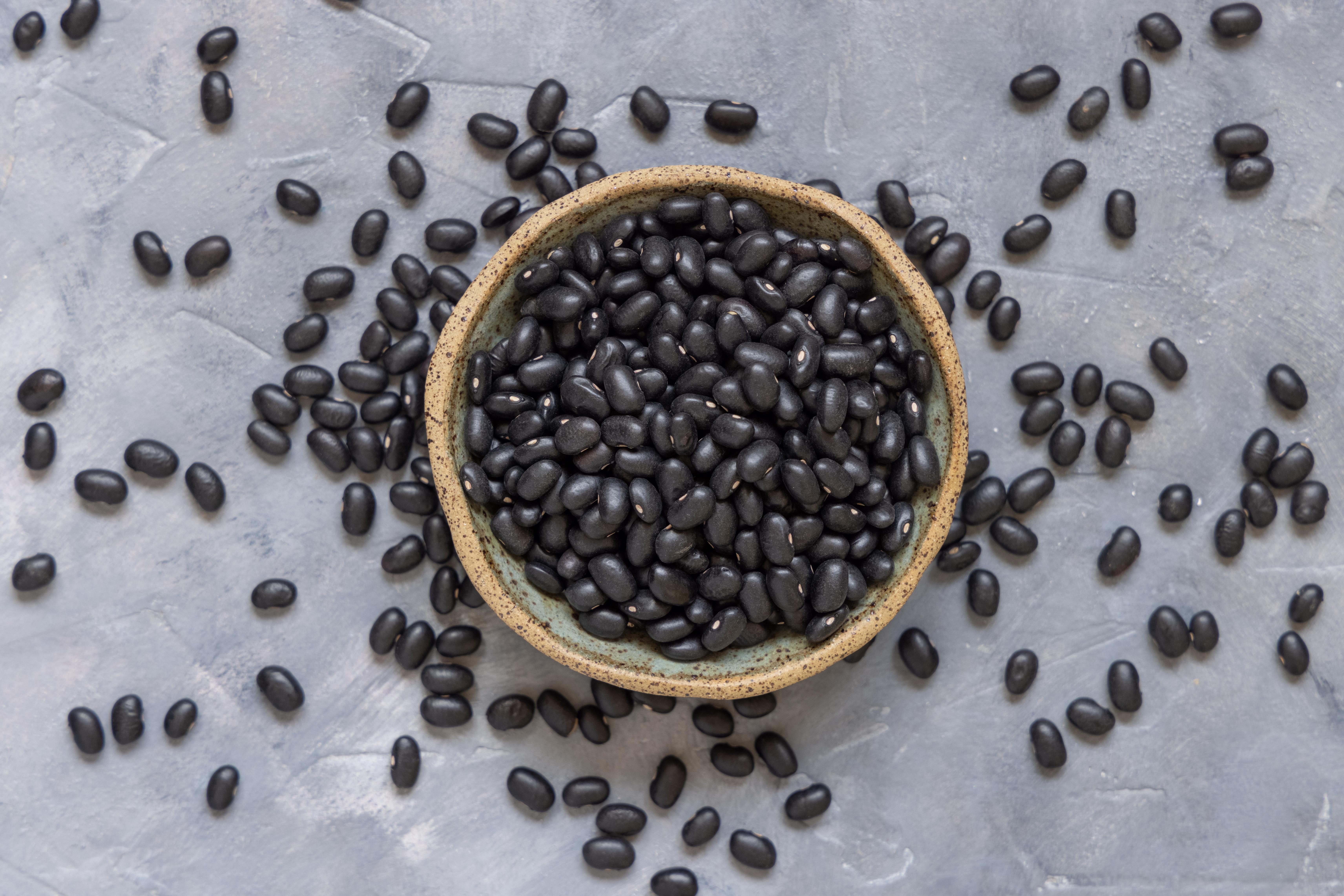
While our list covers a variety of legumes, black beans are a standout for their role in collagen production. They are a fantastic source of plant-based protein, providing the amino acid building blocks like proline and glycine needed to form collagen. Additionally, black beans are rich in zinc, a critical mineral that acts as a cofactor for the enzymes responsible for synthesizing collagen. By incorporating black beans into your diet—whether in soups, salads, or as a side dish—you're providing your body with both the necessary building blocks and the key mineral cofactors to maintain healthy collagen levels.
25. Olives and Olive Oil: The Monounsaturated Guardian
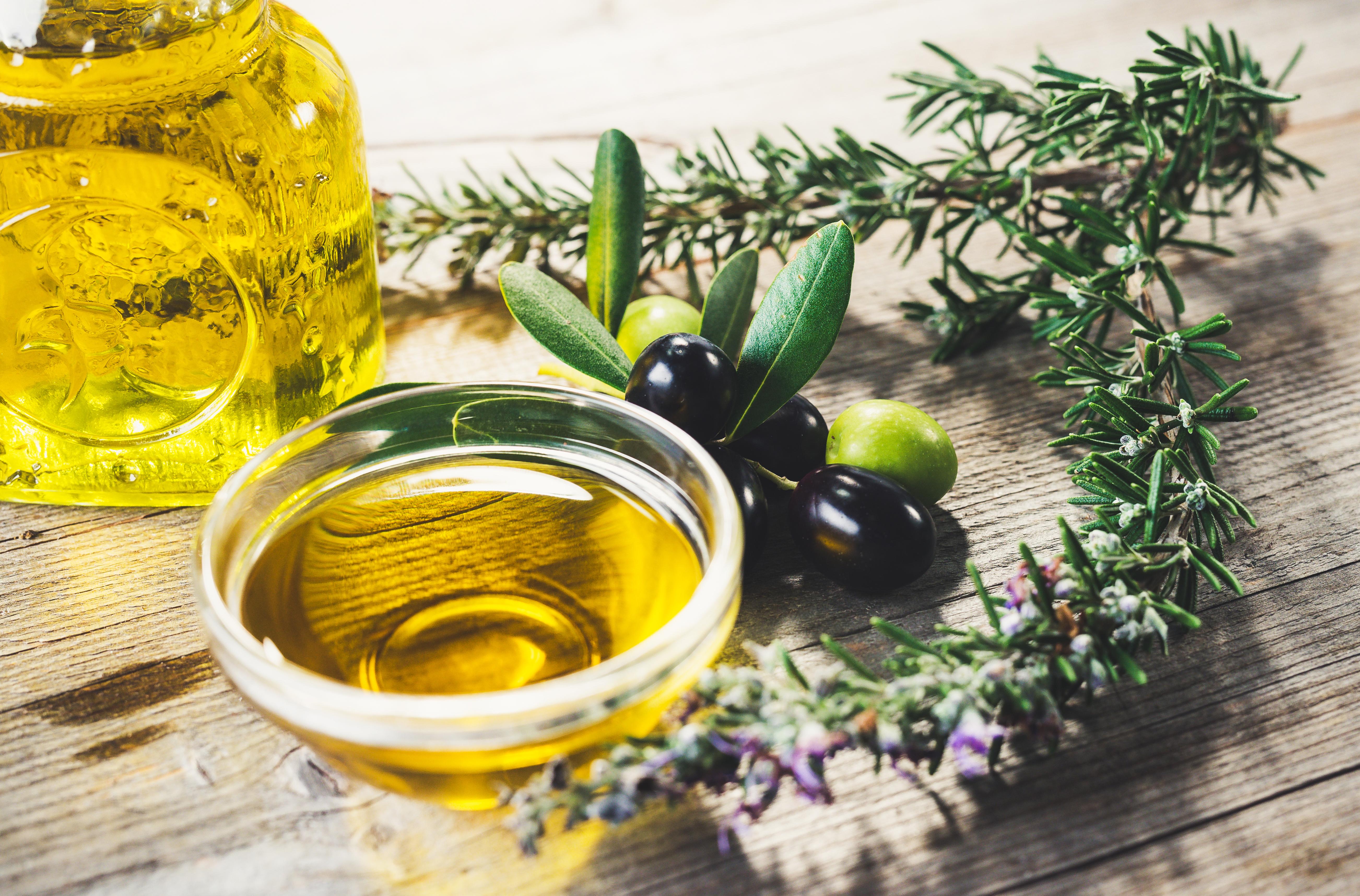
Olives and their oil are a cornerstone of the Mediterranean diet, celebrated for their anti-inflammatory and heart-healthy properties. They are rich in monounsaturated fats and polyphenols, which protect collagen from oxidative stress and help maintain skin's elasticity and moisture barrier. By consuming olives and extra virgin olive oil, you're not just fighting inflammation but also providing a protective shield for the collagen you already have. Drizzle olive oil on salads or roasted vegetables to both enhance flavor and support your body's collagen health.
26. Red Grapes: The Resveratrol Protector
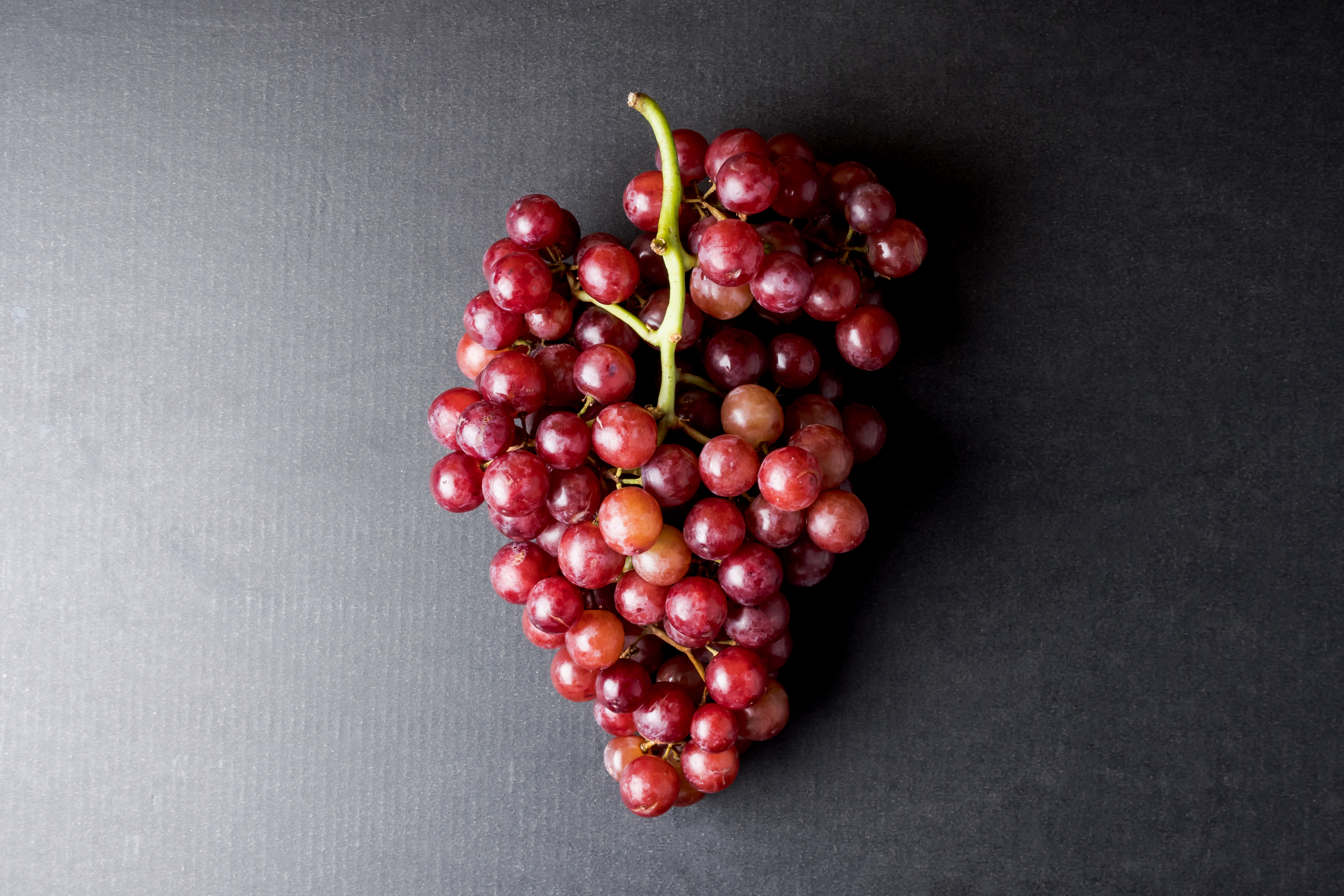
Red grapes, and their skins, are an anti-aging and collagen-protecting powerhouse. They contain a potent antioxidant called resveratrol, which has been shown to protect collagen fibers from degradation. Resveratrol helps to neutralize free radicals and reduce inflammation, both of which are major culprits of collagen depletion. Grapes are also a great source of Vitamin C and K. While resveratrol is famously found in red wine, eating whole grapes provides the same benefits without the alcohol, along with added fiber and vitamins. Enjoy them as a snack for a sweet, juicy, and systemic anti-inflammatory boost.
27. Green Tea: The EGCG Defender
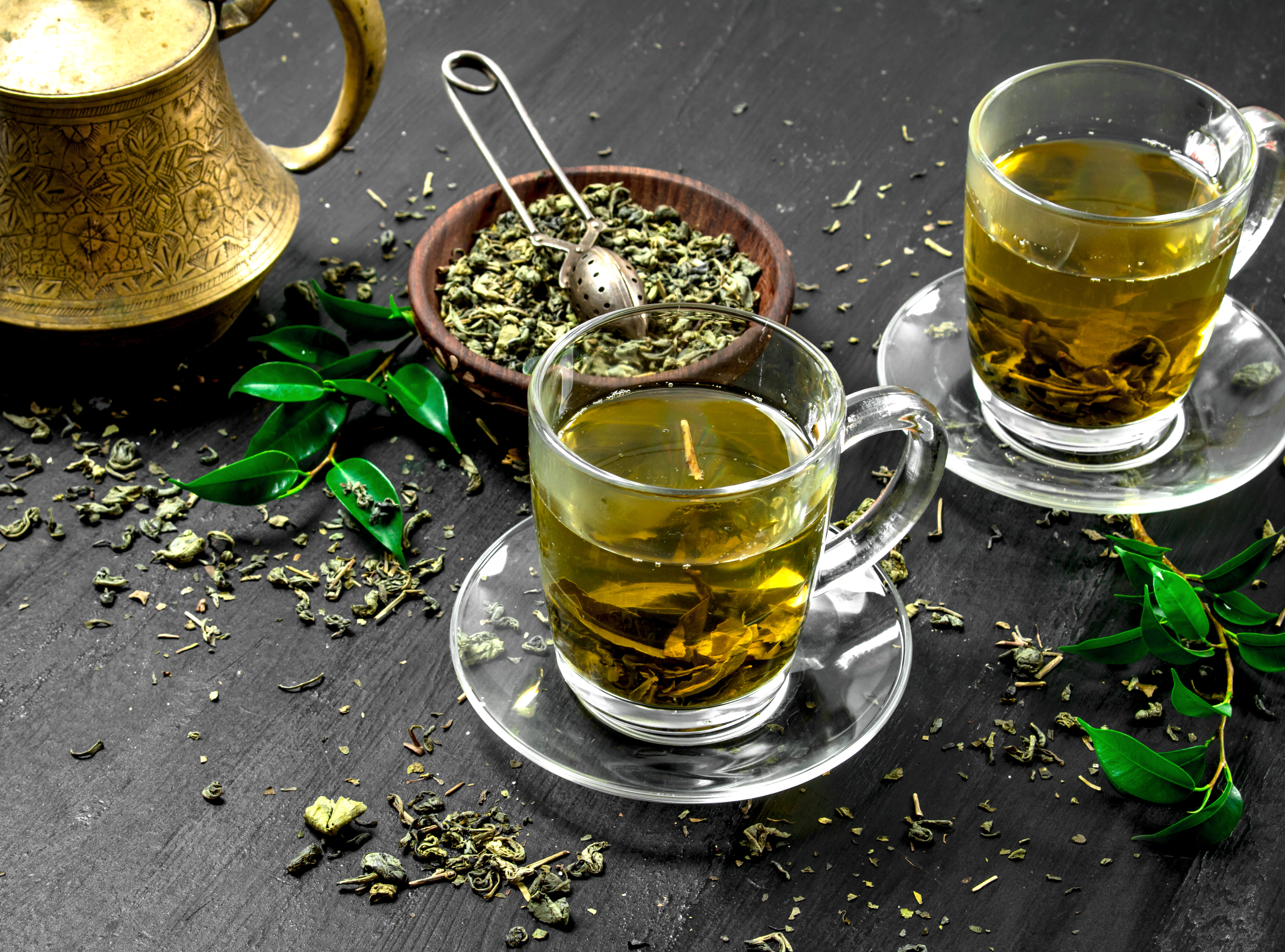
Green tea is more than a simple beverage; it's a powerful defender of collagen. It contains a high concentration of epigallocatechin gallate (EGCG), a potent antioxidant that has been shown to protect collagen from degradation and reduce inflammation. EGCG also helps to inhibit the activity of an enzyme that breaks down collagen. By making a daily cup of green tea a ritual, you're actively safeguarding your existing collagen and providing a protective shield for your skin. It's a simple, delicious habit that can have profound benefits for your skin and joint health.
28. Cacao Powder: The Flavonoid-Rich Protector
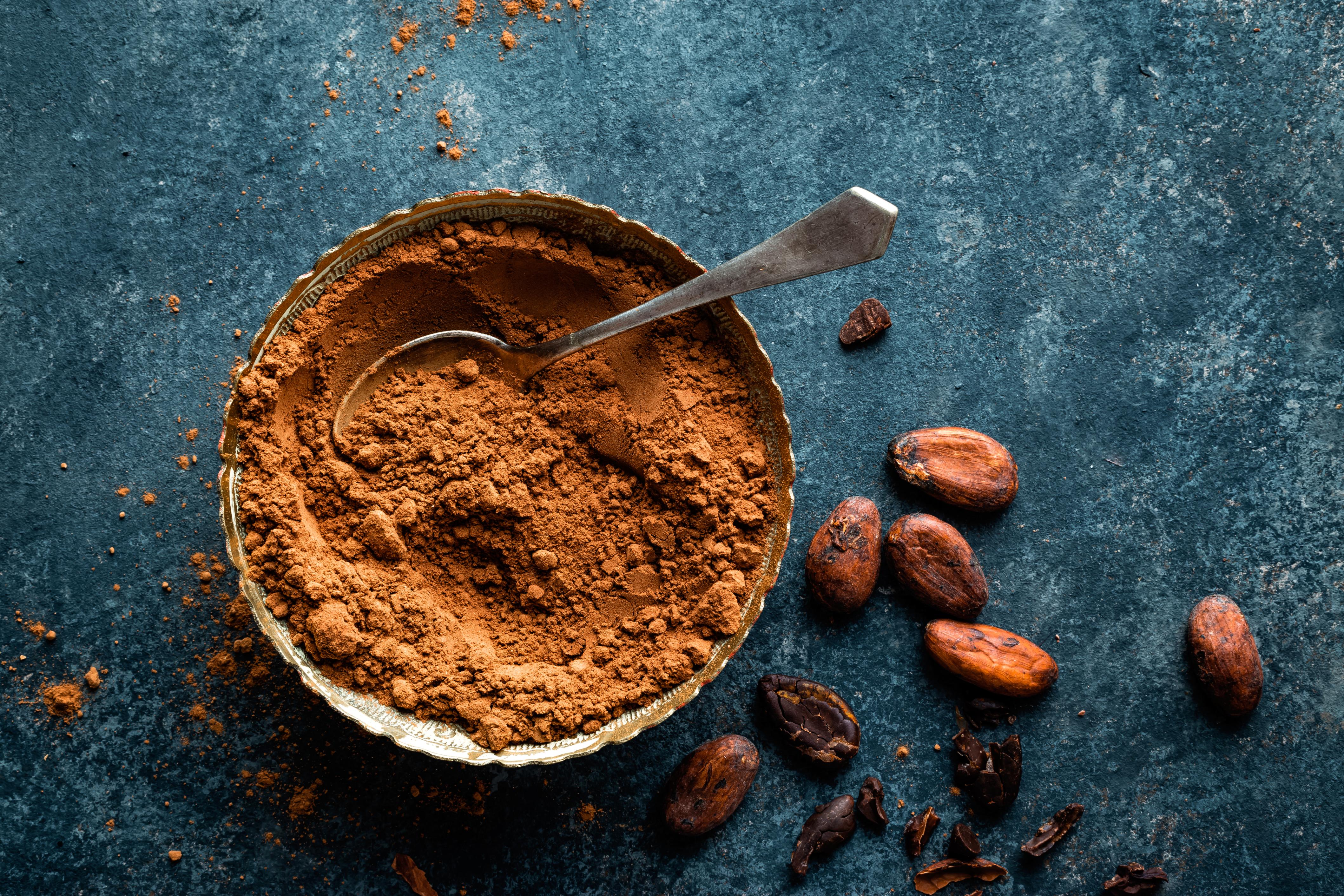
Cacao powder, the raw, unsweetened form of chocolate, is one of the richest sources of flavonoids, a powerful class of antioxidants. These compounds have been shown to protect collagen from damage caused by UV rays and environmental toxins. Cacao also contains magnesium and other minerals that support overall health. Adding a spoonful of unsweetened cacao powder to your smoothie, oatmeal, or homemade baked goods is a delicious way to combat oxidative stress and safeguard your collagen, contributing to a more resilient, youthful complexion.
29. Spices: The Curcumin and Cinnamon Allies
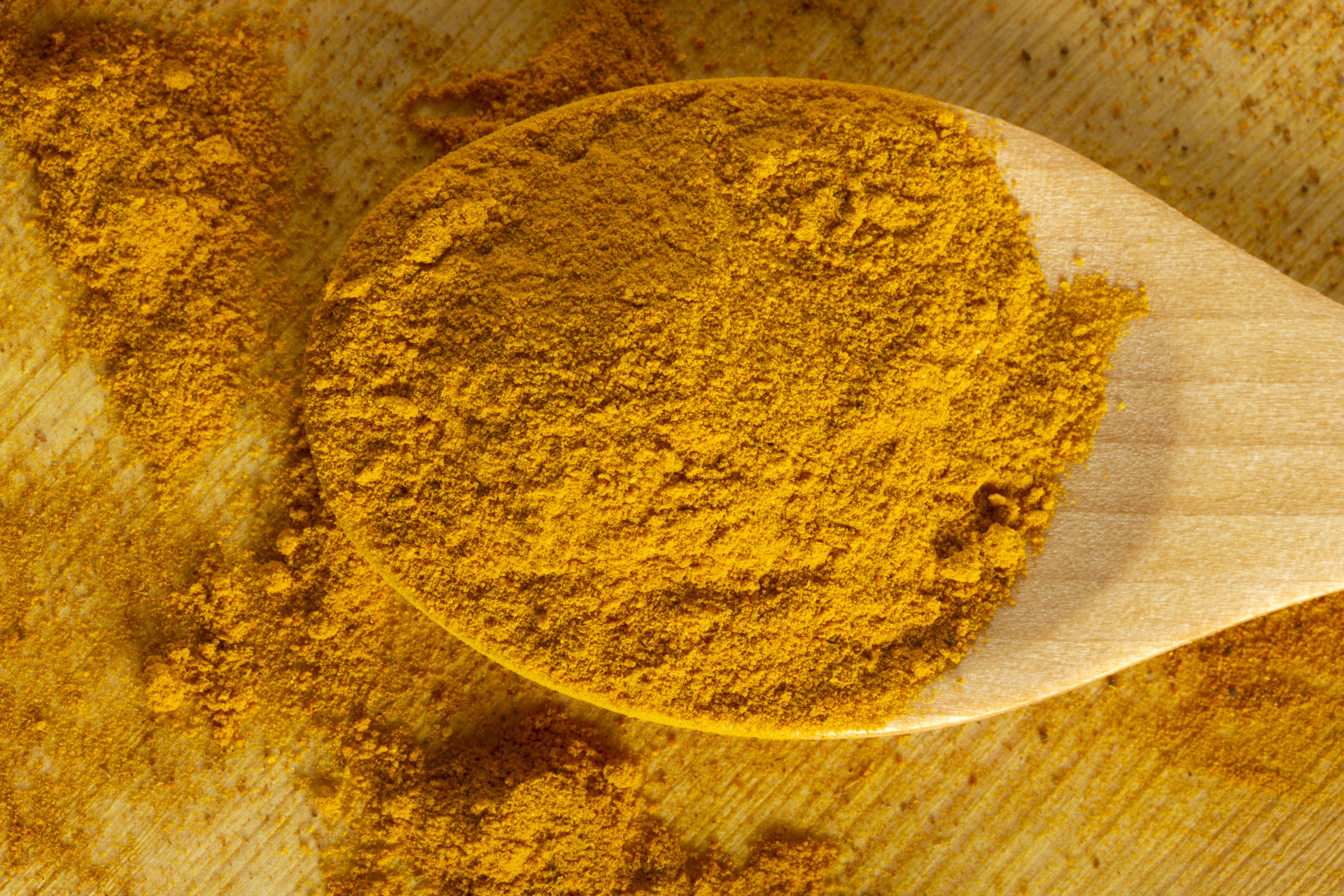
Certain spices don't just add flavor; they actively protect your collagen. Turmeric, for instance, contains curcumin, a powerful anti-inflammatory and antioxidant compound that can protect against collagen degradation. Chronic inflammation is a major culprit in breaking down connective tissues, so by reducing it, curcumin helps preserve your existing collagen. Similarly, cinnamon contains cinnamaldehyde, which has been shown to improve the synthesis of type I collagen. Sprinkling these spices on your meals—from curries to morning oatmeal—is a simple, delicious way to provide your body with potent, protective agents that work behind the scenes to keep your collagen strong and resilient.
30. Kidney Beans: The Antioxidant and Zinc Powerhouse
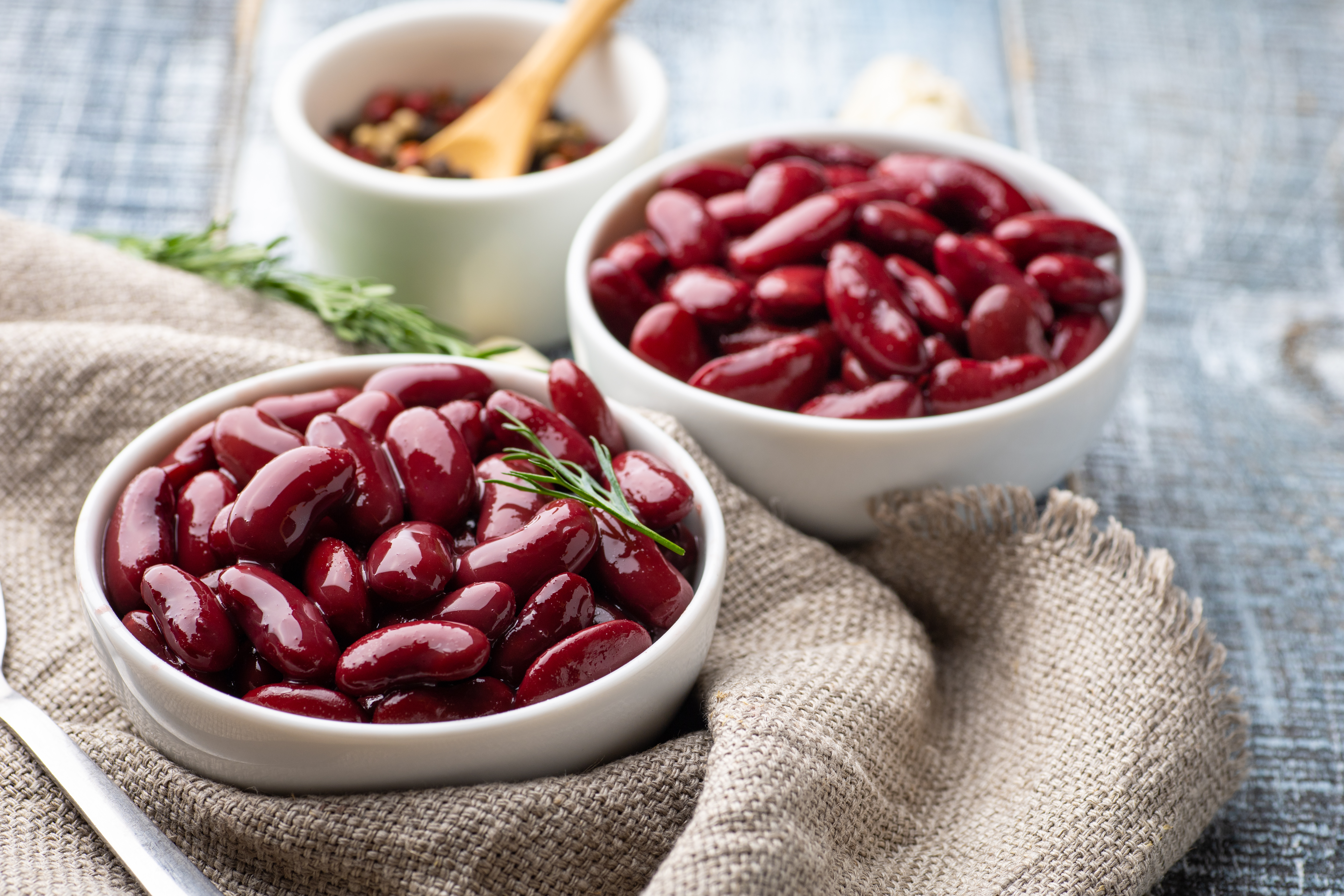
While many beans are beneficial, kidney beans are a standout for collagen support. They are a fantastic source of antioxidants that fight free radicals, which are a primary cause of collagen breakdown. More importantly, they contain a significant amount of zinc, a mineral that is a critical cofactor for the enzymes responsible for synthesizing collagen. The combination of antioxidants and a key mineral makes kidney beans an excellent addition to your diet. Incorporate them into chilis, salads, or stews for a hearty, savory way to provide your body with the building blocks and protective agents it needs to maintain healthy collagen.
31. Parsley: The Flavonoid and Vitamin K Combo
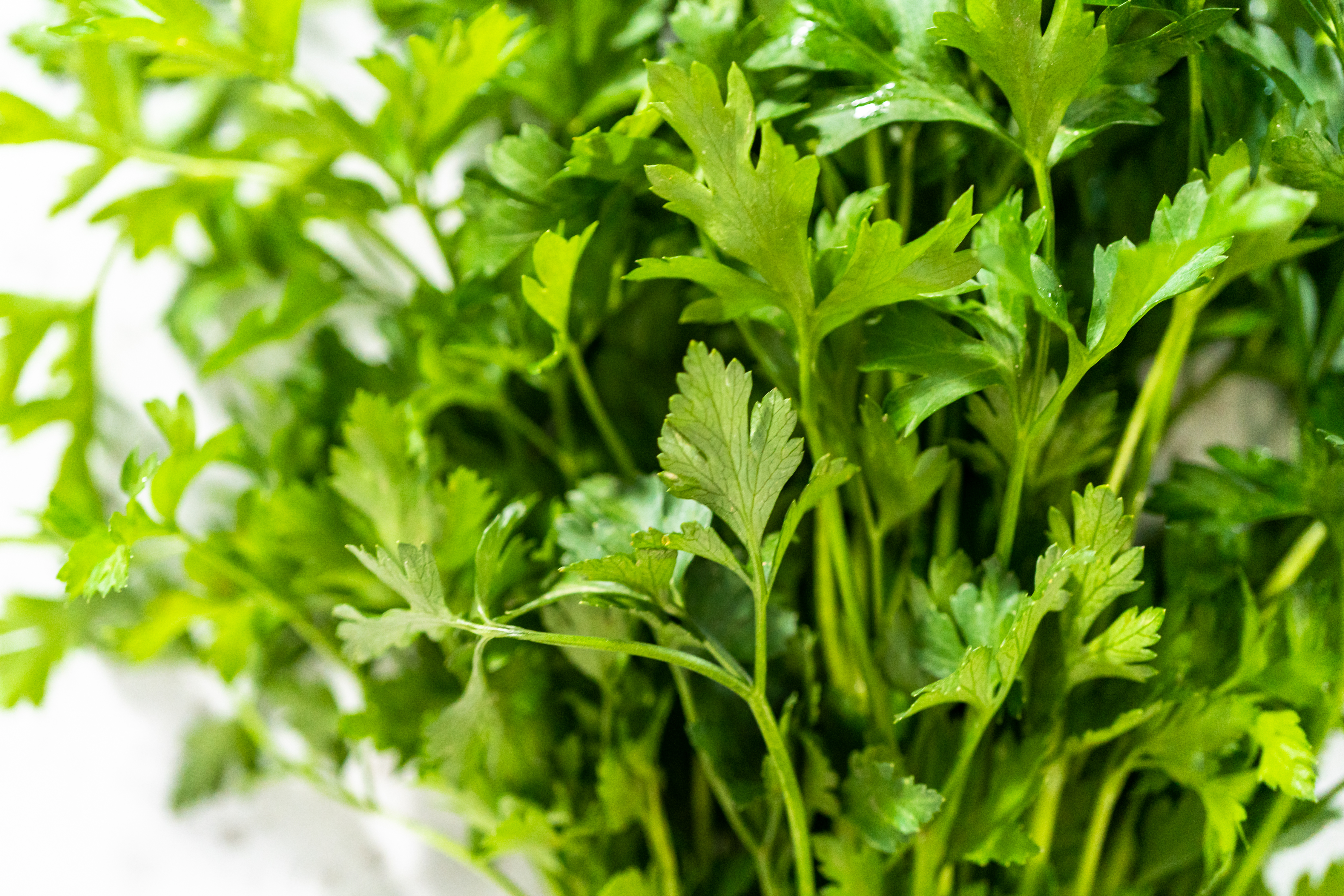
Parsley, often relegated to a garnish, is a surprisingly potent herb for collagen health. It is rich in flavonoids, which are powerful antioxidants that protect collagen fibers from environmental damage. Parsley also contains a high amount of Vitamin K, a nutrient that plays a crucial role in bone health and tissue repair, indirectly supporting the collagen matrix. Its chlorophyll content also aids in cleansing the body, reducing inflammation that can break down collagen. Don’t just push it to the side—add fresh parsley to salads, sauces, or smoothies to get the most out of this nutrient-dense herb.
32. Seaweed: The Iodine and Amino Acid Source
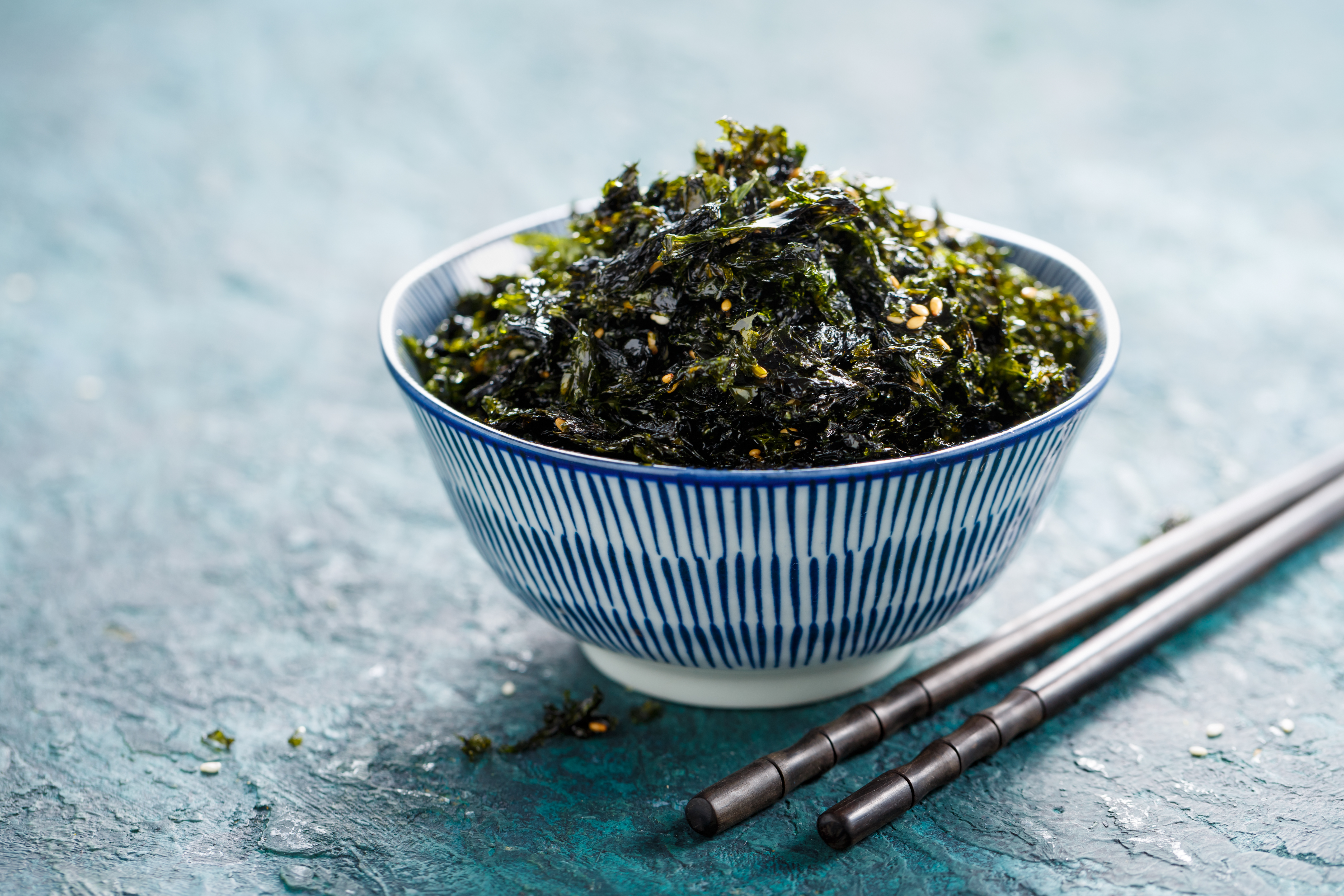
Seaweed, a staple in many coastal diets, offers unique benefits for collagen health. It is a fantastic source of iodine, a mineral vital for thyroid function, which in turn regulates the body’s metabolism and cell repair processes—including those related to collagen. Additionally, seaweed contains a rich profile of amino acids, the building blocks of protein, which directly contribute to collagen synthesis. Seaweed’s high antioxidant content also helps protect existing collagen from oxidative stress. Incorporate it into soups, salads, or as a snack to provide your body with a powerful, nutrient-rich boost.
33. Cottage Cheese: The Proline and Lysine Powerhouse
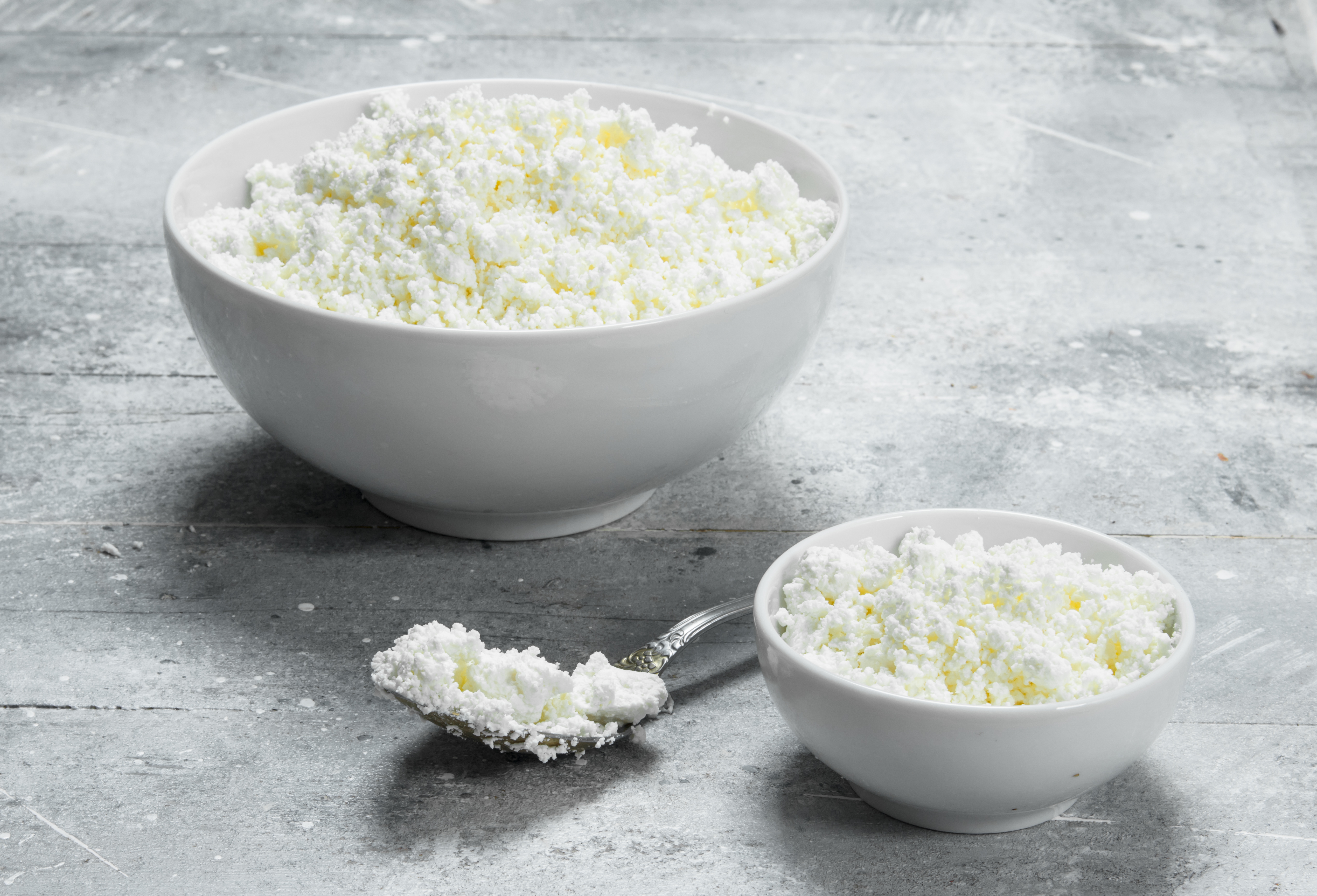
Cottage cheese is a stellar, yet often overlooked, source of two of the most critical amino acids for collagen production: proline and lysine. While eggs contain these amino acids, cottage cheese offers a different, highly bioavailable profile. These amino acids are the direct building blocks that your body uses to assemble new collagen molecules. A cup of cottage cheese provides a concentrated dose of these essentials, making it an excellent choice for a snack or light breakfast. It's a simple, protein-rich food that directly supplies your body with the fundamental materials it needs to build and maintain strong connective tissues and firm skin.
34. The Power of Prunes
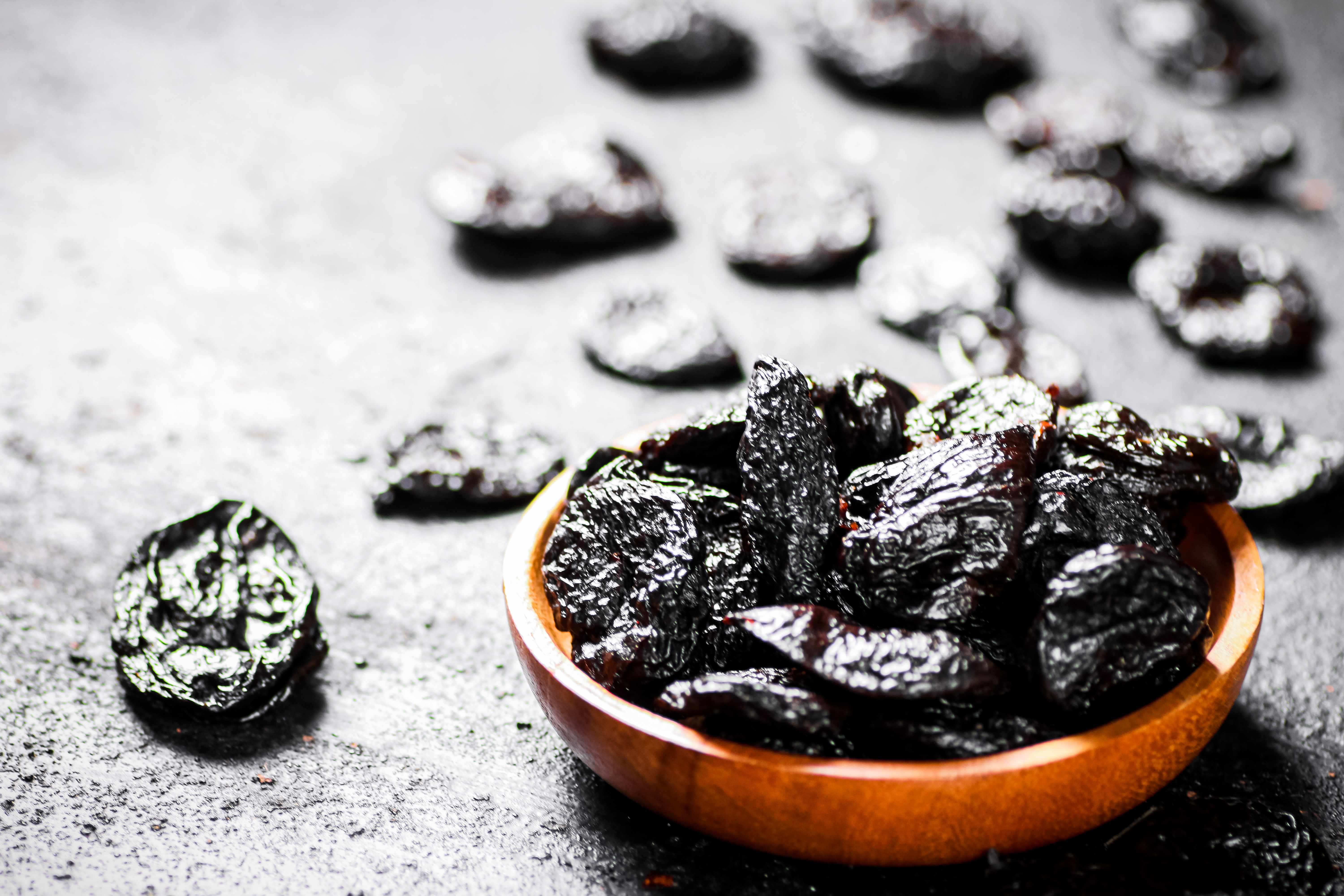
Prunes are an often-overlooked ally for collagen health, primarily due to their high concentration of antioxidants and unique phytonutrients. These compounds actively combat oxidative stress, which is a key driver of collagen degradation. Prunes also contain essential minerals like copper and boron, which play supportive roles in tissue repair and bone health. While they don't contain collagen themselves, they create a protective internal environment that helps preserve your existing collagen, making them a delicious and proactive tool for skin and joint longevity. A small handful a day is a simple way to get these powerful benefits.
35. Arugula and Watercress: The Cruciferous Kick
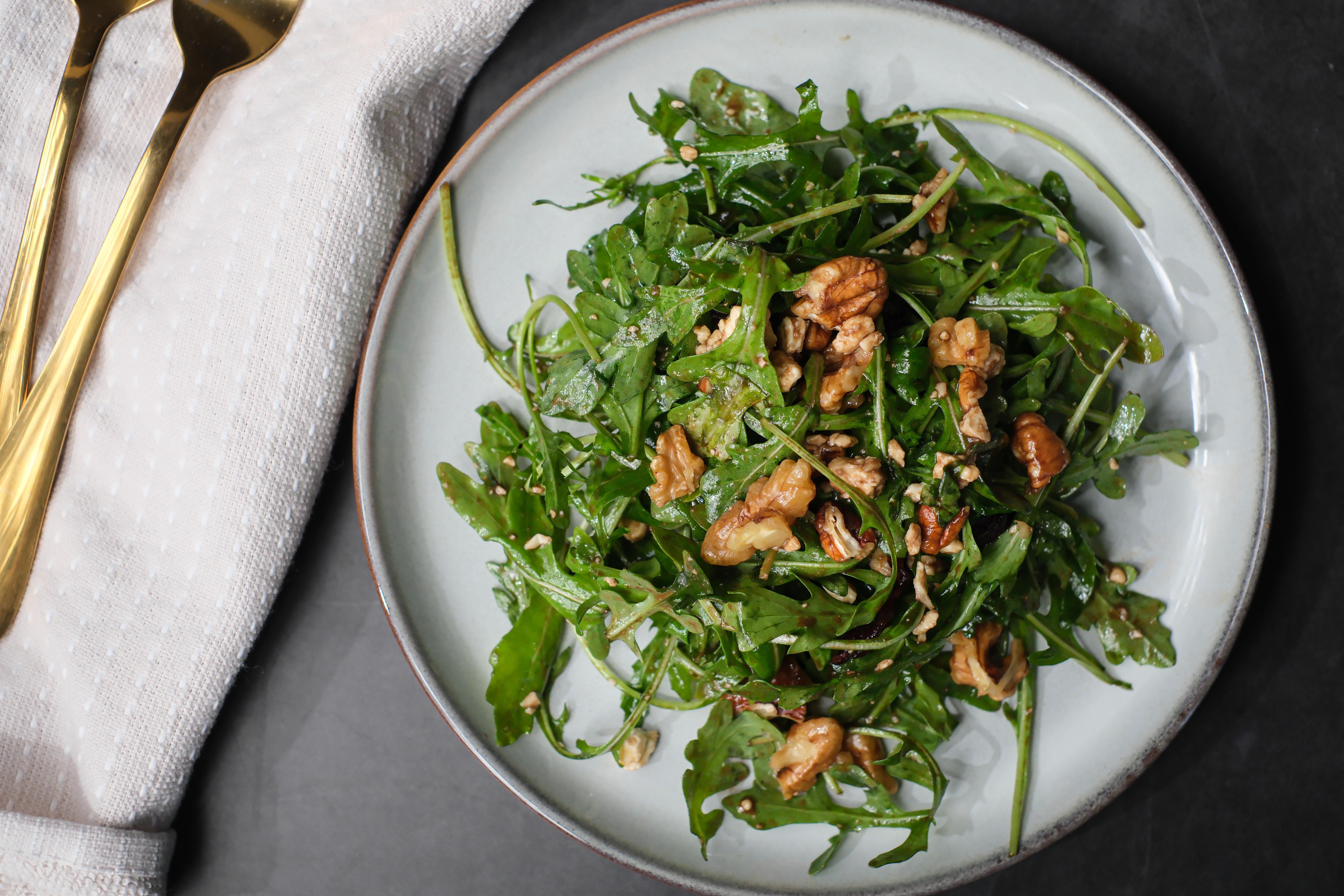
These vegetables are rich in glucosinolates, plant compounds that support the body's natural detoxification processes. By helping your body clear out toxins, they reduce inflammation and oxidative stress, which can otherwise damage collagen. Arugula and watercress also contain high levels of vitamin C and other antioxidants. Their distinct, spicy flavor makes them a great base for salads or a zesty addition to sandwiches, providing a flavorful and functional boost to your collagen.
36. Sea Buckthorn: The Omega-7 Berry
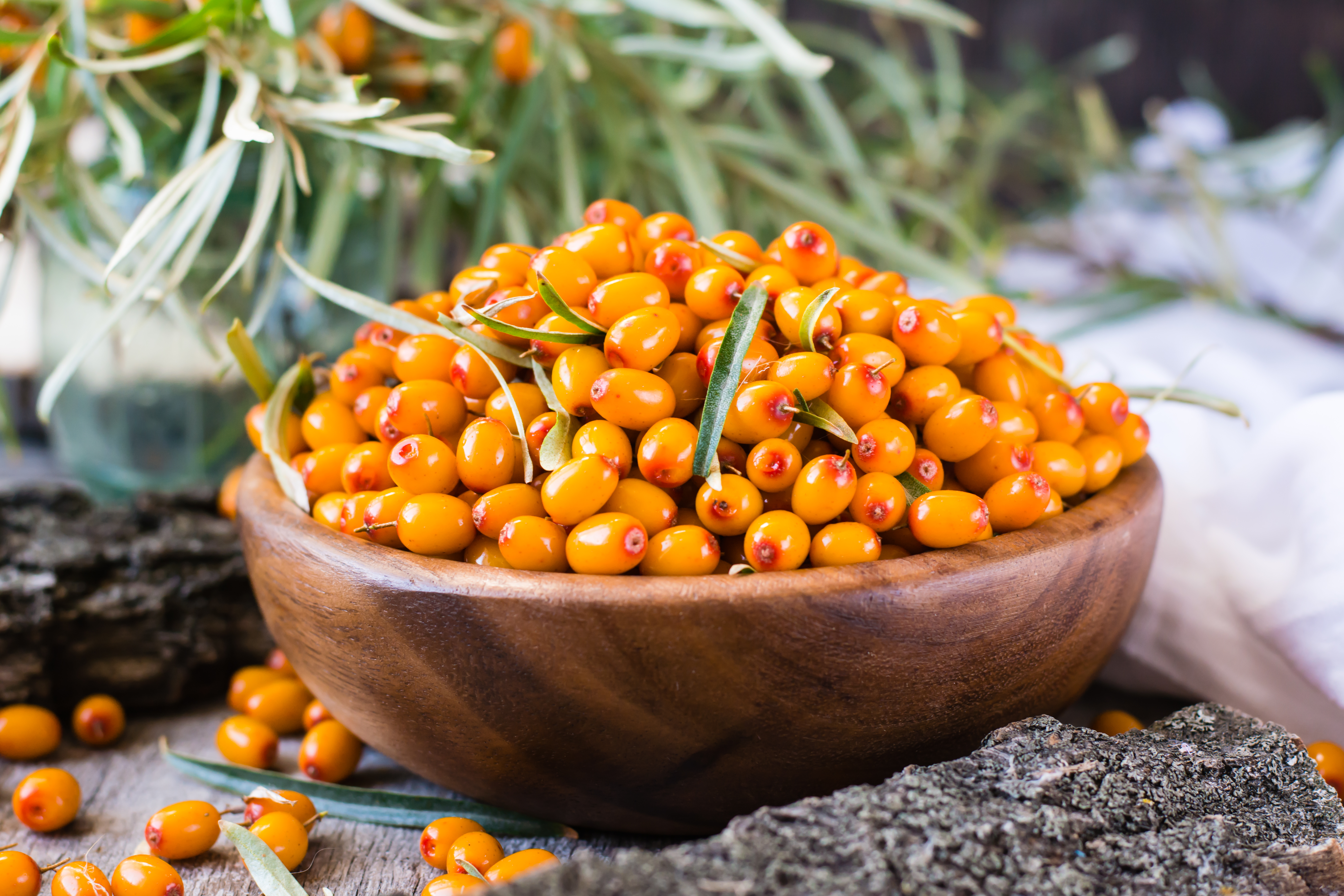
This small, orange berry is one of the few plant-based sources of Omega-7 fatty acids. This rare fatty acid plays a crucial role in maintaining skin hydration and elasticity, directly supporting the collagen and elastin fibers in your skin. Sea buckthorn also contains a rich profile of vitamins and antioxidants. Whether you find it in a supplement form or as a juice, this unique berry provides a powerful, systemic boost to your skin's ability to retain moisture and firmness from within.
37. Shiitake Mushrooms: The Cellular Protector
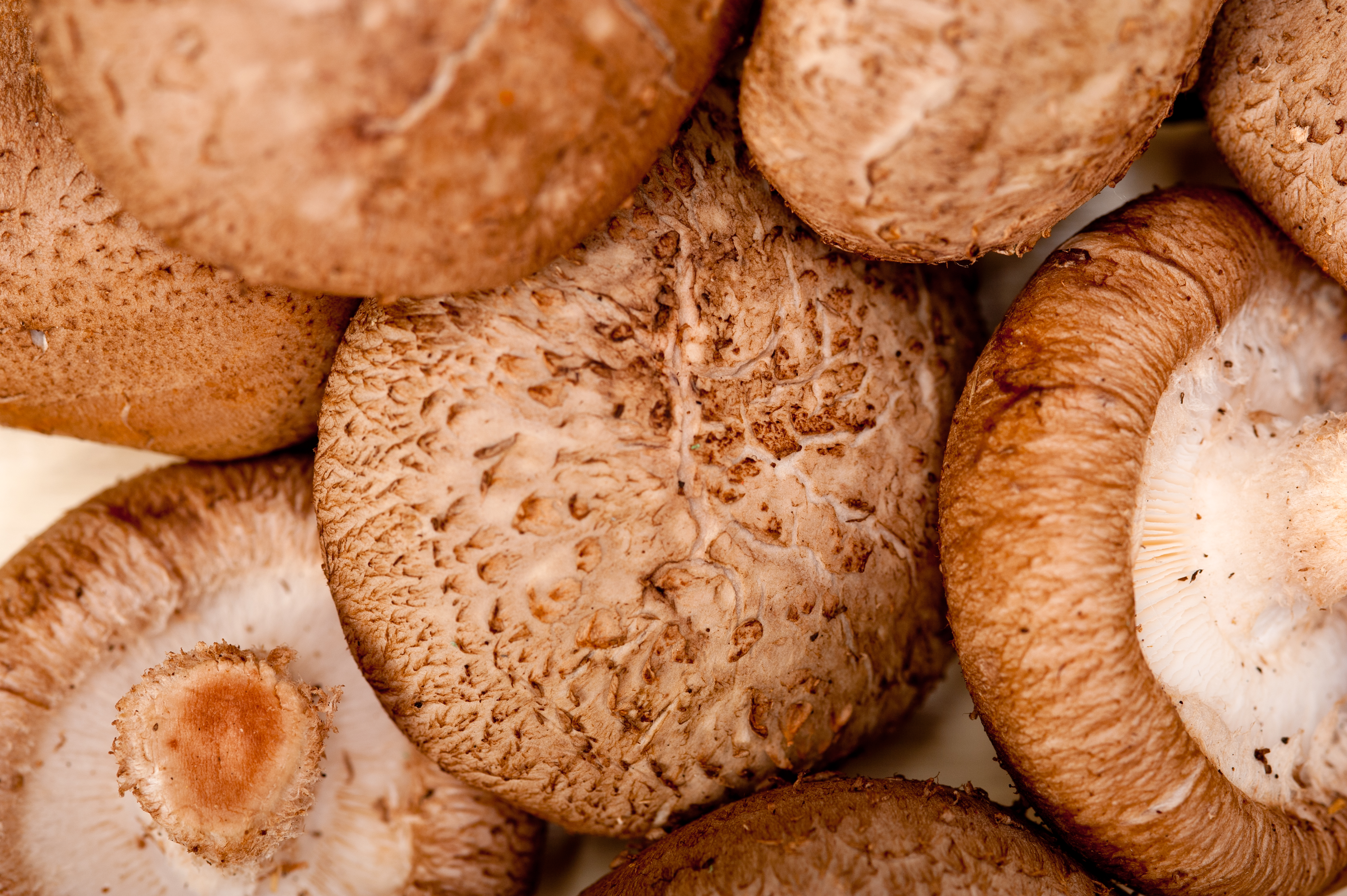
While they don't contain collagen, they are rich in L-ergothioneine, a powerful amino acid and antioxidant. L-ergothioneine protects cells from oxidative damage, a primary cause of collagen breakdown. Shiitake mushrooms also contain copper, which is essential for collagen synthesis. By incorporating them into your meals, you provide your body with a defense shield that protects your existing collagen and the cellular machinery that produces it, keeping your skin and tissues resilient.
38. Kombucha: The Gut-Skin Connection
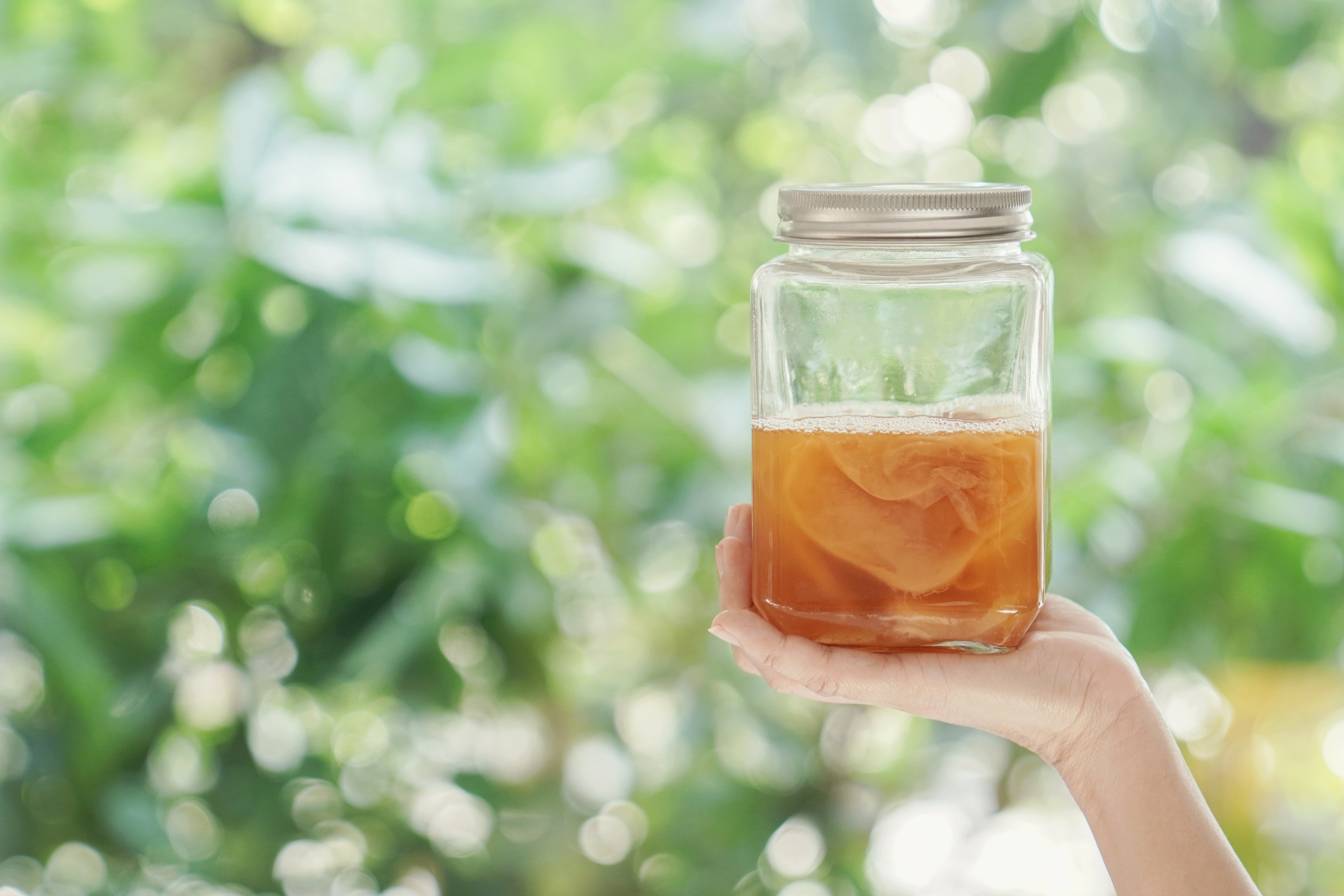
The link between a healthy gut and clear skin is becoming increasingly clear. Kombucha, a fermented tea rich in probiotics and organic acids, helps create a balanced gut microbiome. A healthy gut is better at absorbing nutrients from your food, including the amino acids and vitamins needed for collagen production. Furthermore, by reducing gut inflammation, kombucha helps calm systemic inflammation that can break down collagen. A small, daily glass of kombucha is a simple way to nurture your gut, ensuring that your body can efficiently produce and maintain the collagen it needs for firm, healthy skin.
39. Gelatin: The Direct Collagen Source
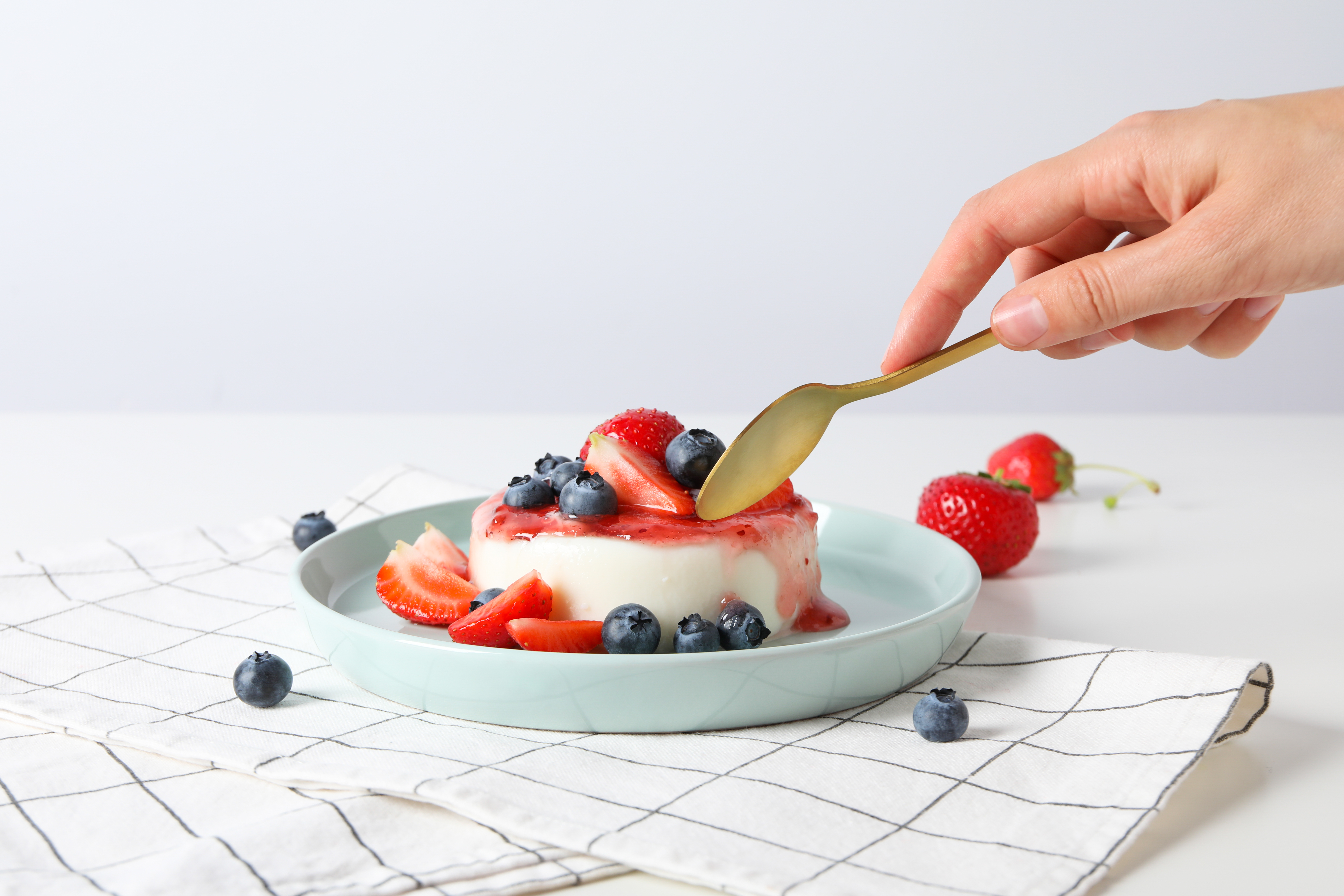
While our list mentions bone broth, gelatin is a more concentrated form of hydrolyzed collagen derived from animal bones and connective tissue. It's rich in the amino acids glycine and proline, the primary building blocks for collagen synthesis. Consuming gelatin, whether as a dessert, in supplements, or as a thickener in soups and sauces, provides your body with these essential amino acids, directly supporting the formation and maintenance of healthy skin, hair, and joints. Gelatin is an incredibly bioavailable way to provide your body with the direct raw materials it needs.
40. Tuna: The Protein and Omega-3 Powerhouse
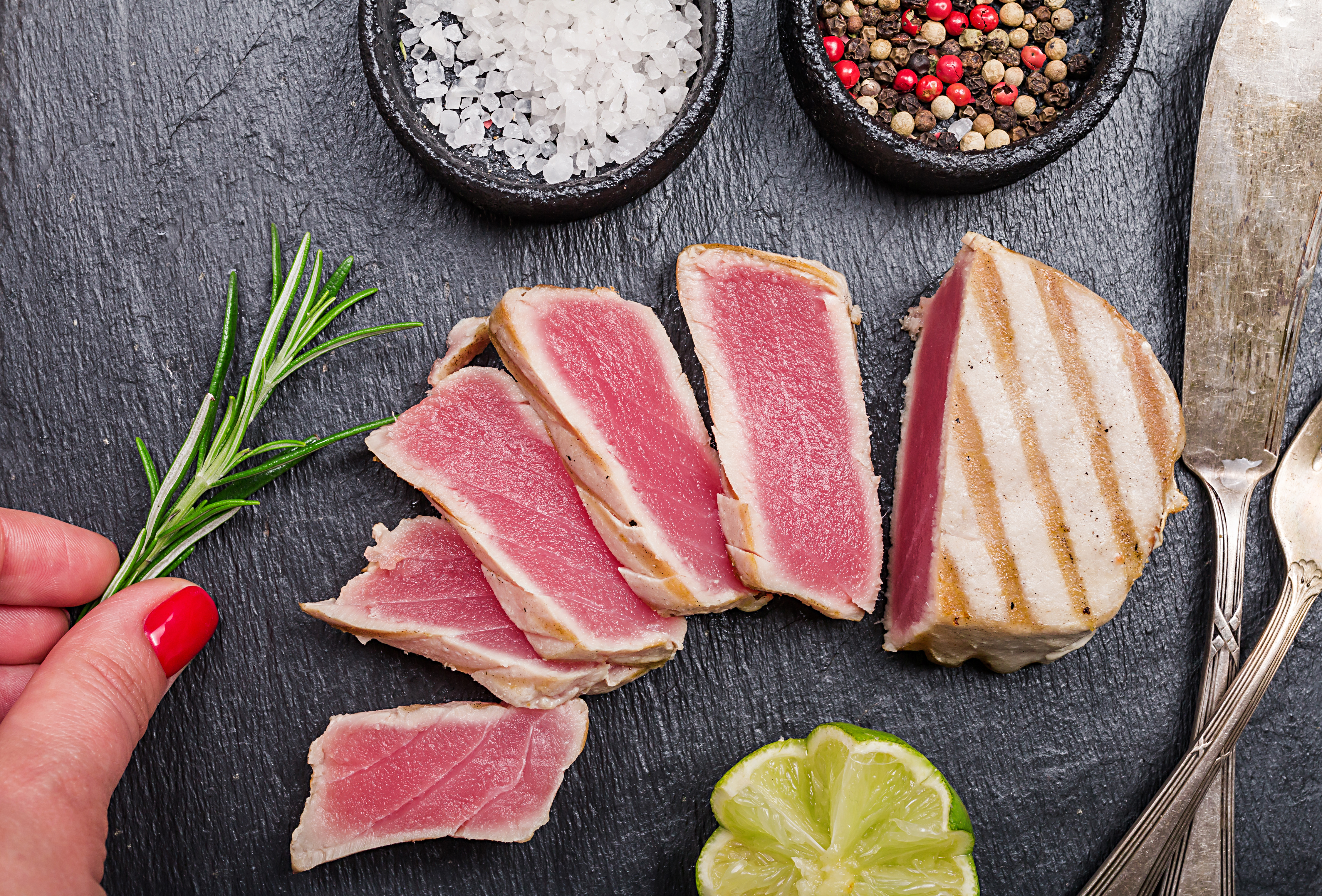
Tuna is a fantastic source of protein and omega-3 fatty acids, which are crucial for collagen health. The omega-3s help to reduce inflammation, which can otherwise damage collagen fibers. Tuna also contains a high amount of amino acids, which are the building blocks of collagen. By incorporating tuna into your diet, you're not just getting a lean protein source, but also providing your body with the necessary nutrients to protect and build collagen. Whether you enjoy it canned or fresh, tuna is a simple and effective way to support your body's collagen needs.
41. Watermelon: The Water and Antioxidant Combo
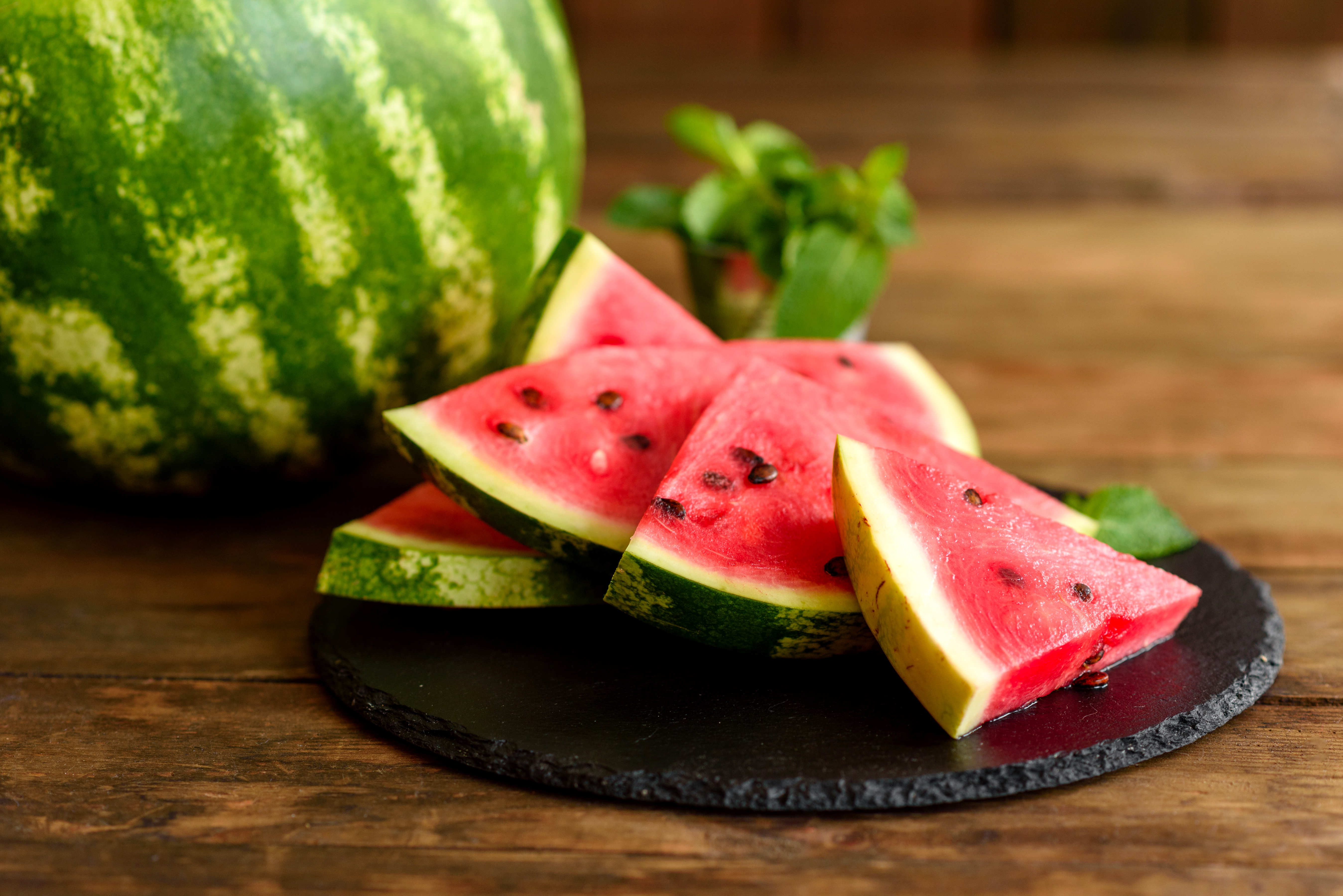
Watermelon is an often-overlooked ally for collagen health. While it is not a direct source of collagen, its high water content is crucial for keeping skin hydrated and supple, which helps maintain the elasticity of collagen fibers. Watermelon is also rich in lycopene, a powerful antioxidant that protects collagen from damage caused by UV rays and environmental toxins. By enjoying watermelon, you are not only providing your body with a refreshing dose of hydration but also with a protective shield for your existing collagen.
42. Goji Berries: The Zeaxanthin Superfruit
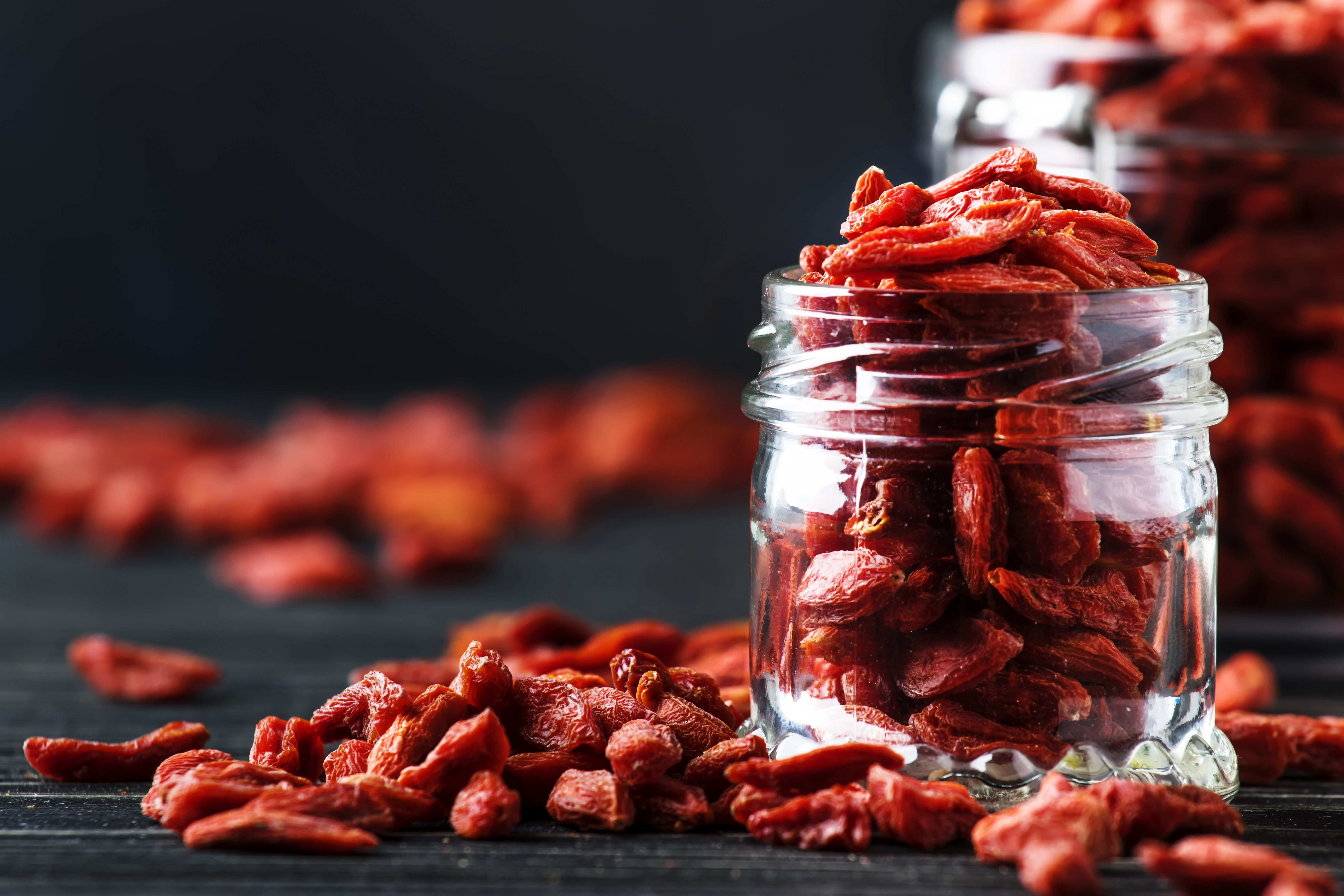
Goji berries are a vibrant, sweet superfood packed with antioxidants, most notably zeaxanthin. This powerful antioxidant helps protect the skin from UV-induced oxidative stress, which is a major factor in collagen breakdown. By safeguarding your skin from environmental damage, goji berries help to preserve the existing collagen and maintain its integrity. They also contain a good amount of vitamin C and other vitamins, further contributing to overall skin health and resilience. Enjoy them dried as a snack, in trail mix, or steeped in hot water as a tea.
43. Red Wine: The Resveratrol Protector

Red wine, in moderation, can be an effective ally for collagen health. It contains resveratrol, a powerful antioxidant that has been shown to protect collagen fibers from degradation and reduce inflammation. Resveratrol helps to neutralize free radicals, which are a major culprit of collagen depletion. While the benefits of red wine are not a reason to start drinking, a small glass can provide a potent dose of this antioxidant. However, if you are not a drinker, you can get the same benefits from eating red grapes, which are a great source of resveratrol.
44. Asparagus: The Folate and Vitamin K Contributor
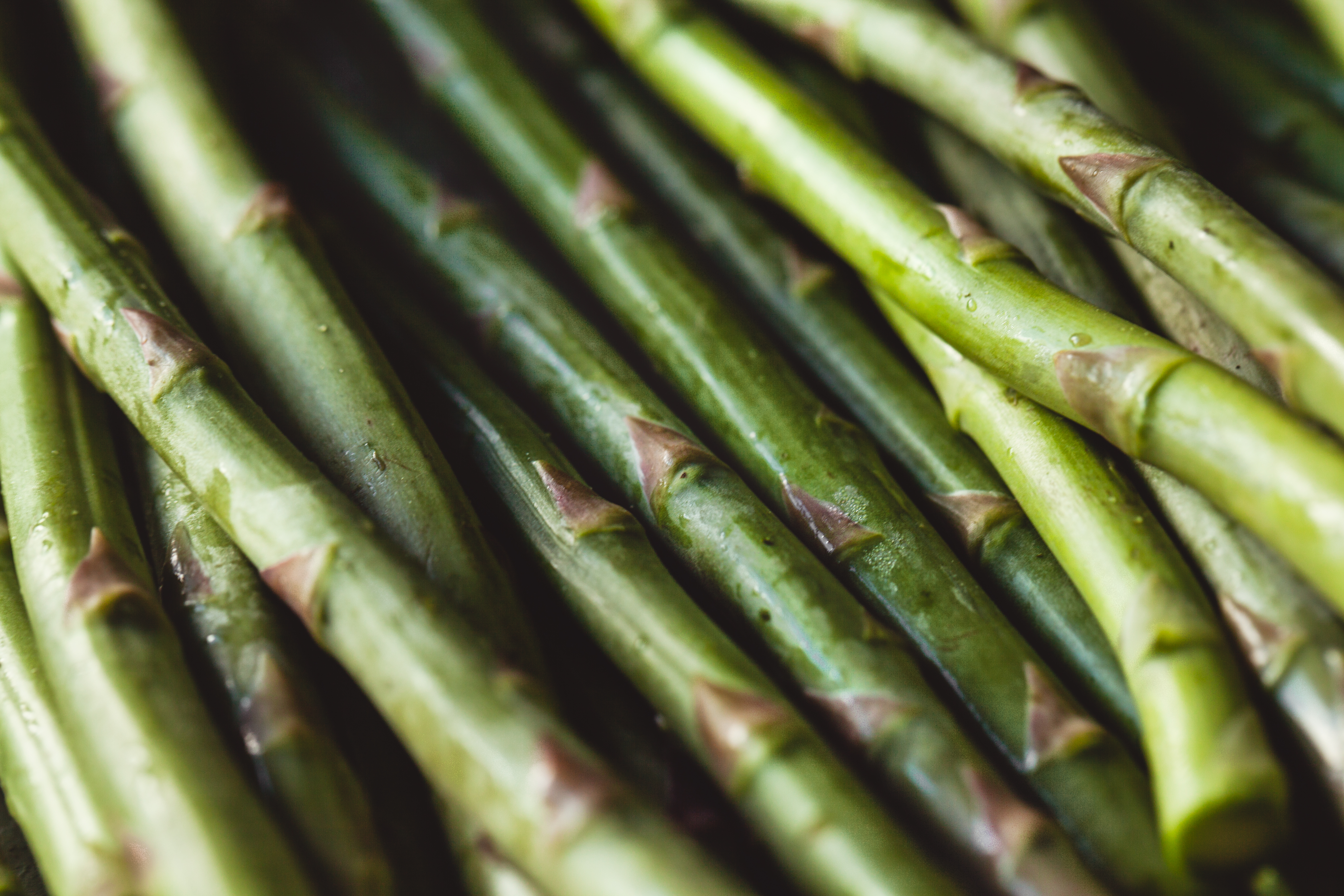
While our list covers many vegetables, asparagus offers a unique nutrient profile that directly supports collagen health. It's an excellent source of folate (vitamin B9), which plays a key role in DNA synthesis and cell growth, including the fibroblasts that produce collagen. Additionally, asparagus is rich in vitamin K, which is essential for bone mineralization and the proper formation of the collagen matrix in connective tissues. This isn't a direct "building block" food but a crucial supporting player that ensures the foundational structure of your collagen is sound and resilient.
45. Blackstrap Molasses: The Mineral-Rich Sweetener
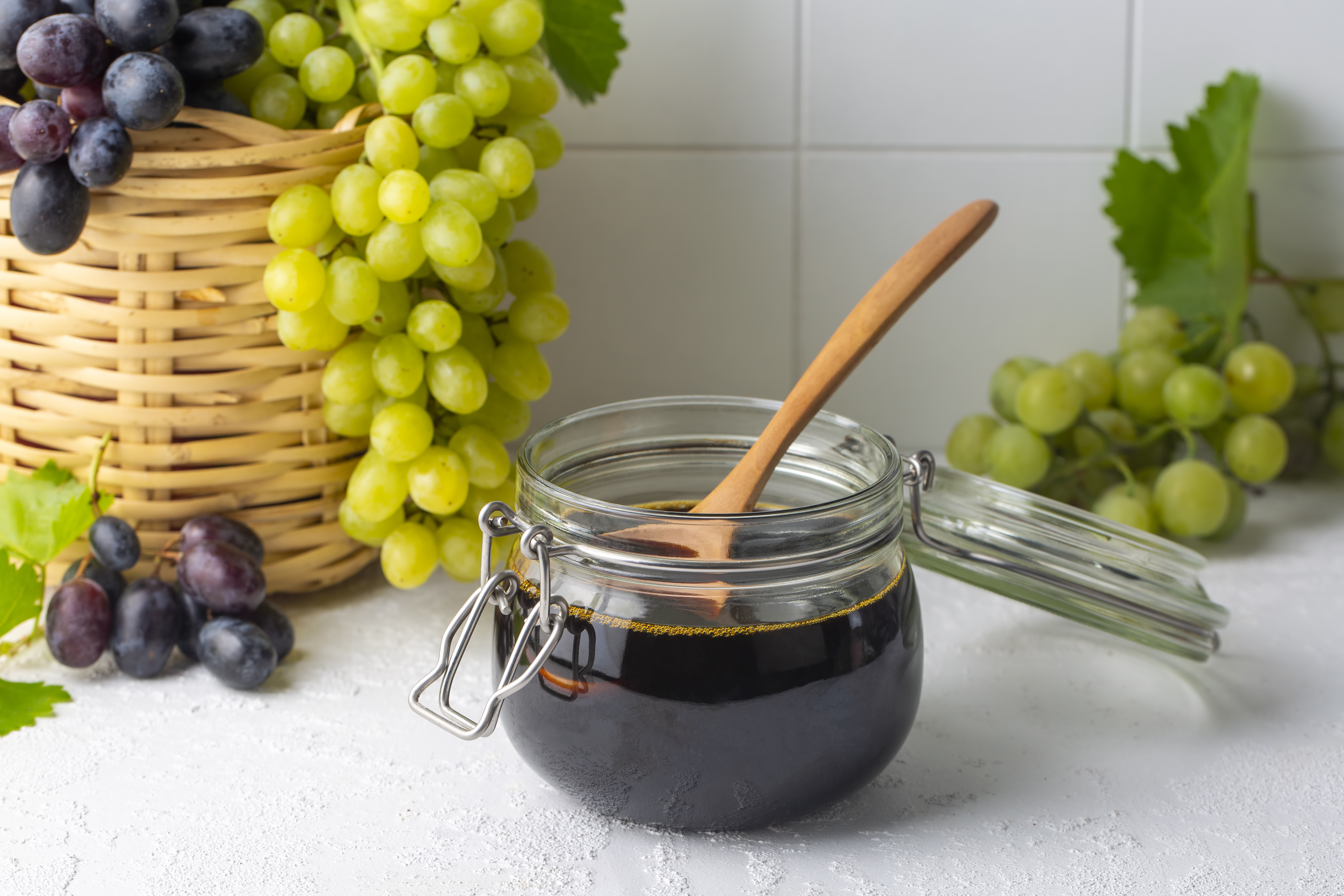
Most sweeteners are inflammatory, but blackstrap molasses is a surprising ally for collagen. This thick, dark syrup is a byproduct of sugar refining and is packed with minerals that are stripped from refined sugar. It's an excellent source of copper and manganese, two minerals that act as cofactors for the enzymes involved in collagen synthesis. Copper helps form the collagen matrix, while manganese helps activate the enzymes that build collagen. Using it as a natural sweetener in baking or sauces provides a nutrient-dense alternative that actively supports your body's collagen-building processes.
46. Rose Hips: The Supercharged Vitamin C Source
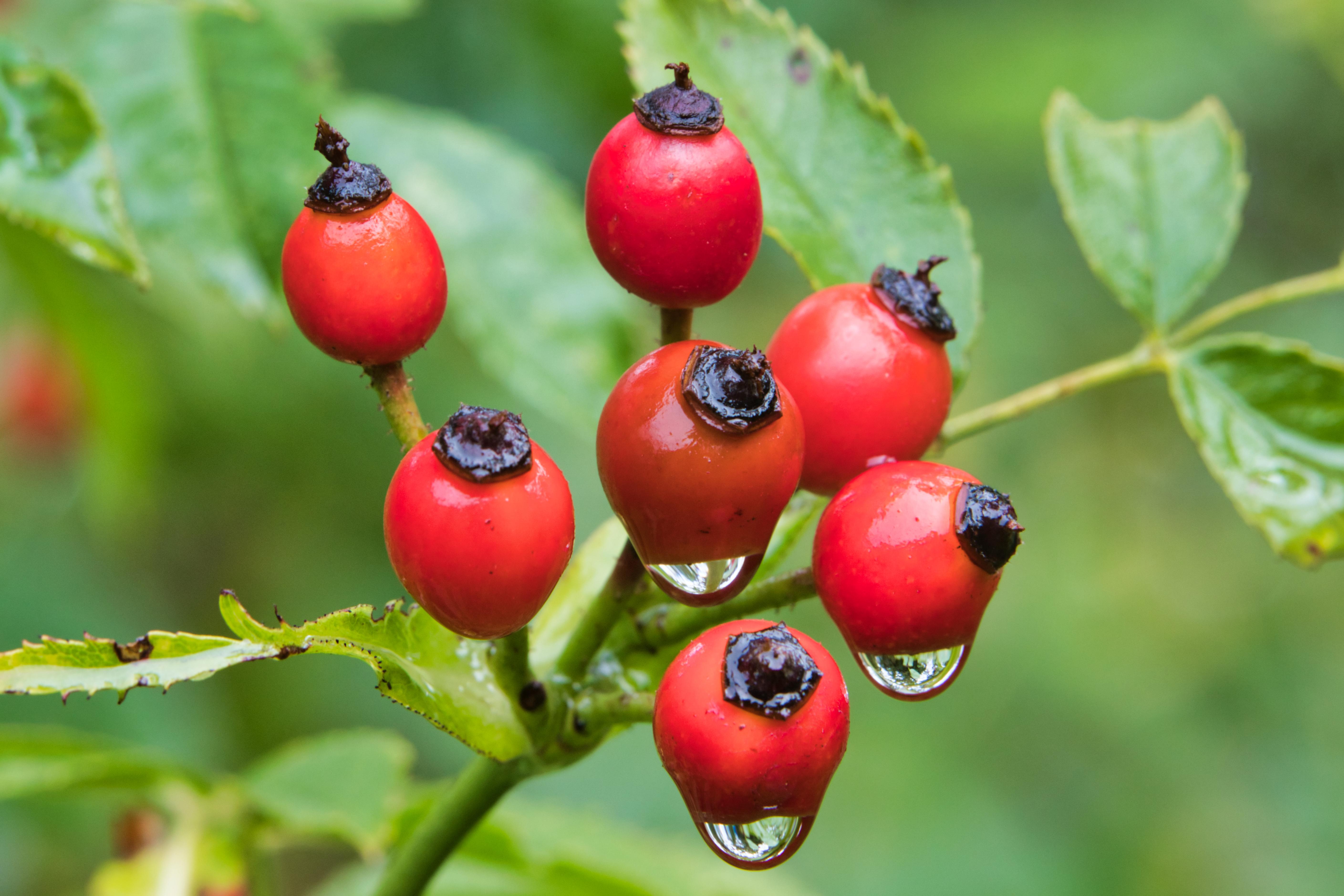
We’ve mentioned citrus and kiwifruit for vitamin C, but the true champion is the often-overlooked rose hip. The fruit of the rose plant contains an incredibly high concentration of vitamin C, far more than oranges or lemons. This makes it a powerful anti-inflammatory and antioxidant, but more importantly, it's a potent driver of collagen synthesis. It also contains flavonoids and other antioxidants that protect existing collagen from environmental damage. Consuming it as a tea or in jam provides a highly concentrated and natural way to get a powerful collagen-boosting dose.
47. White Fish: The Proline and Glycine Supplier
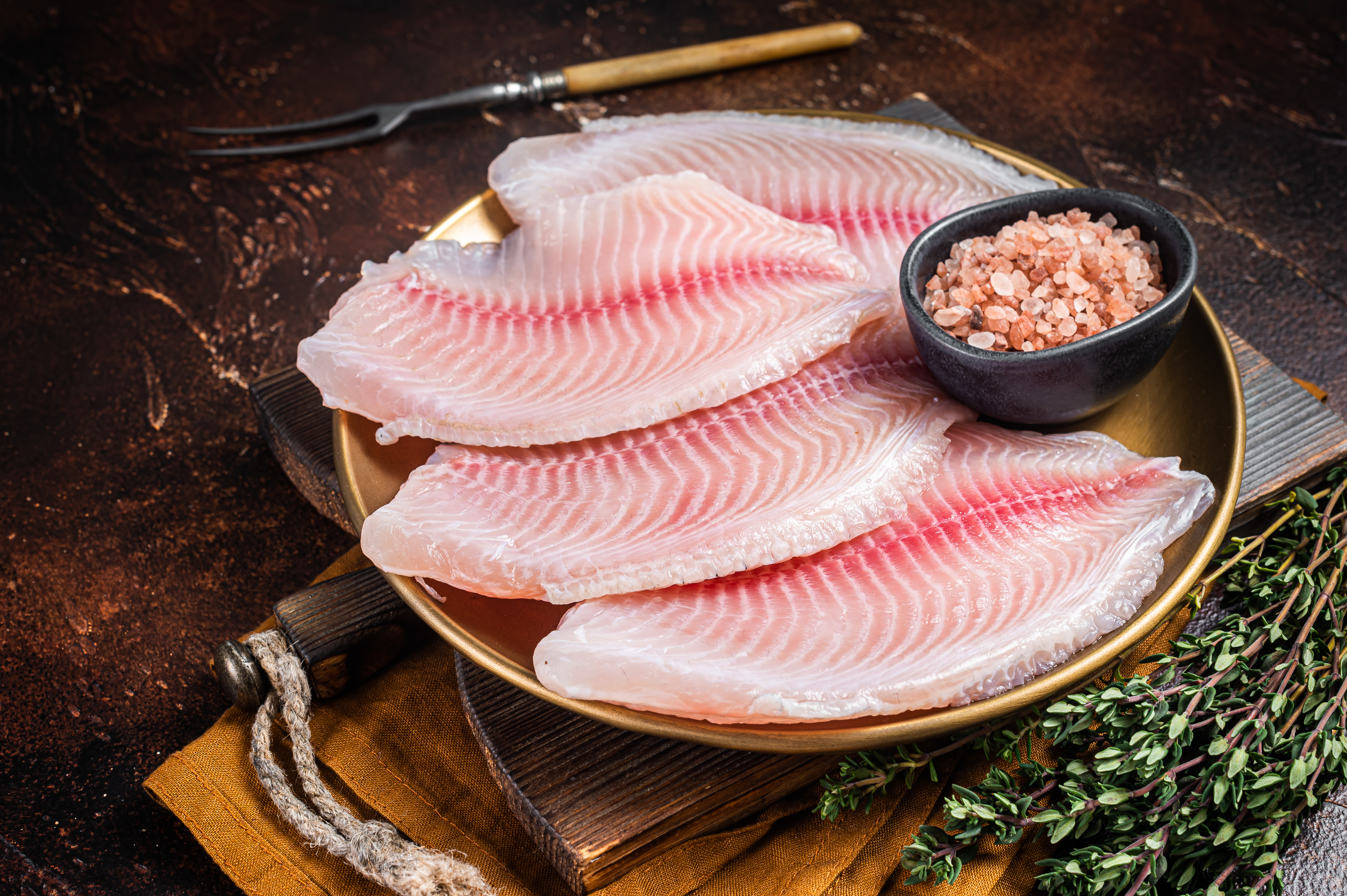
Many mild-flavored white fish, such as cod and tilapia, are a great, low-fat source of the crucial amino acids proline and glycine. These are the two primary building blocks for collagen, yet many people don't consume them in high enough quantities. White fish provides these amino acids without the higher mercury content found in some larger fish. It's a clean, versatile protein that directly supplies your body with the fundamental materials it needs to repair and produce collagen.
48. Red Beets: The Betalain and Manganese Booster
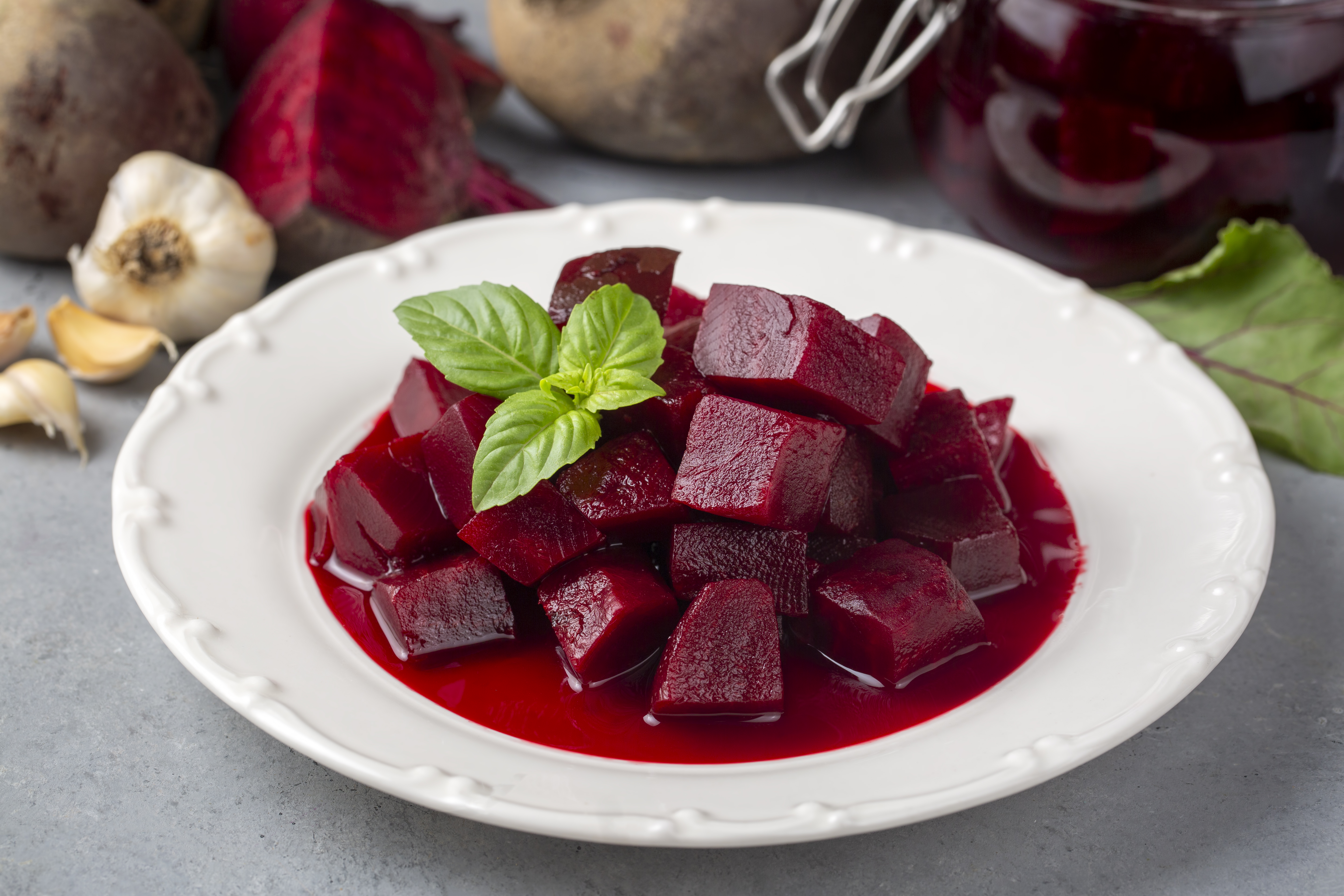
These vibrant root vegetables offer a two-fold benefit for collagen health. Their deep red color comes from betalains, a class of antioxidants that have powerful anti-inflammatory properties. By reducing inflammation, they help protect your existing collagen from damage. Additionally, beets are a good source of manganese, a trace mineral that is essential for the activation of enzymes responsible for collagen production. Roasting or juicing beets is a simple way to get a delicious and functional dose of these collagen-supporting compounds.
49. Bell Peppers (Yellow and Orange): The Unique Vitamin A Boost
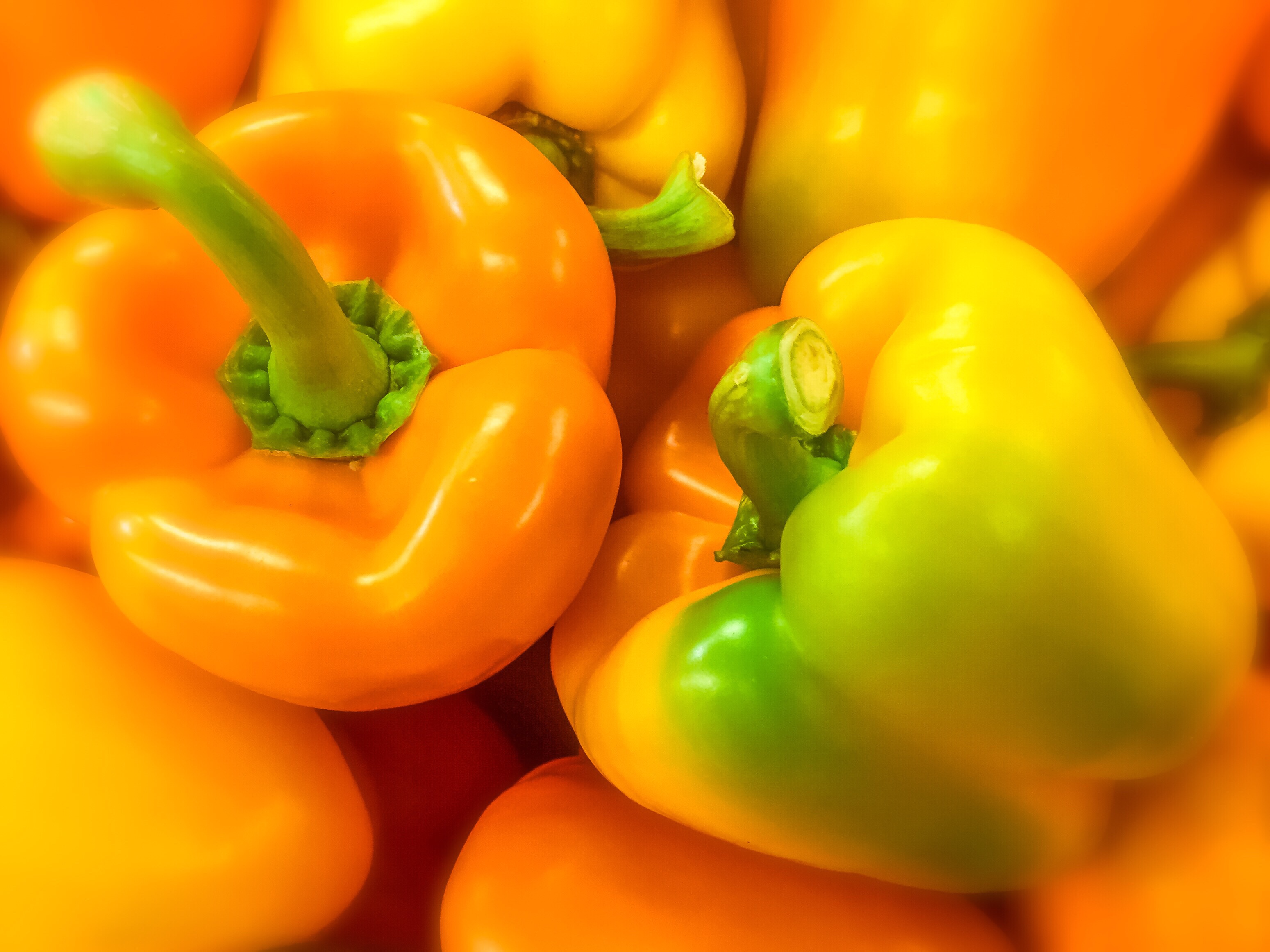
While red bell peppers are known for their vitamin C, the lesser-mentioned yellow and orange varieties are excellent sources of beta-carotene, which the body converts into vitamin A. This nutrient is essential for the repair and maintenance of skin tissues, directly supporting the body's natural collagen production. Vitamin A also helps to improve skin cell turnover, leading to a smoother, more radiant complexion. By consuming a variety of colored bell peppers, you get a full spectrum of nutrients that protect and enhance your skin's youthful appearance.
50. Cinnamon: The Cinnamaldehyde and Anti-Inflammatory Ally
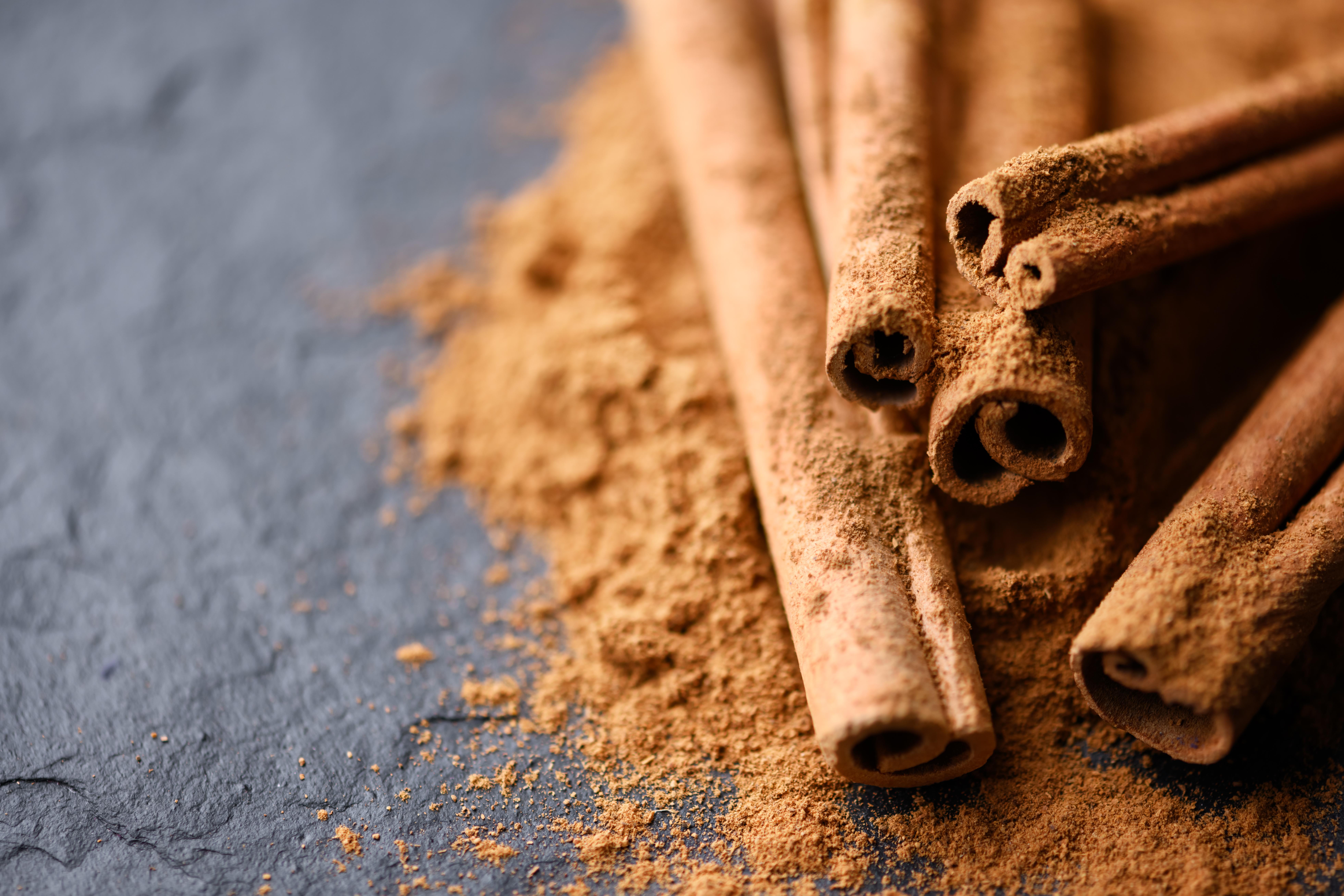
Cinnamon, a common spice, offers a surprising benefit for collagen health. It contains a compound called cinnamaldehyde, which has been shown to improve the synthesis of type I collagen. This is the most abundant type of collagen in the body, found in skin, tendons, and bones. Furthermore, cinnamon has powerful anti-inflammatory properties, helping to reduce the systemic inflammation that can lead to collagen degradation. Adding cinnamon to your oatmeal, smoothies, or tea is a simple and delicious way to support your body's collagen-building processes.
51. Sun-Dried Tomatoes: A Concentrated Lycopene Source
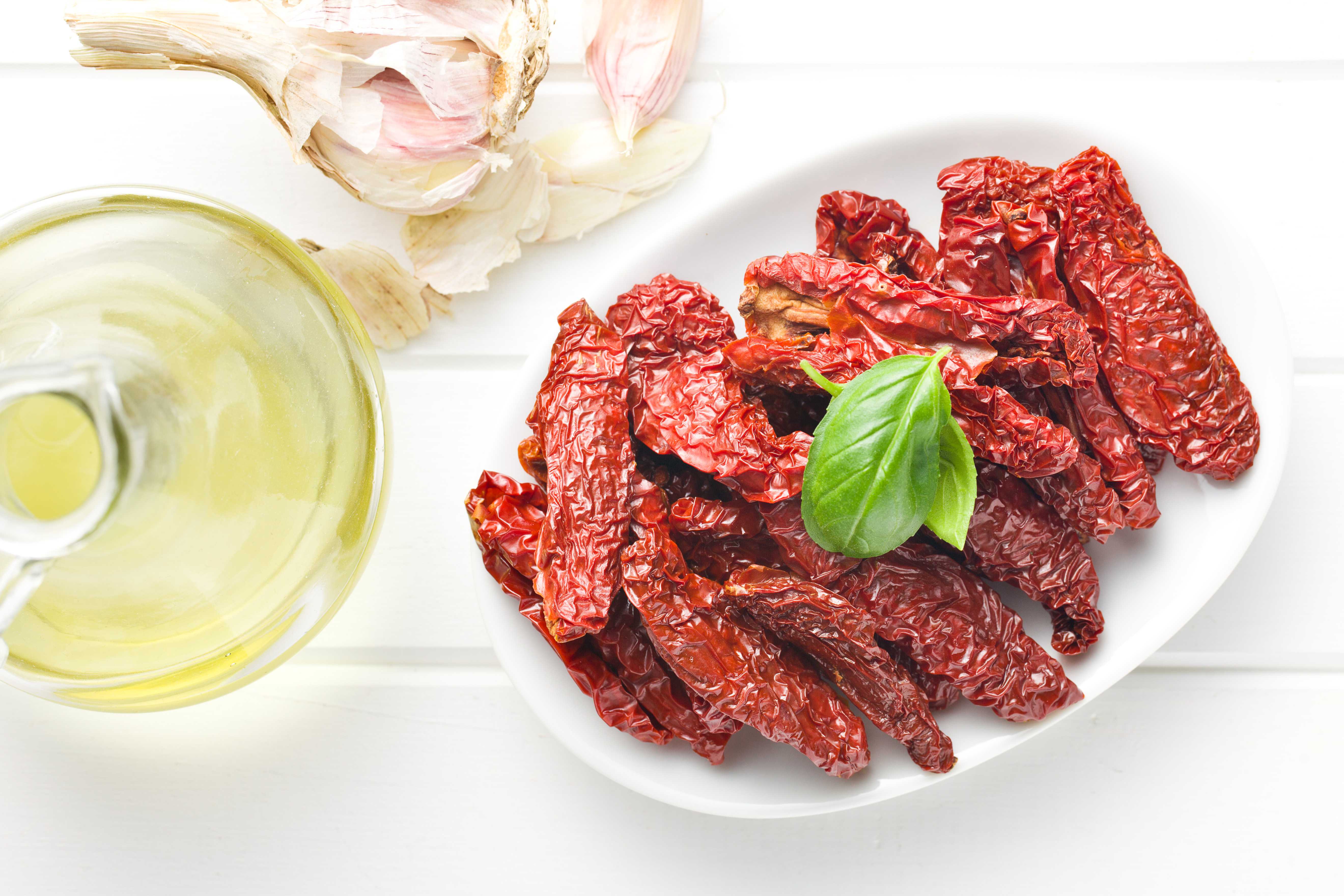
Sun-dried tomatoes offer a concentrated and potent source of lycopene. The drying process enhances the bioavailability of this powerful antioxidant, making it easier for your body to absorb. Lycopene is crucial for protecting the skin from UV-induced collagen breakdown, acting as an internal sunscreen. Adding sun-dried tomatoes to salads, pasta dishes, or sandwiches provides a concentrated, flavorful dose of this protective compound that helps preserve your skin's firmness and elasticity.
52. Cabbage: The Sulforaphane and Antioxidant Powerhouse
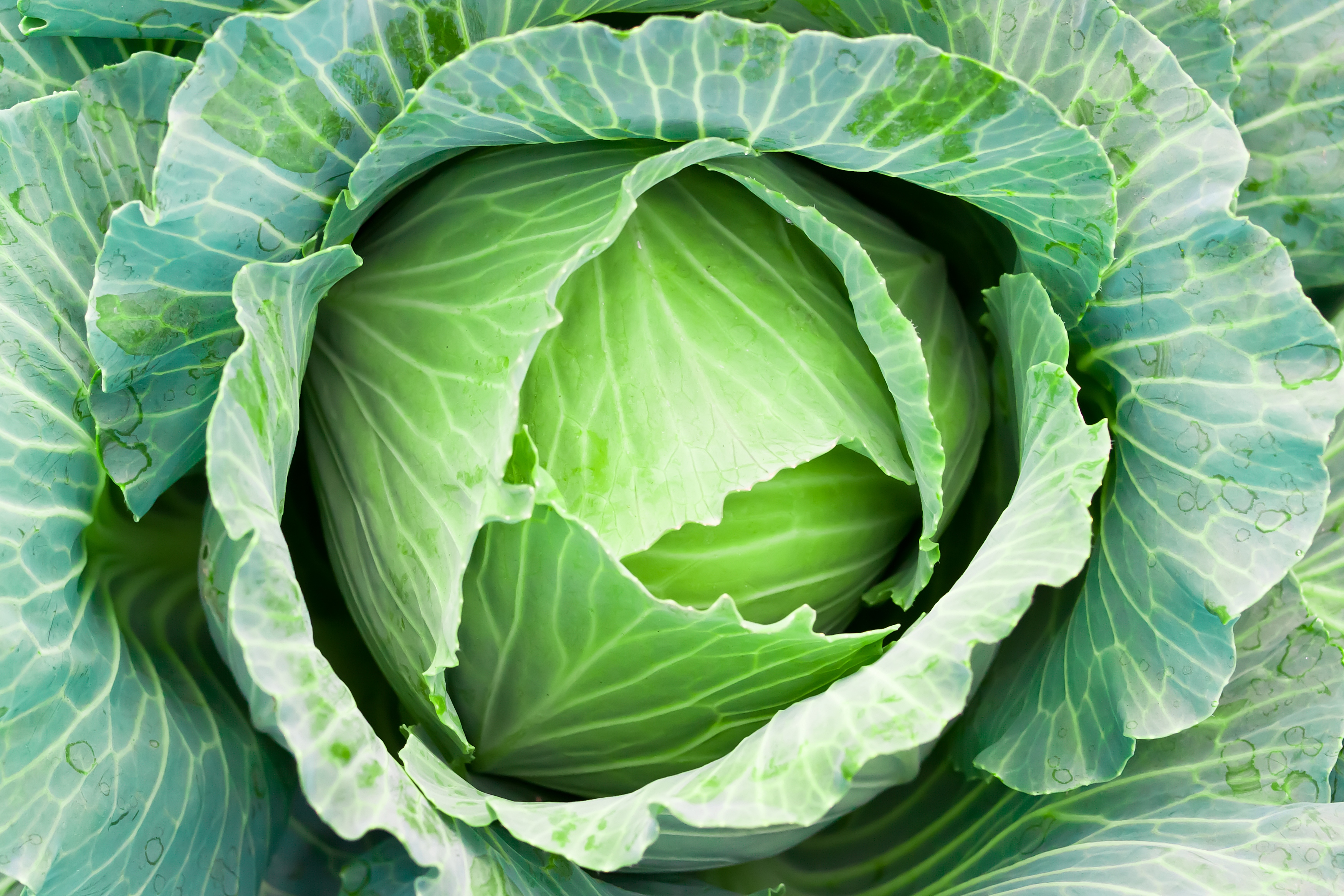
Cabbage is a humble yet mighty vegetable for collagen support. It's rich in sulforaphane, a compound that protects the body from oxidative stress and inflammation, two key drivers of collagen breakdown. Cabbage also contains a range of other antioxidants and vitamins, including vitamin C and vitamin A, which are essential for collagen synthesis and tissue repair. Whether you enjoy it raw in coleslaw, fermented as sauerkraut, or cooked in soups and stews, cabbage provides a powerful and inexpensive way to boost your collagen health.
53. Red Lentils: The Lysine and Iron Duo
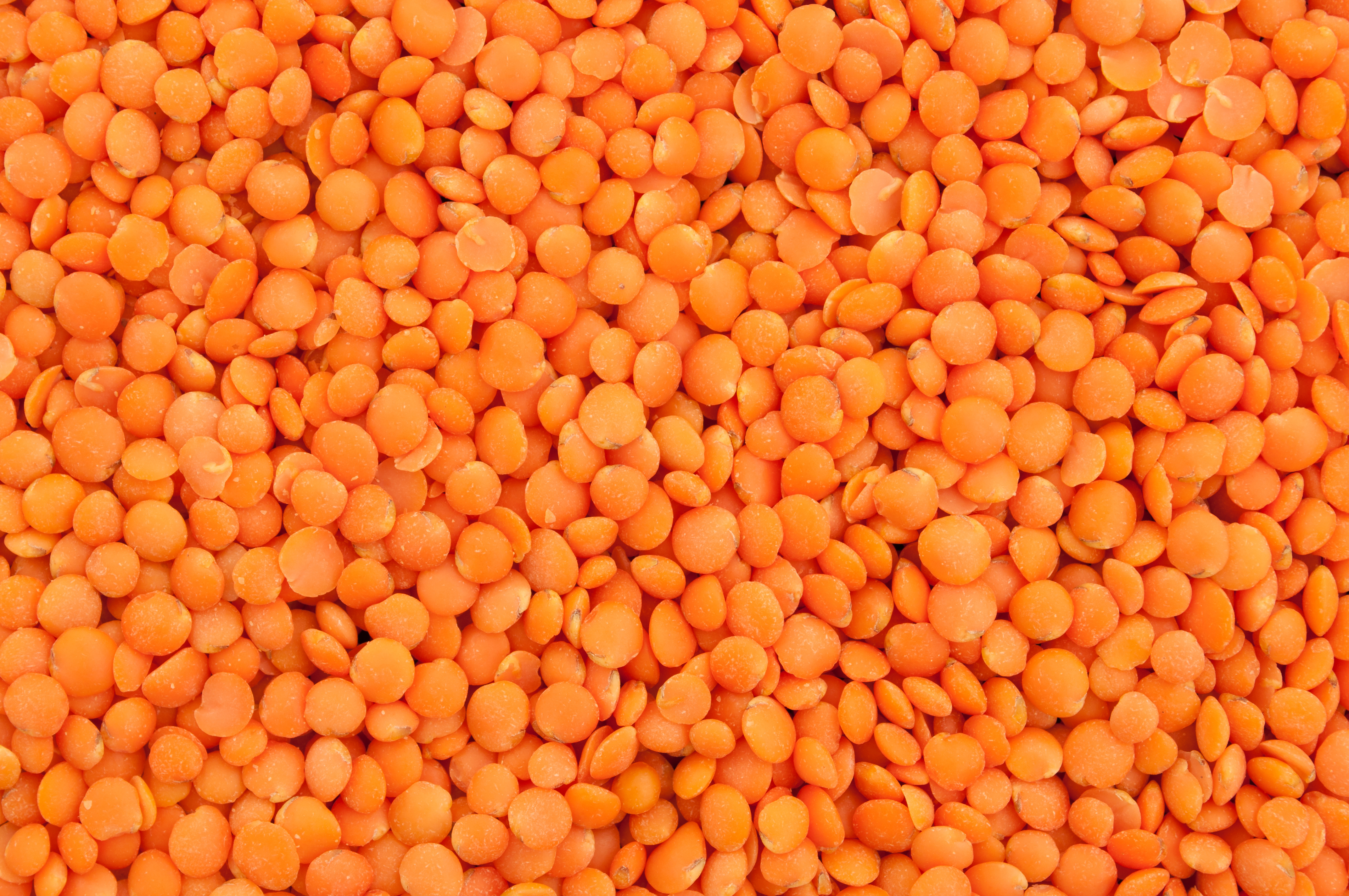
Red lentils are an excellent plant-based source of two critical nutrients for collagen. First, they are rich in the amino acid lysine, which is a fundamental building block of collagen. Second, they are a great source of iron, a mineral that plays a crucial role in the activation of the enzymes needed to synthesize and stabilize collagen. The combination of these two nutrients makes red lentils a fantastic addition to a collagen-friendly diet, especially for those who follow a vegetarian or vegan lifestyle.
54. Moringa: The Green Anti-Inflammatory
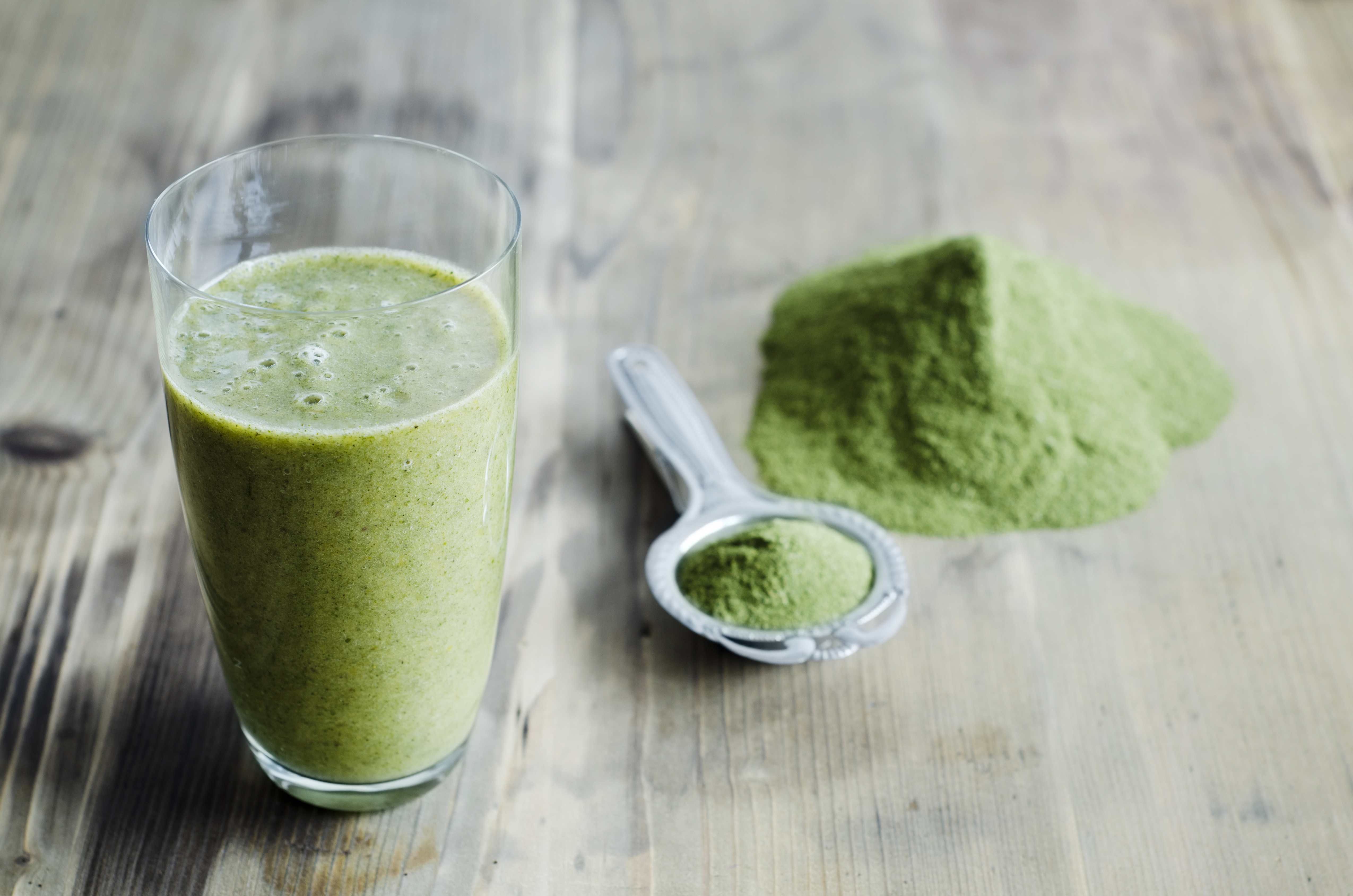
Often called the "miracle tree," moringa is a leafy plant with an impressive nutritional profile. The leaves, often consumed as a powdered supplement, are loaded with isothiocyanates, a class of compounds that are potent anti-inflammatories. Moringa has been shown to significantly reduce inflammatory markers in the body and protect against oxidative stress. It is also a good source of vitamins A, C, and E, as well as calcium and iron. Its earthy, slightly bitter flavor can be masked by adding a spoonful to smoothies, green juices, or sauces. Moringa is a powerful, yet often overlooked, natural tool for combating inflammation at the cellular level.
55. Black Garlic: Aged for Greater Power
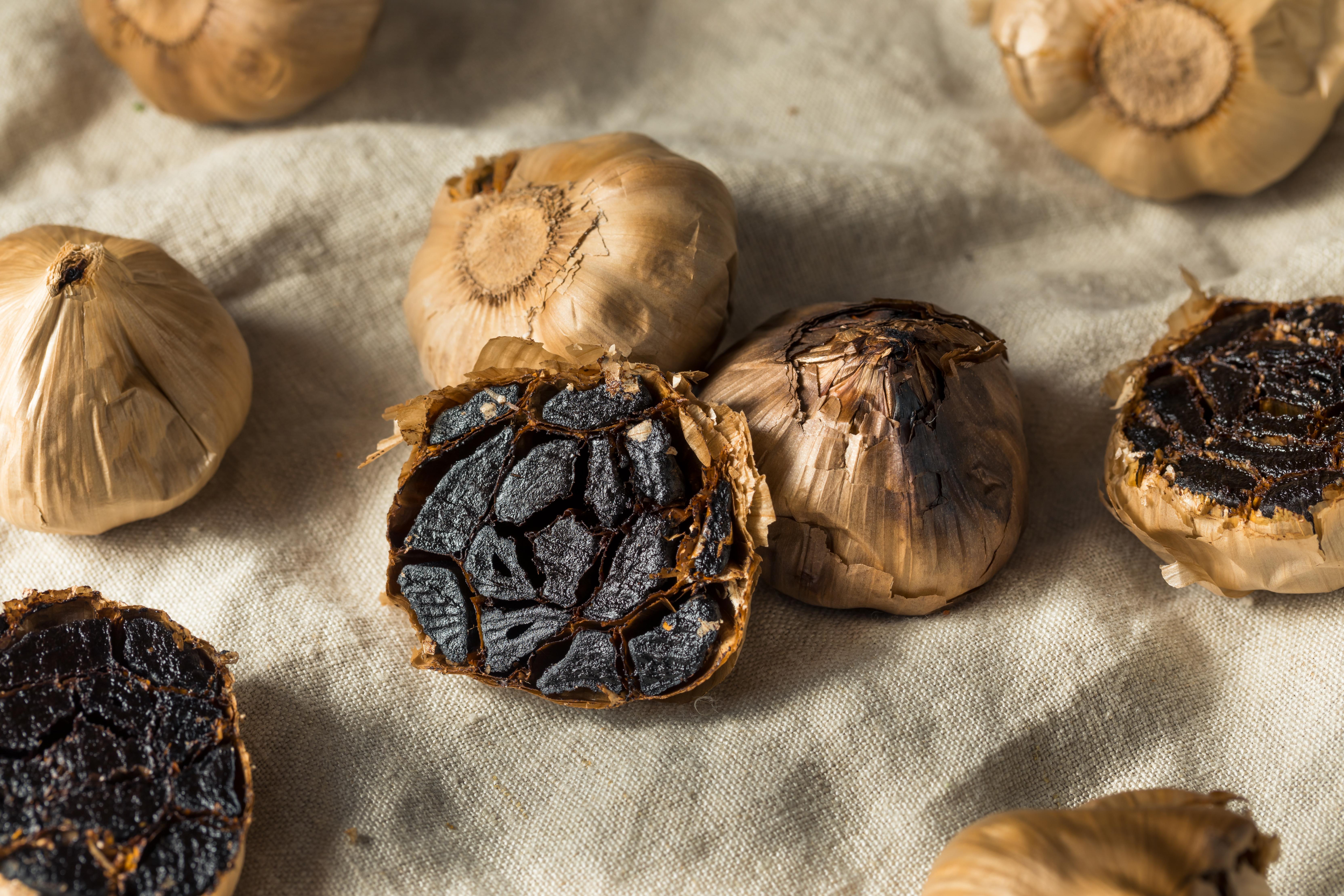
Black garlic, made by aging fresh garlic under controlled heat and humidity, transforms into a sweet, umami-rich superfood. But it's more than a culinary trend—it boasts double the antioxidants of raw garlic. Its high levels of S-allyl cysteine may help suppress inflammatory cytokines linked to collagen degradation. Black garlic also has a gentler effect on the stomach and breath, making it easier to consume regularly. Add it to dressings, sauces, or even spread it on toast. This mellow, molasses-like powerhouse offers a sophisticated and scientifically-backed approach to supporting the body’s collagen matrix.
56. White Beans: The Lysine and Copper Duo
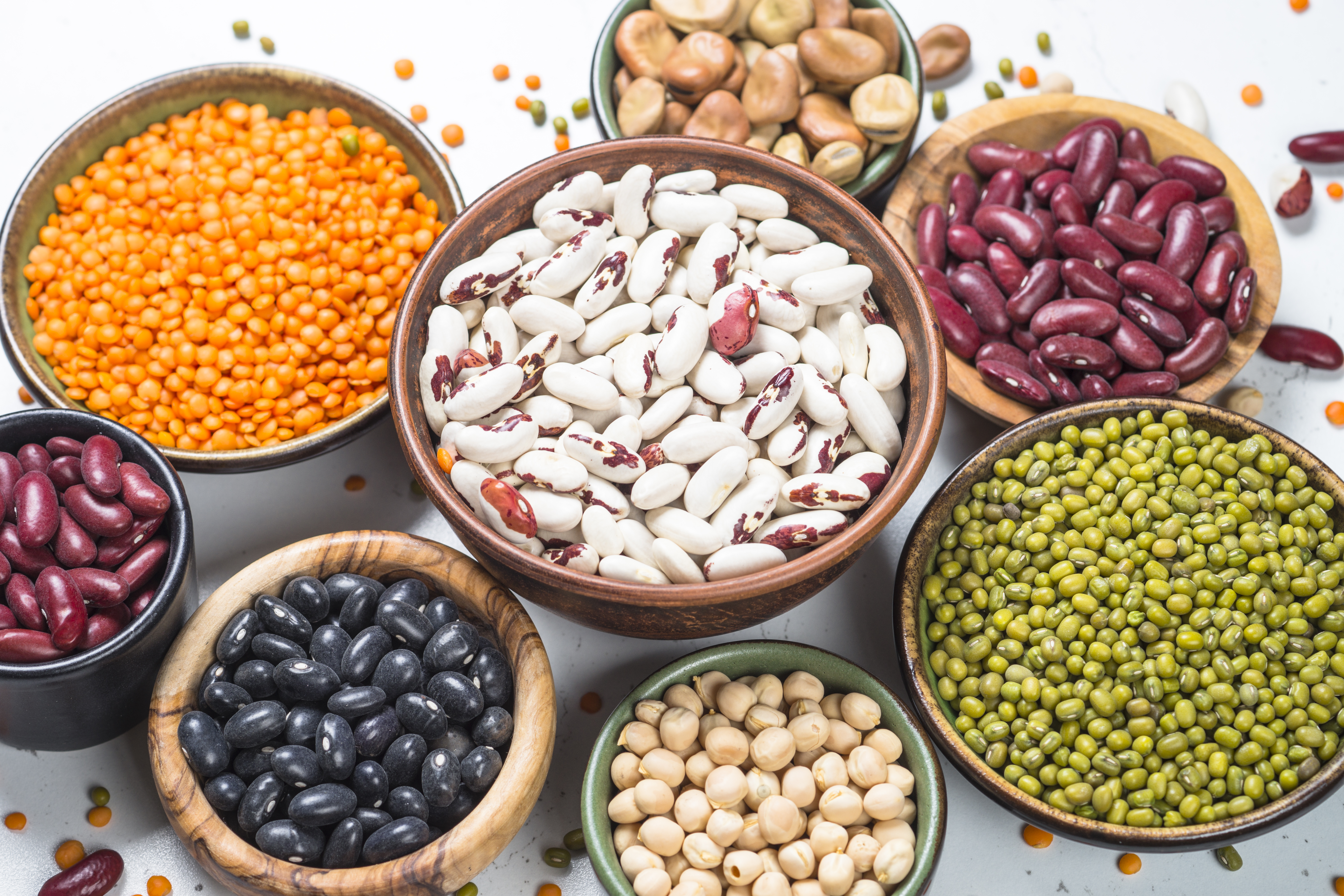
While you have other legumes on the list, white beans are a standout for their unique contribution to collagen synthesis. They are a fantastic source of lysine, a crucial amino acid that works alongside proline to form collagen molecules. Additionally, white beans provide a good dose of copper, a mineral essential for the proper formation of collagen fibers. These two nutrients work synergistically to support the structure and stability of collagen. Incorporating white beans into soups, salads, or as a side dish is a simple and effective way to provide your body with the foundational building blocks it needs for strong connective tissues.
57. Okra: The Mucilaginous Soother
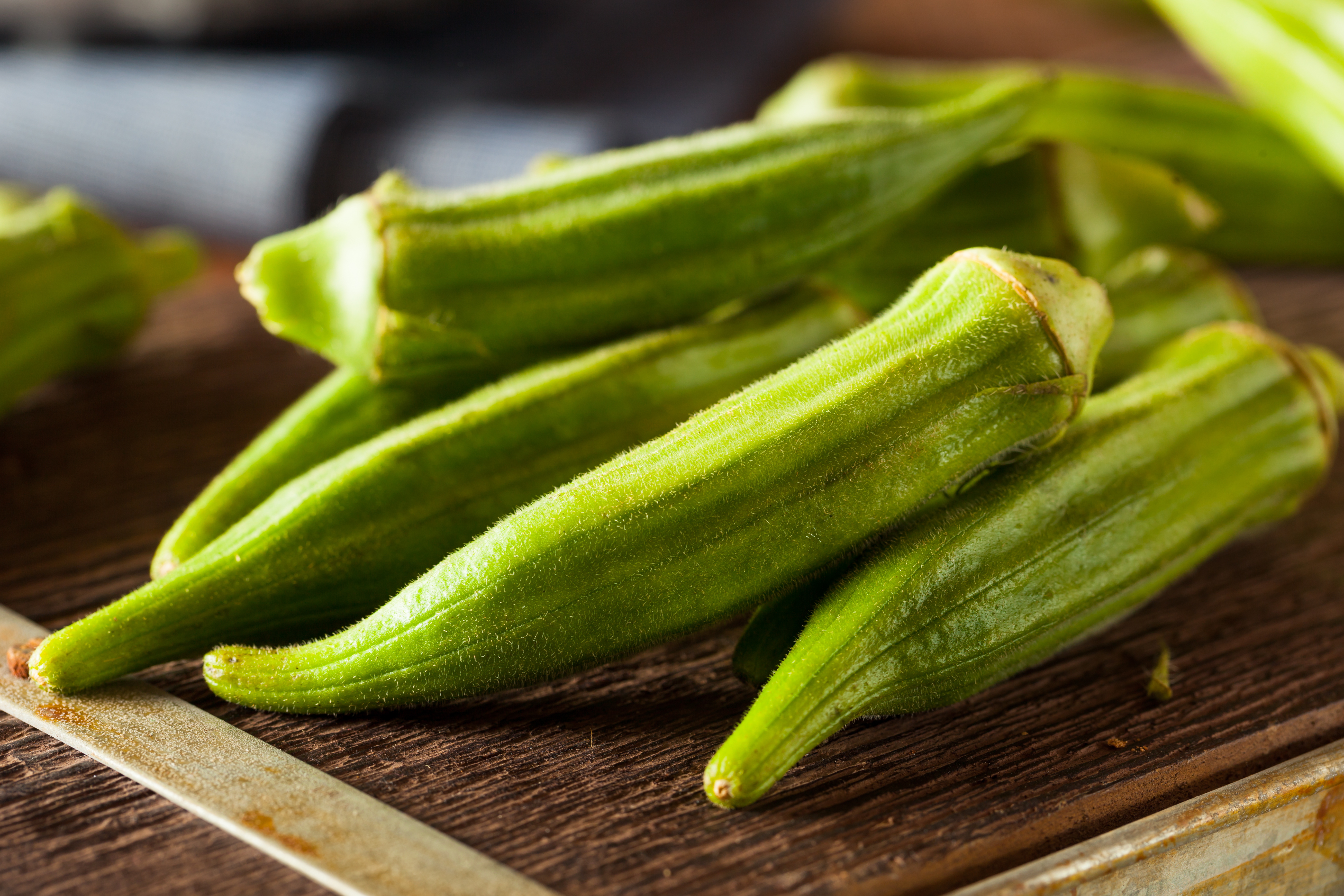
This often-misunderstood vegetable holds a unique secret for joint and skin health: its mucilage (the slimy substance). This mucilage, along with its fiber content, may provide a natural lubricating effect for joints and aid in reducing friction, potentially alleviating discomfort. Okra is also rich in Vitamin C and antioxidants that combat oxidative stress. Enjoy it stewed, grilled, or roasted (which reduces sliminess). Okra provides a distinctive, subtle way to support collagen integrity and reduce inflammation through its unique biochemical properties, making it an excellent addition to your list.
58. Chestnuts: The Lighter Nut with Vitamin C
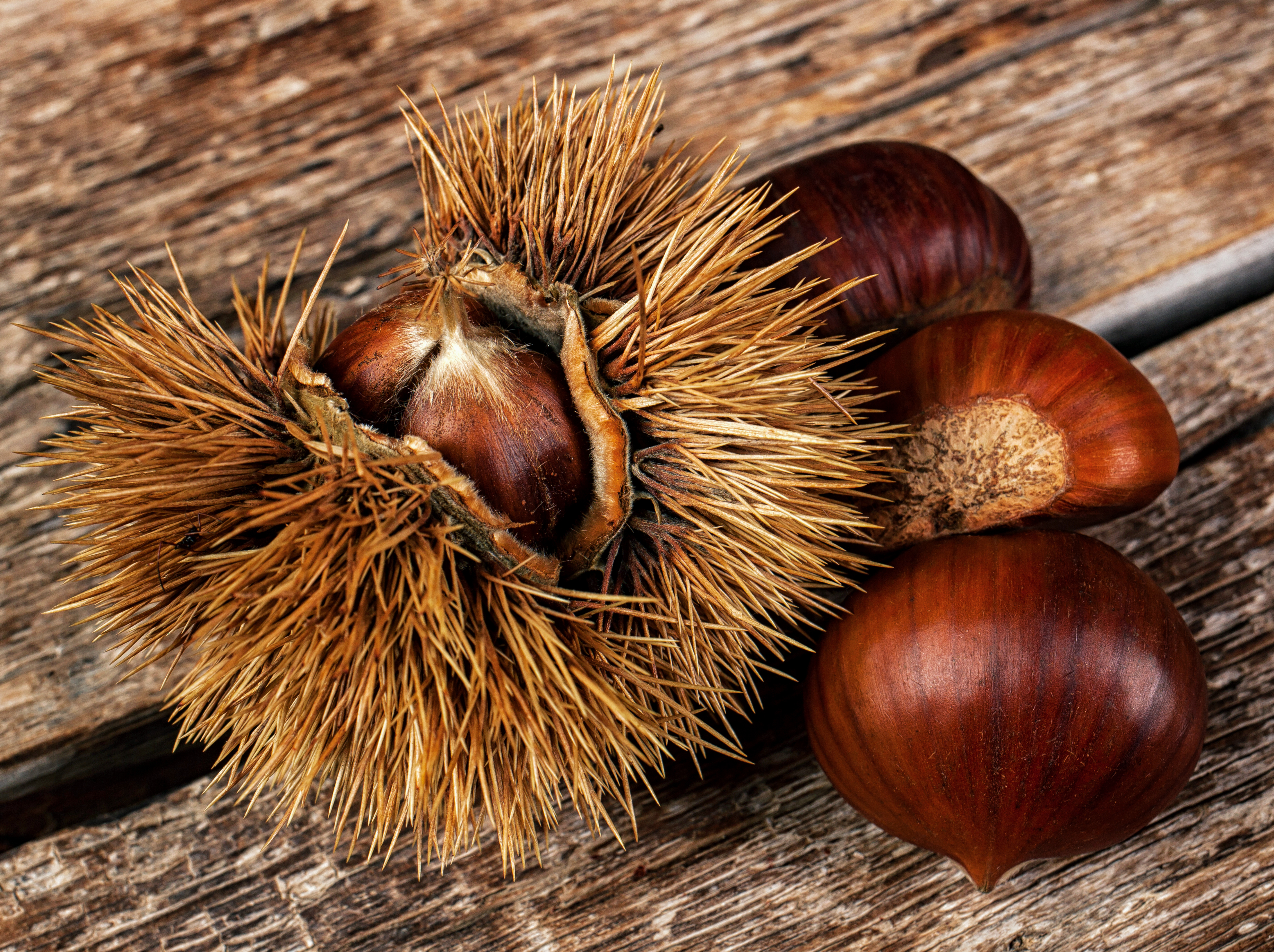
Unlike other nuts, chestnuts are a unique, low-fat nut that are an excellent source of Vitamin C, a crucial nutrient for collagen synthesis. They also provide manganese and copper, two trace minerals that are essential cofactors for the enzymes that produce and stabilize collagen. Roasted, boiled, or pureed into soups, chestnuts offer a uniquely starchy, sweet flavor that complements winter dishes. For those who find regular nuts too heavy or oily, chestnuts provide a lighter, nourishing option with anti-inflammatory benefits perfect for a collagen-friendly diet.
59. Pineapple: The Bromelain Facilitator
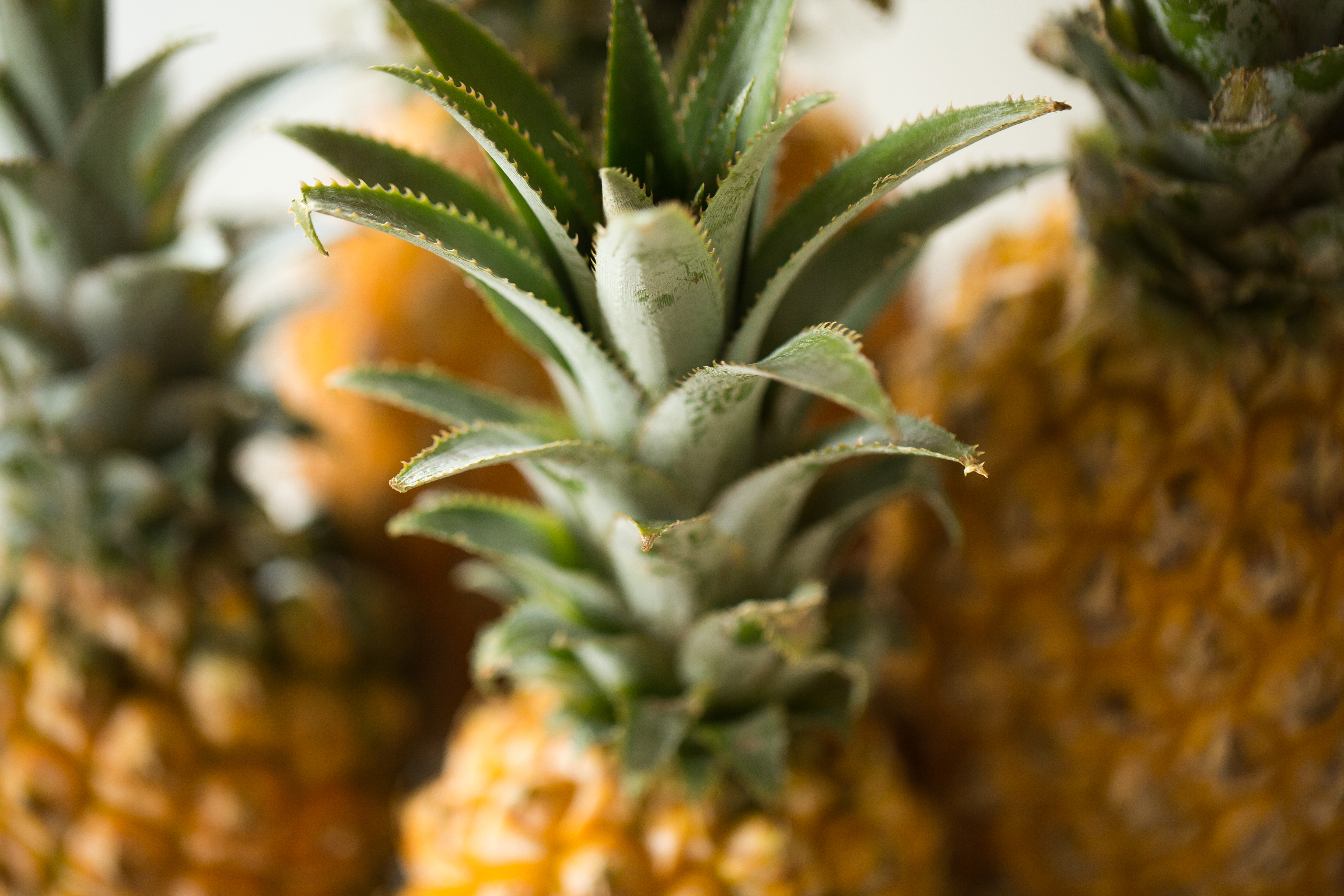
Pineapple is a delicious tropical fruit with a secret ingredient for collagen health: bromelain. This powerful enzyme is known for its anti-inflammatory properties and its ability to break down proteins. In the body, bromelain can help reduce inflammation that would otherwise damage collagen. It also plays a role in the repair of connective tissue, indirectly supporting the synthesis of new collagen. By adding pineapple to your diet—whether fresh, grilled, or in smoothies—you're providing your body with a unique enzyme that helps preserve your existing collagen and supports tissue healing.
60. Horsetail: The Silica-Rich Plant
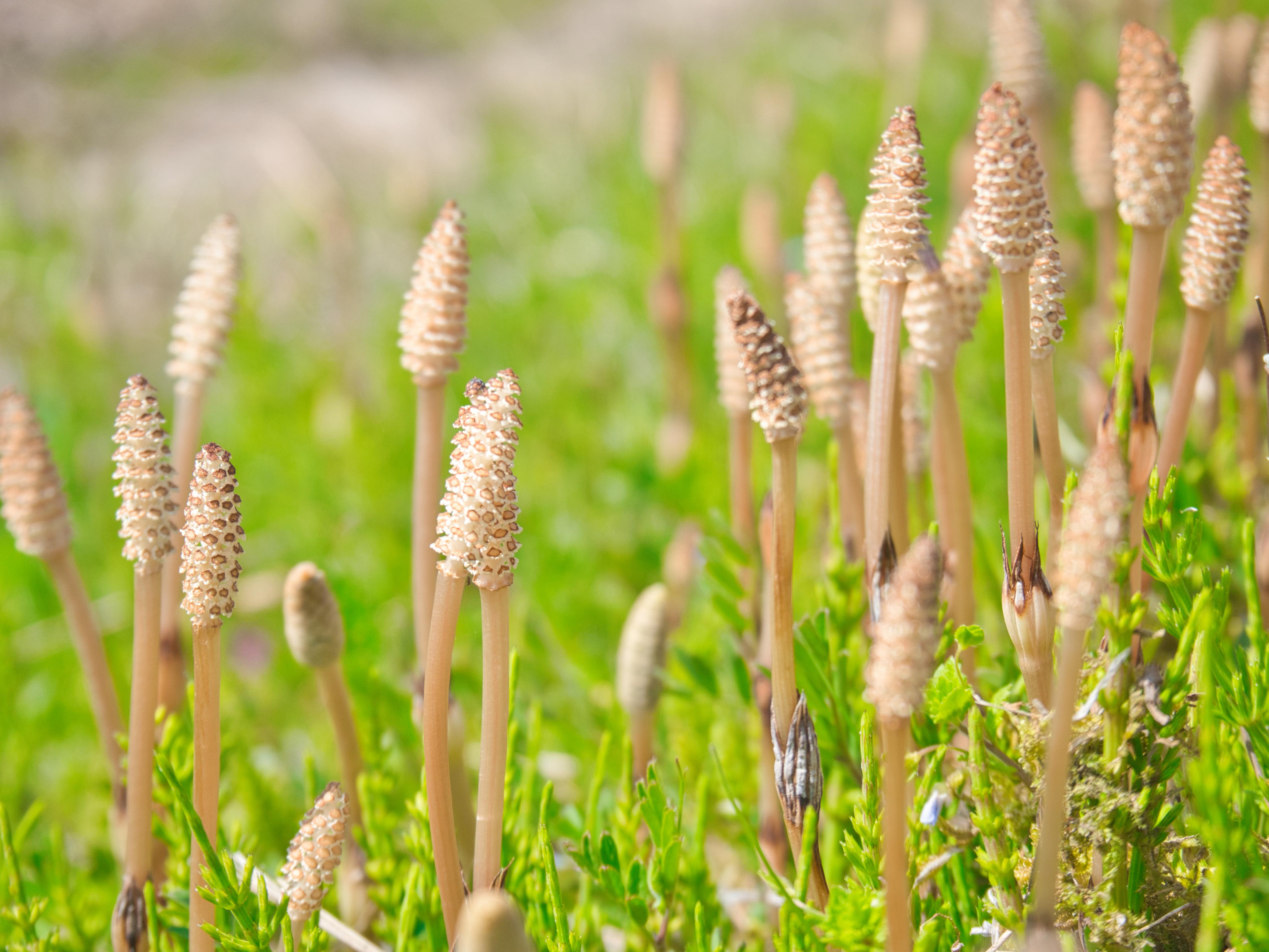
Often overlooked, the horsetail plant is a fantastic natural source of silica, a trace mineral that is essential for the formation of collagen and healthy connective tissue. Silica plays a crucial role in strengthening the collagen matrix, ensuring its structural integrity and resilience. It also contributes to the health of hair, skin, and nails. While it's not a common food, you can find horsetail as a tea or a supplement. Incorporating this plant into your routine offers a direct, natural way to supply your body with the fundamental building blocks it needs to produce and maintain robust collagen.
61. Mussels: The Manganese and Copper Boost
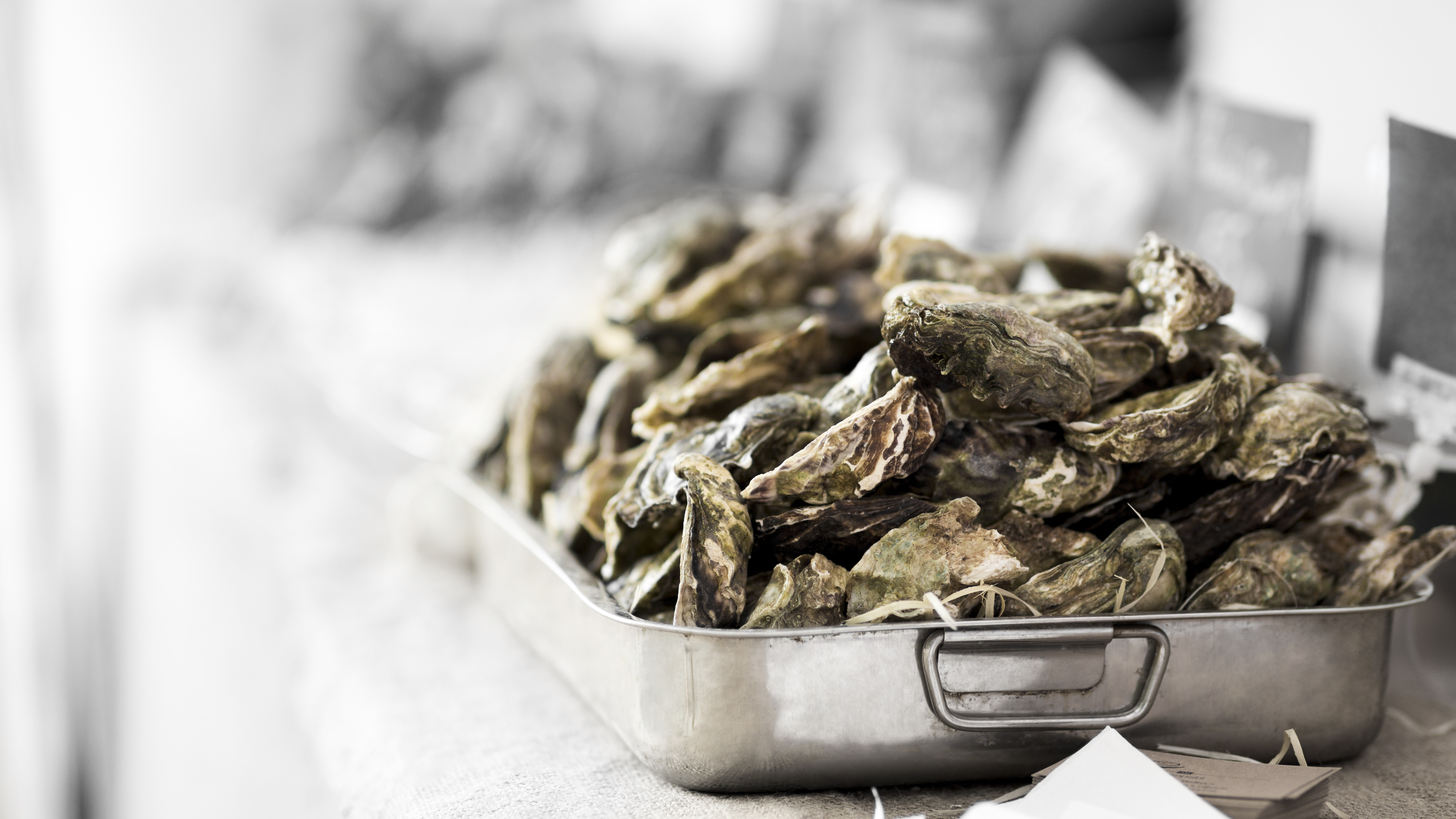
Mussels deserve a specific mention for their high concentration of two key minerals: manganese and copper. Manganese is a vital cofactor for the enzymes that produce and cross-link collagen, ensuring the protein is properly formed and stable. Copper helps form the collagen matrix, supporting skin elasticity and strength. Mussels are also rich in a complete amino acid profile. By adding them to your diet—steamed or in soups—you get a nutrient-dense, bioavailable source of the specific minerals needed to activate and support your body's collagen-building processes.
62. Potatoes: The Unsung Hyaluronic Acid Stimulator
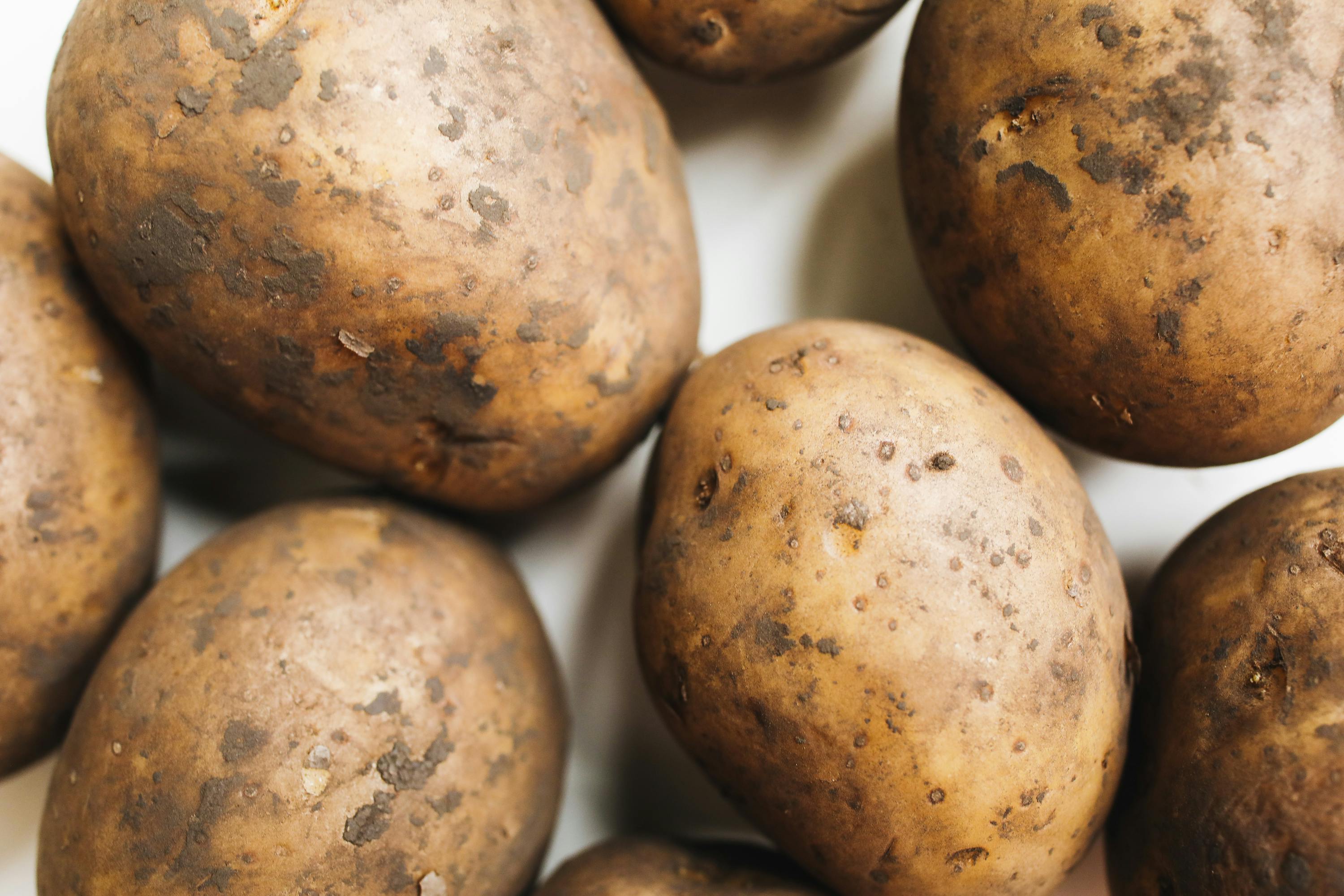
Potatoes are a surprising ally for collagen health because of their role in helping the body produce hyaluronic acid, a crucial molecule for skin hydration and suppleness. The body uses the starch from potatoes as a building block for hyaluronic acid, which helps to keep your skin plump and hydrated. Hydrated skin is more resilient and less prone to wrinkles, helping to protect existing collagen fibers from damage. By including potatoes in your diet, you provide your body with the foundational material it needs to maintain skin's moisture barrier from within.
63. Sardines: A Calcium and Phosphorus Powerhouse
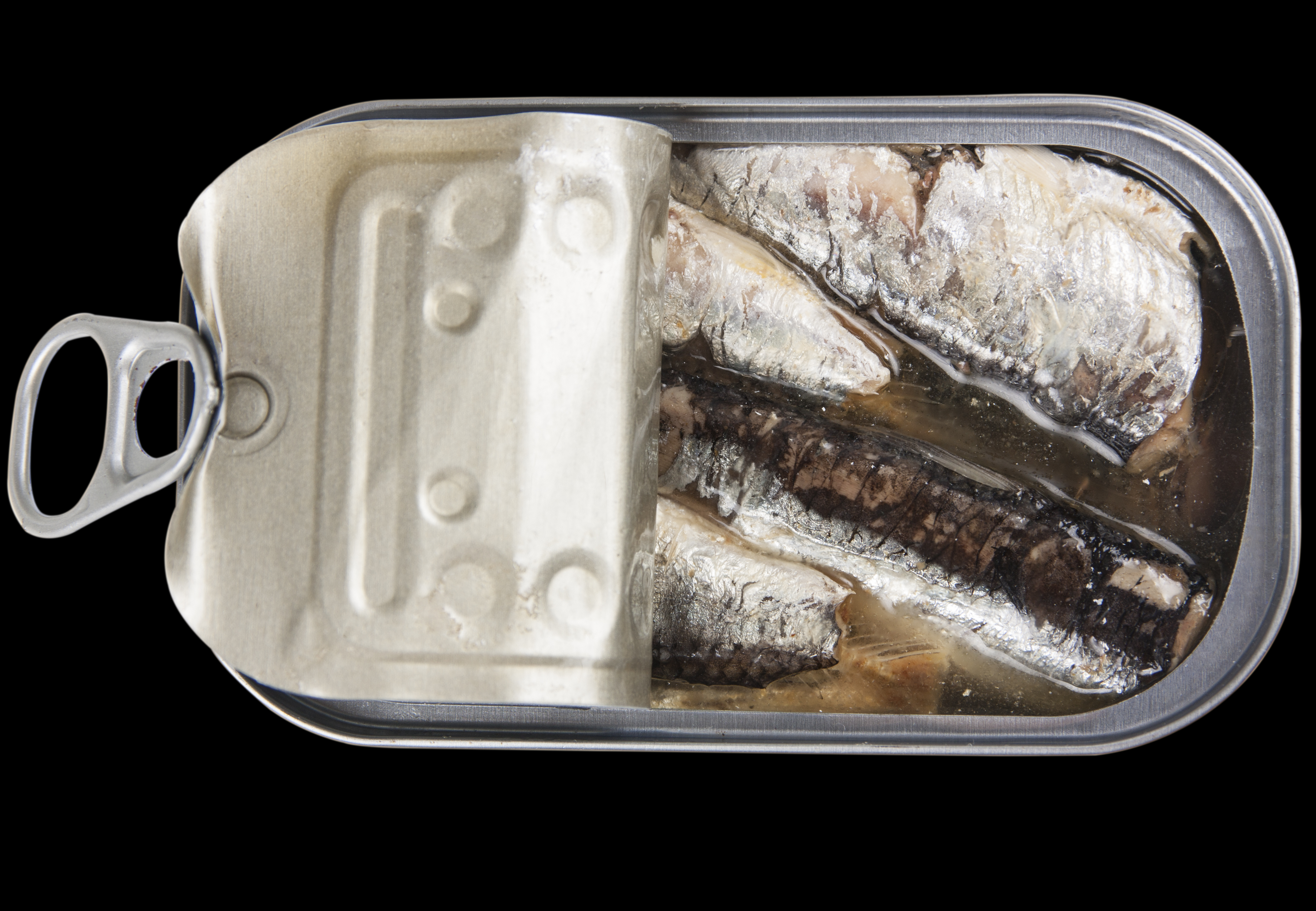
Sardines offer more than just Omega-3s. Because you eat the bones, they are an excellent source of calcium and phosphorus, the two primary minerals that make up bone structure. While these minerals don't create collagen directly, they are essential for building the rigid, mineralized matrix that collagen fibers are woven through in bone and cartilage. A diet rich in these minerals ensures that the collagen your body produces has a strong foundation to build upon. This makes sardines a comprehensive food for supporting the entire connective tissue system.
64. Alfalfa Sprouts: The Saponin and Bioavailable Mineral Source
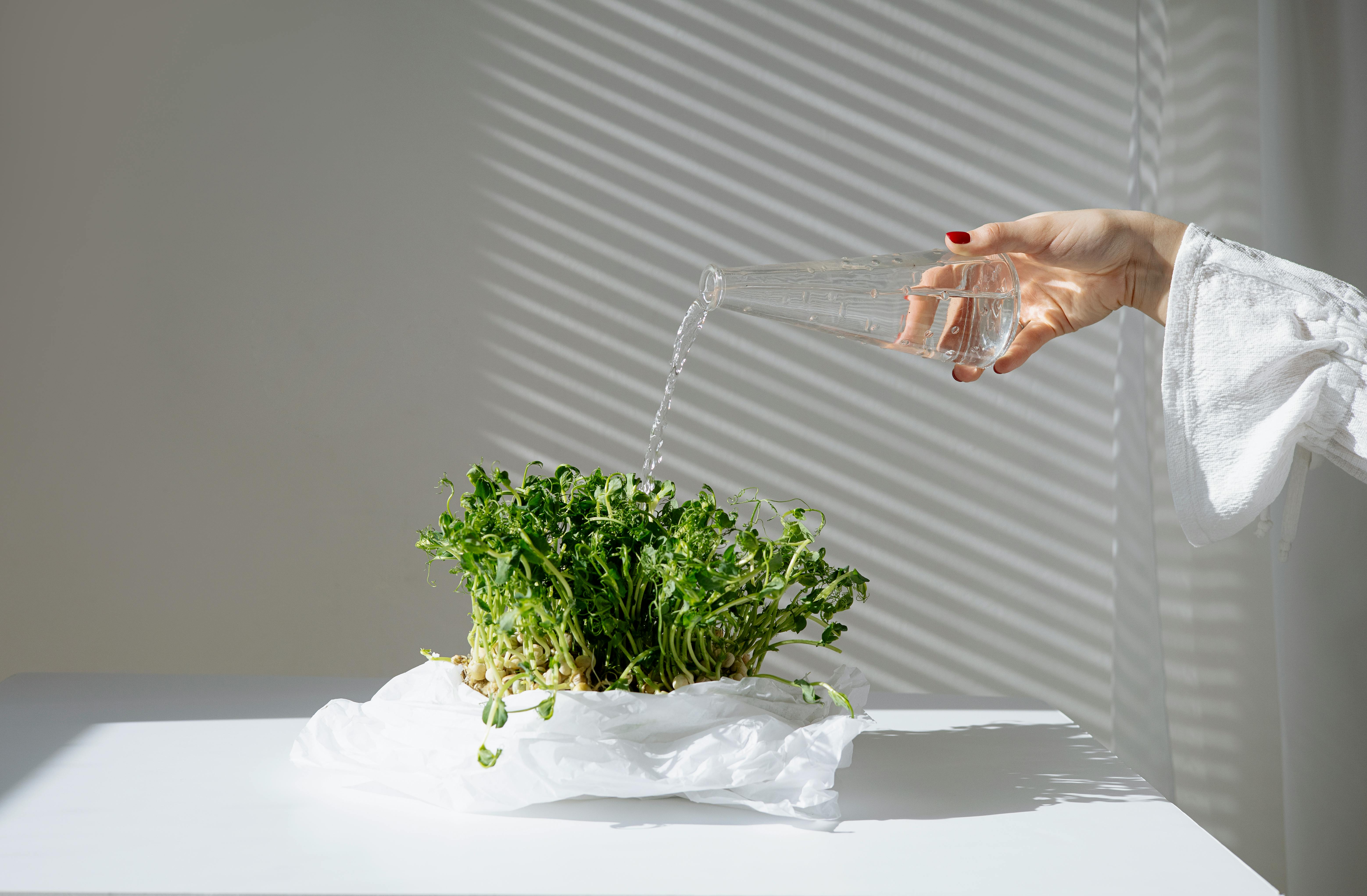
Alfalfa sprouts are a delicate, crunchy addition to salads and sandwiches, but their power for collagen support is rooted in their unique nutrient profile. They are rich in saponins, natural compounds that may support the body's utilization of nutrients essential for collagen. More importantly, alfalfa sprouts offer highly bioavailable copper and manganese, two trace minerals that are indispensable cofactors for lysyl oxidase, the enzyme responsible for cross-linking and stabilizing collagen fibers. Without these minerals, the collagen your body produces remains weak and disorganized. Eating raw sprouts provides a light, easily digestible source of these specific cofactors, ensuring the collagen structure you synthesize is strong and resilient.
65. Sesame Oil: The Lignan and Unsaturated Fat Stabilizer
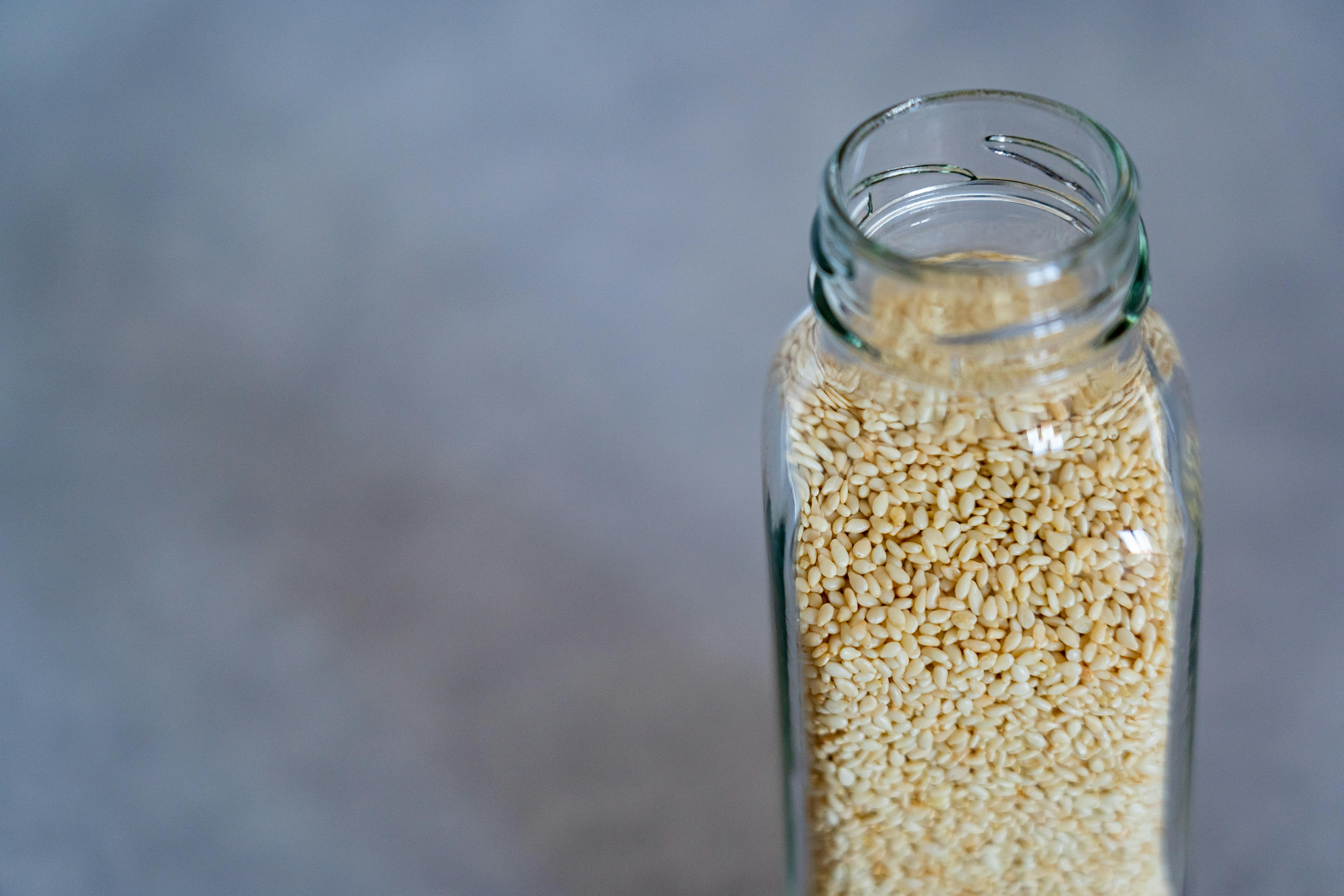
Sesame oil, particularly the unroasted variety, is a powerful, often overlooked stabilizer for skin and connective tissues. It is rich in monounsaturated fats (oleic acid) and unique compounds called lignans (sesamin and sesamolin). These lignans are potent antioxidants that actively reduce oxidative stress and inflammation, which are major drivers of collagen degradation. More structurally, the healthy fats in sesame oil help maintain the integrity of the subcutaneous fat layer, which supports the dermal layer where collagen resides. Using it in dressings or topical application provides dual defense: internal protection and external resilience.
Embracing Nature's Bounty for Collagen Support
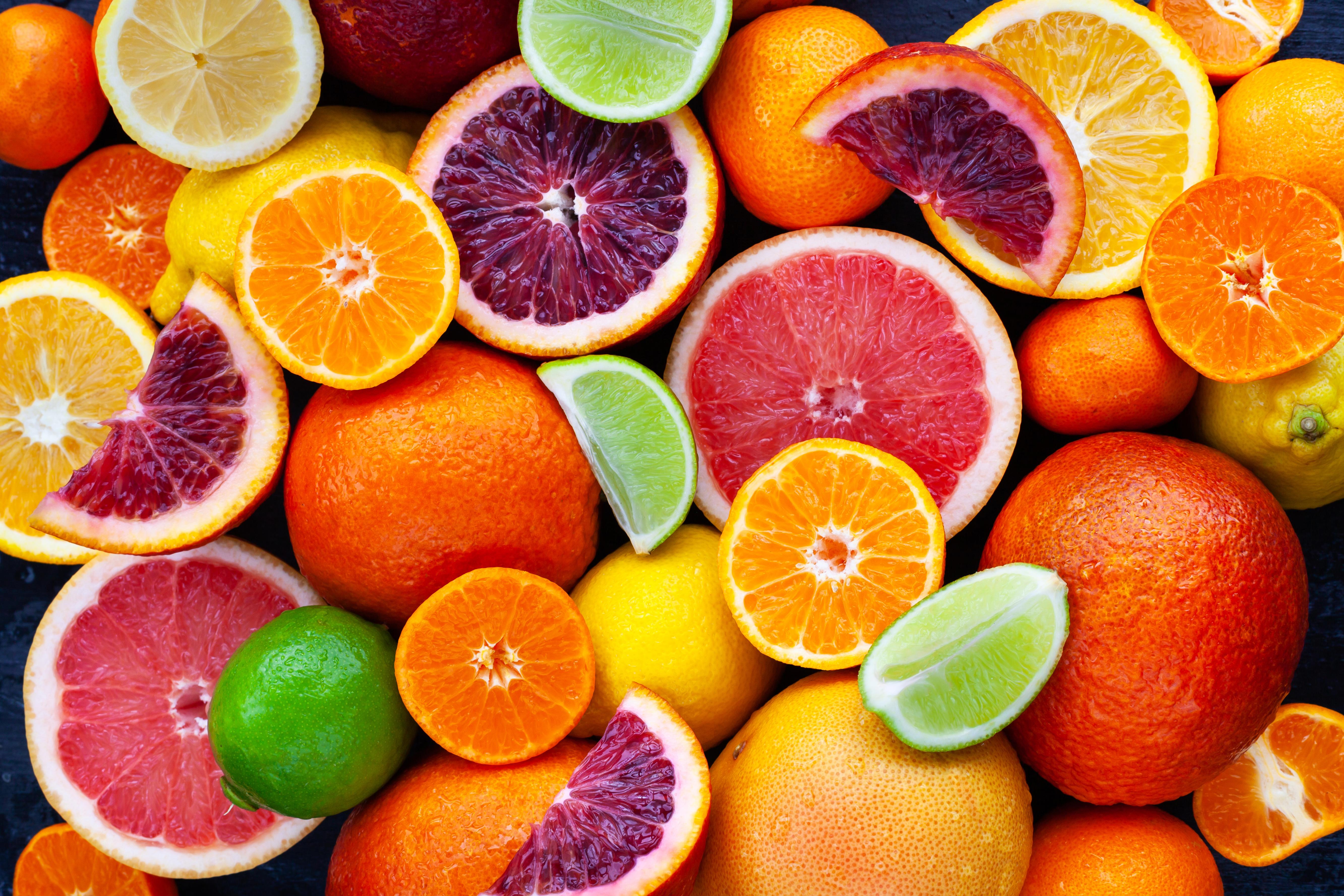
From vitamin C-rich citrus fruits and antioxidant-packed berries to mineral-rich shellfish and soy isoflavones, these foods provide a holistic approach to nurturing collagen. By embracing a diverse and balanced diet, you can naturally enhance your body's collagen levels, promoting skin health, joint function, and overall vitality. Let nature's bounty be your guide to a healthier, more radiant you.